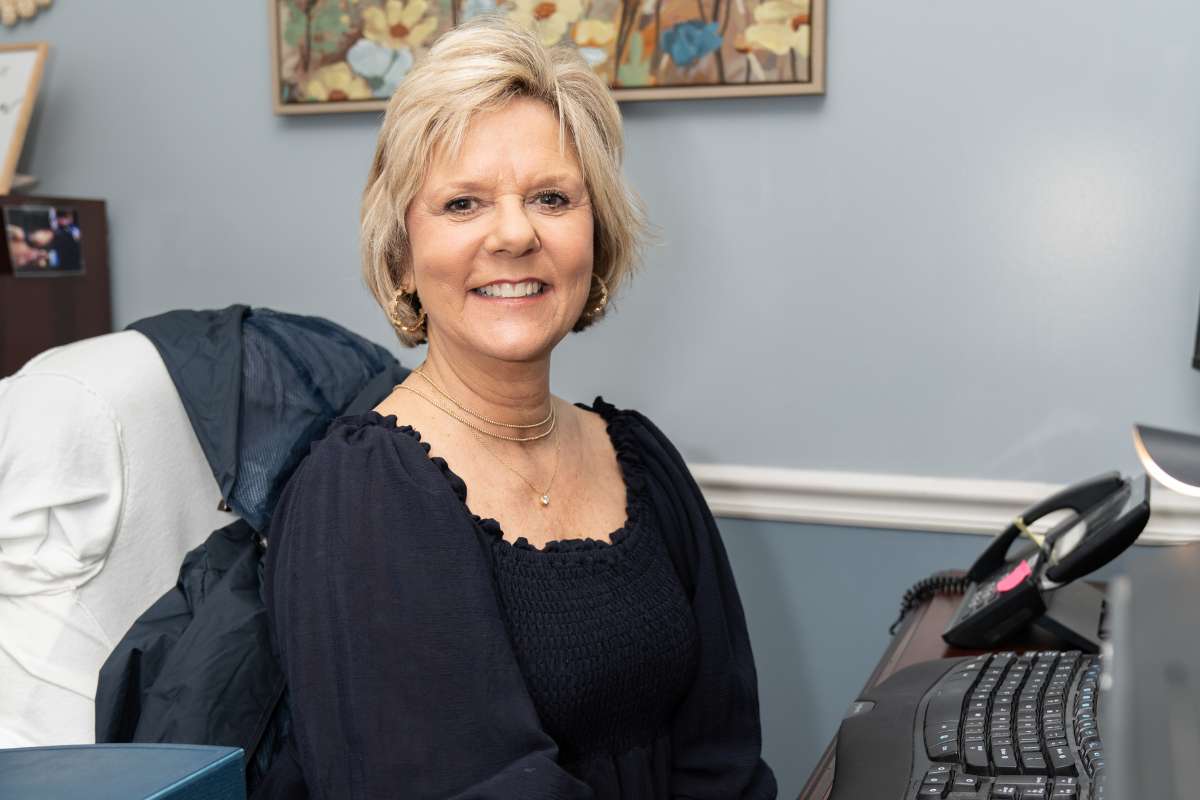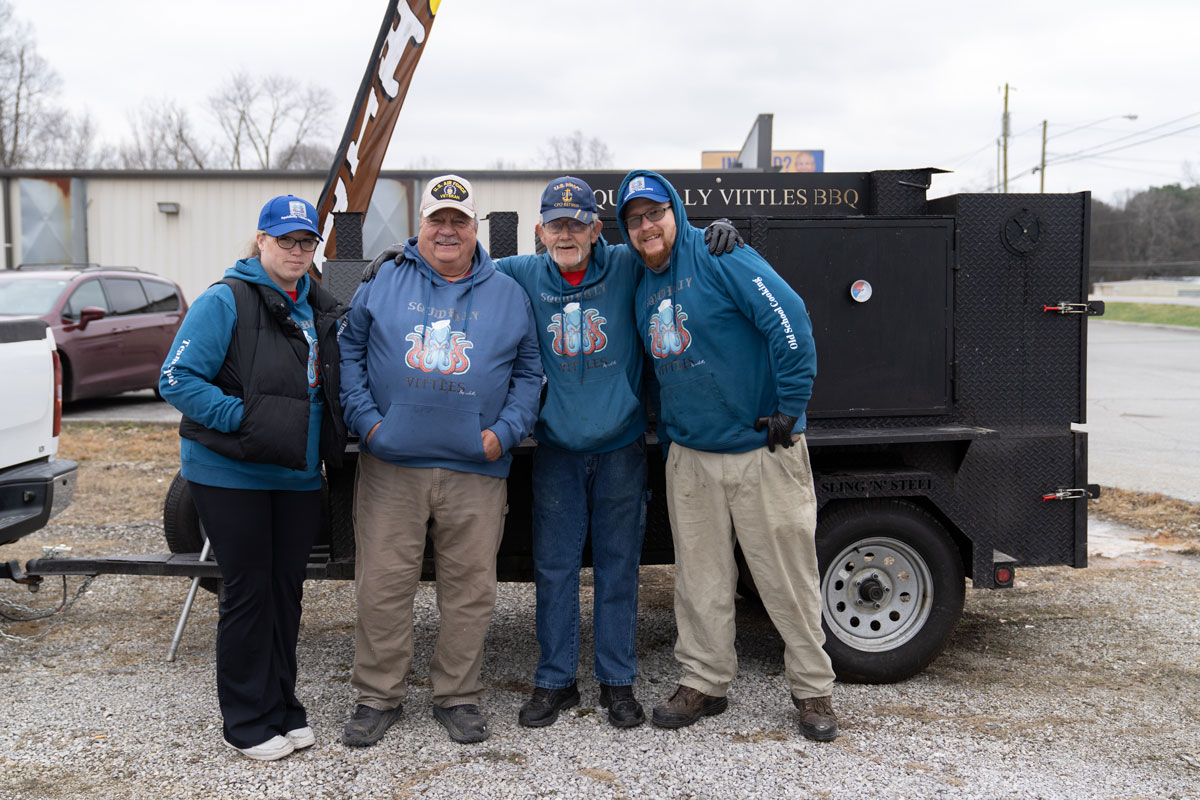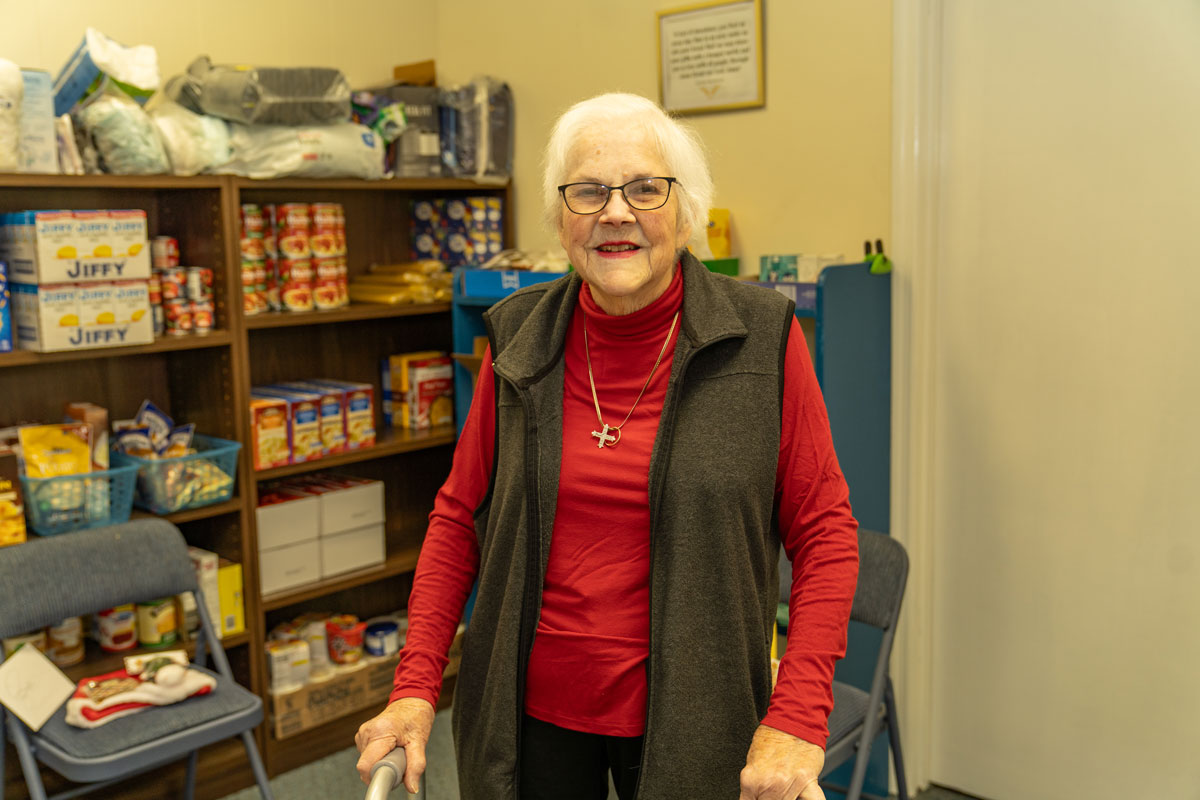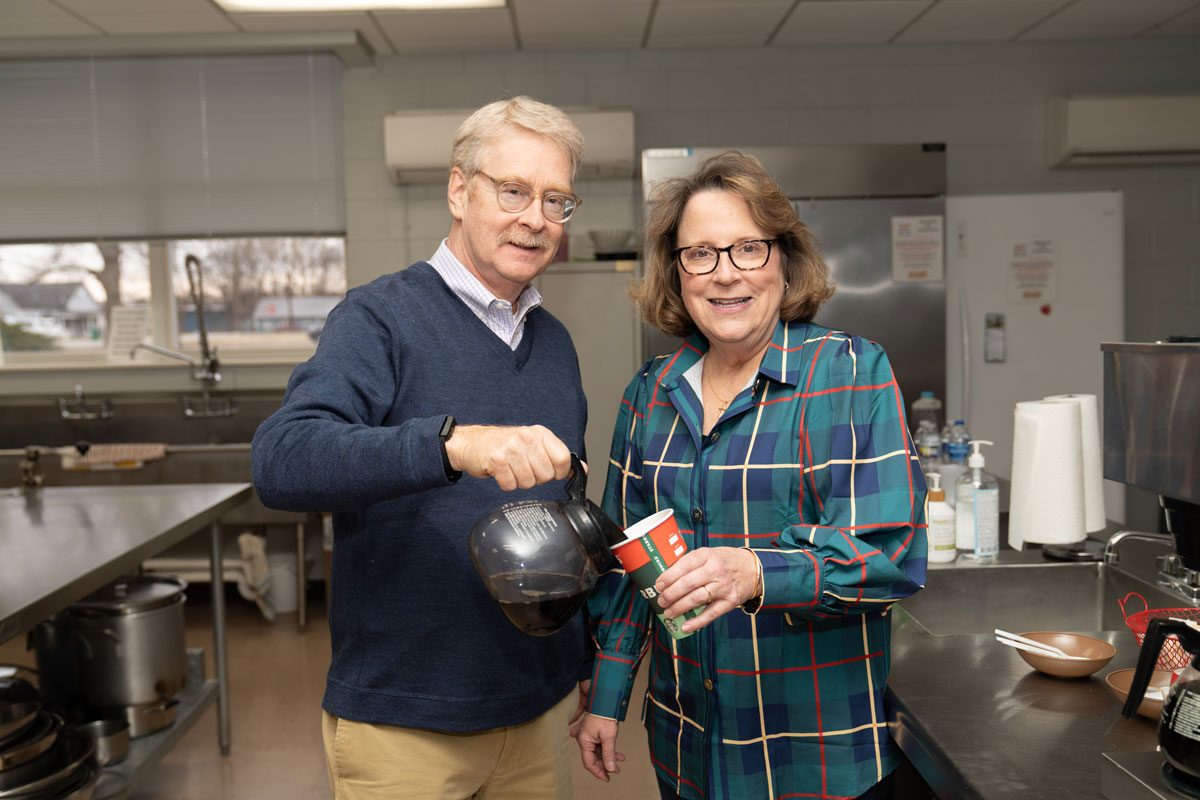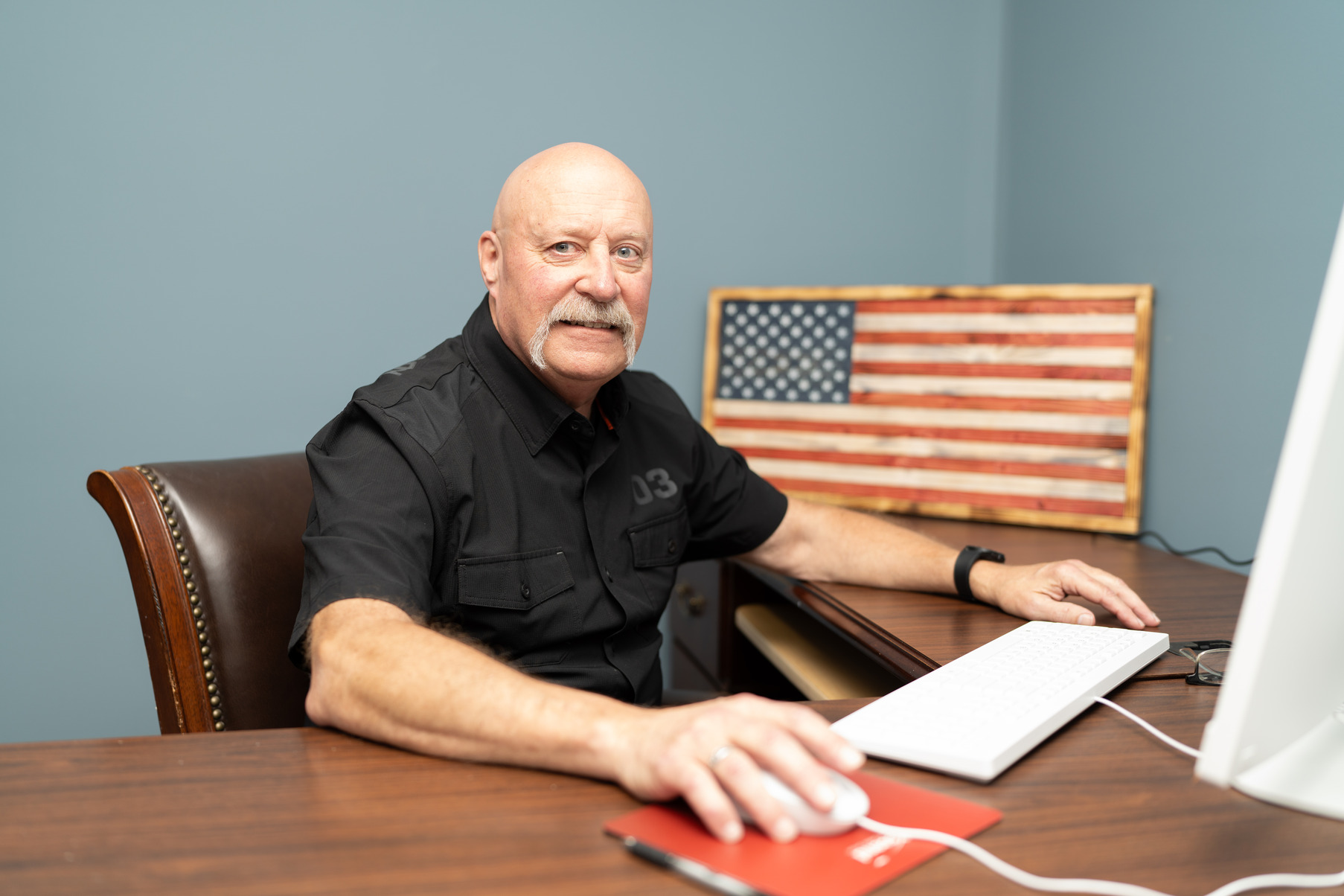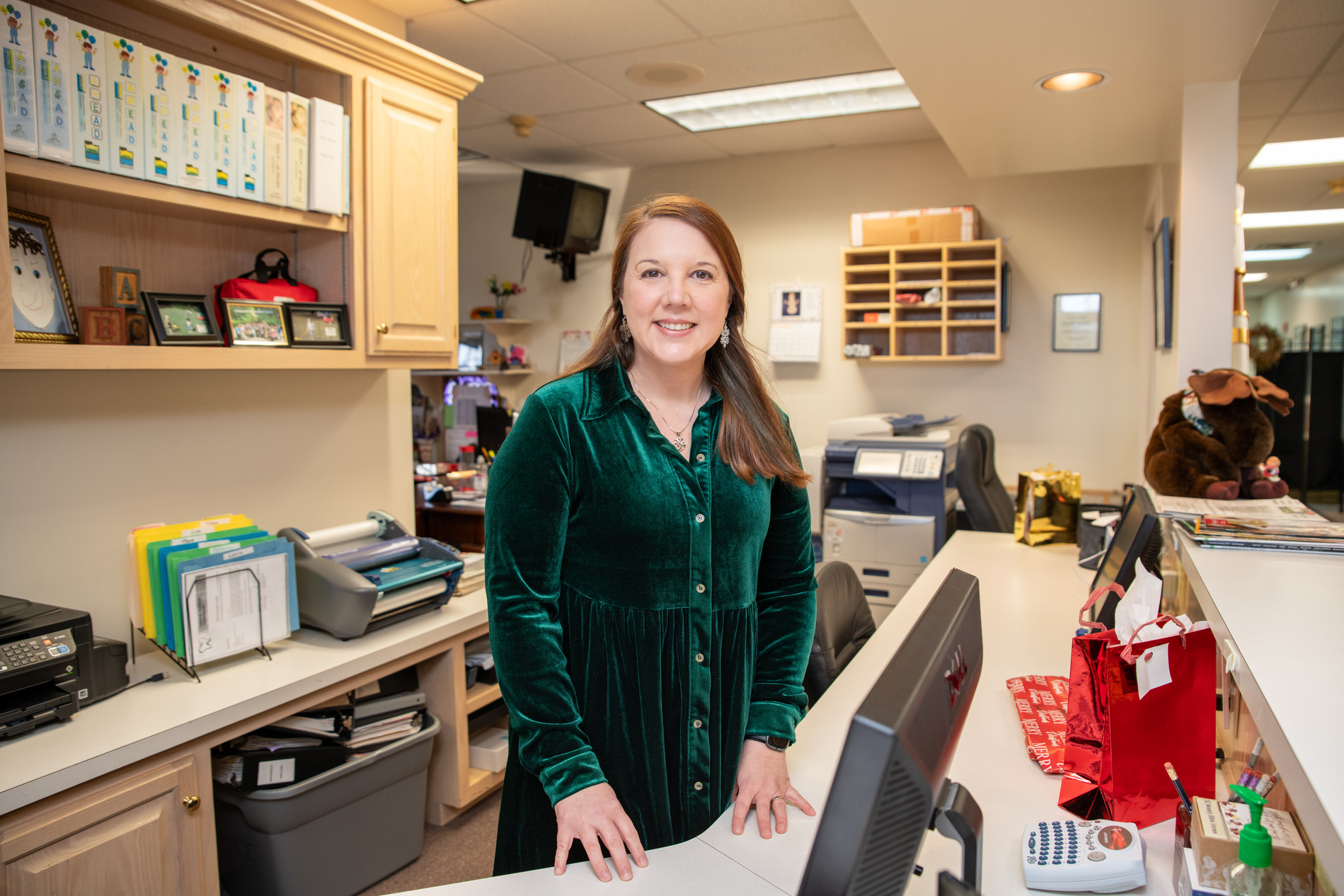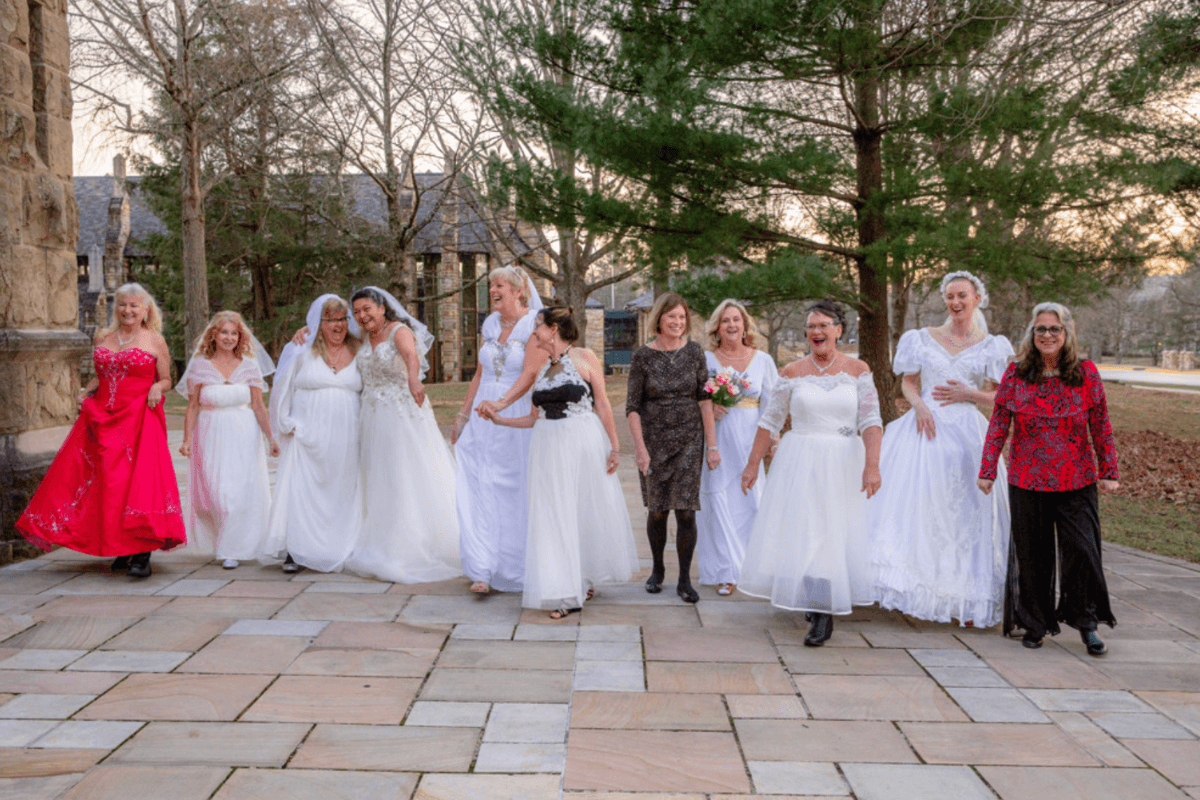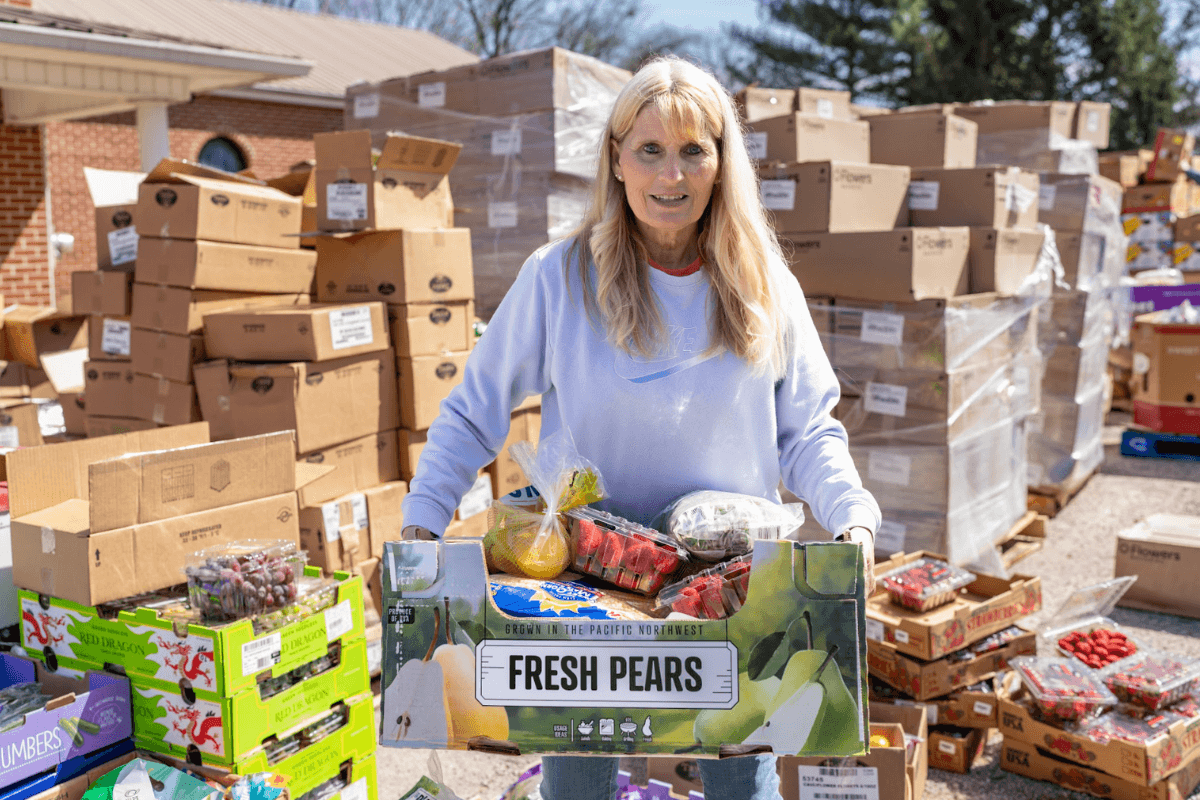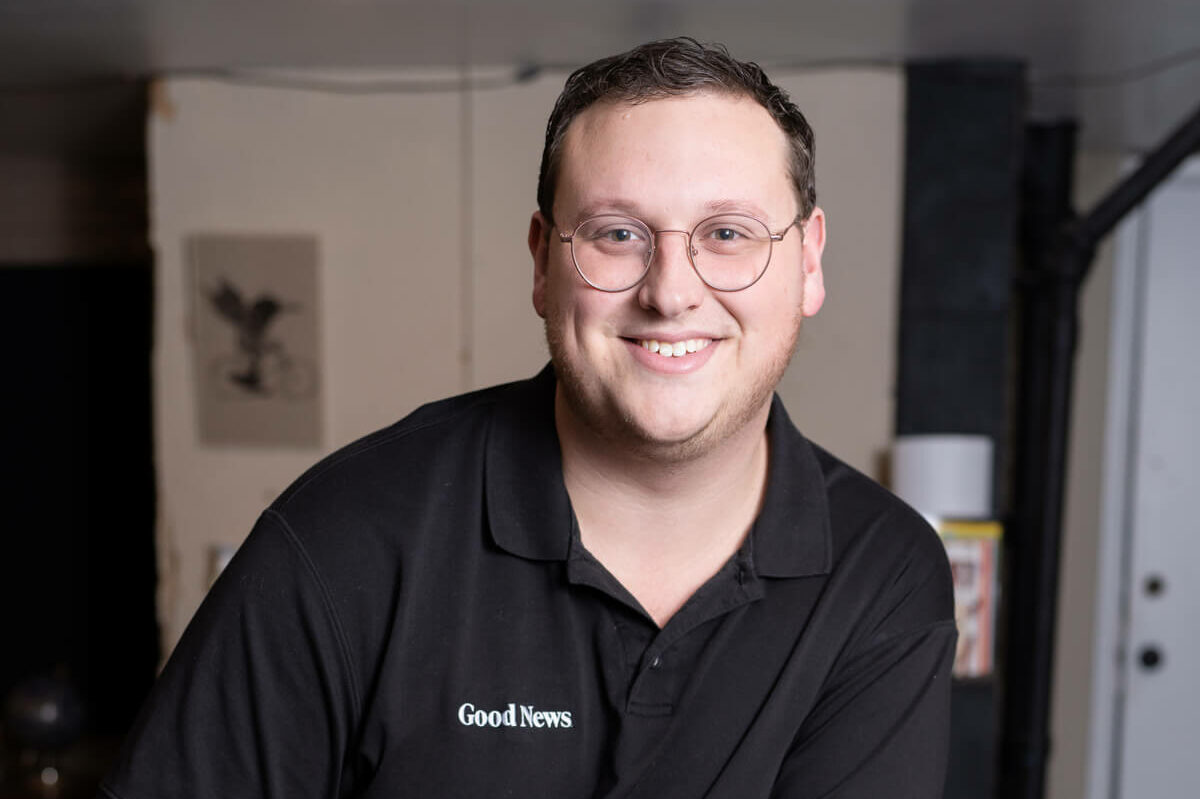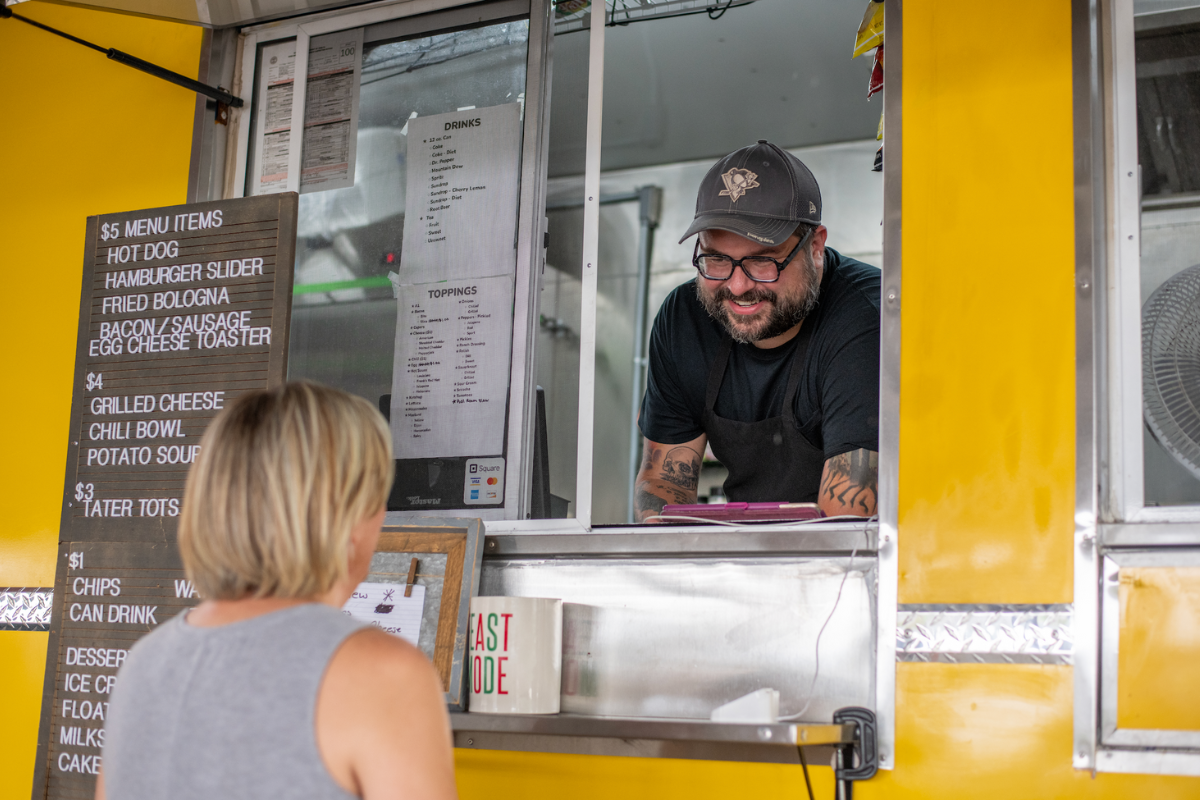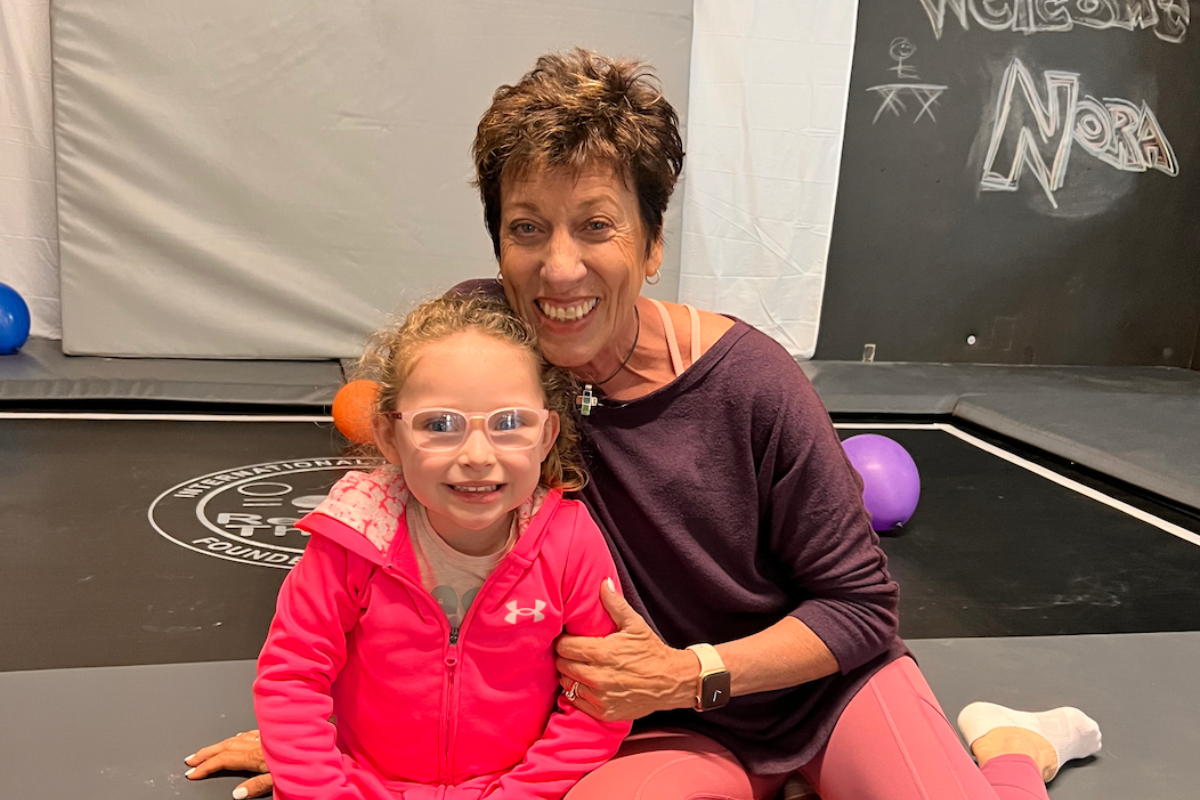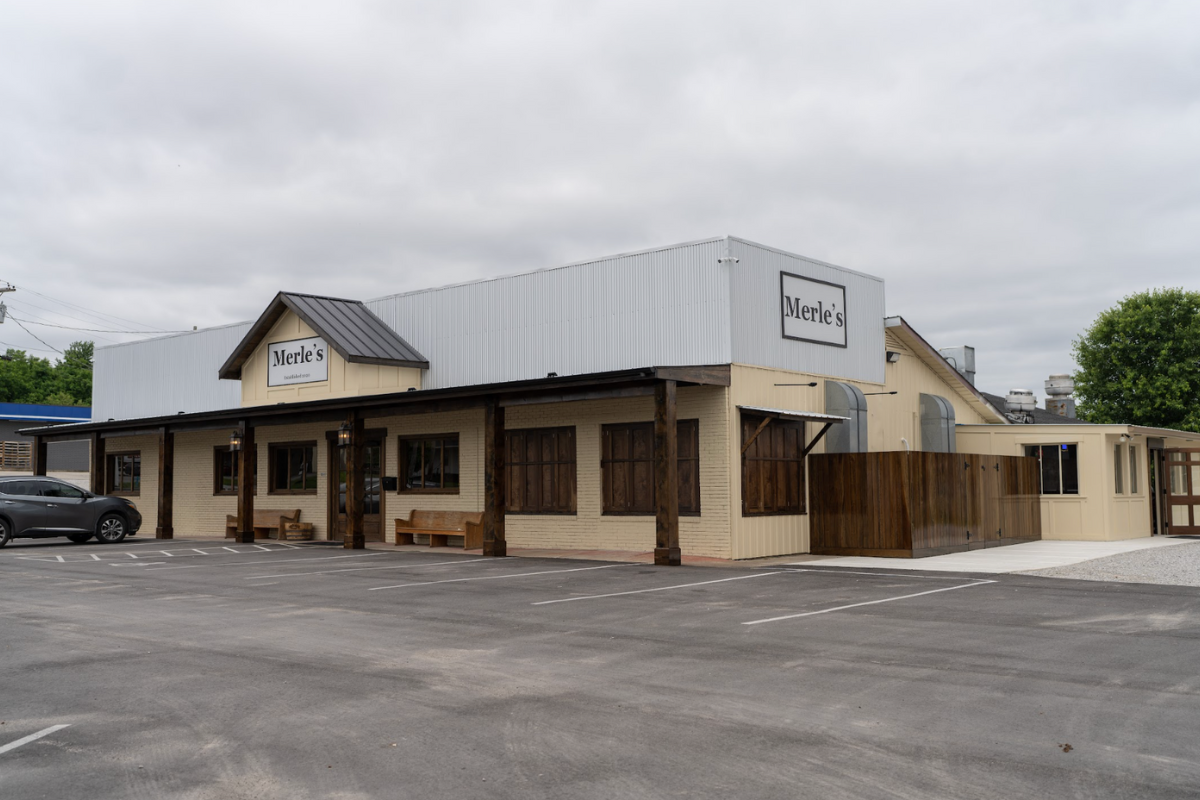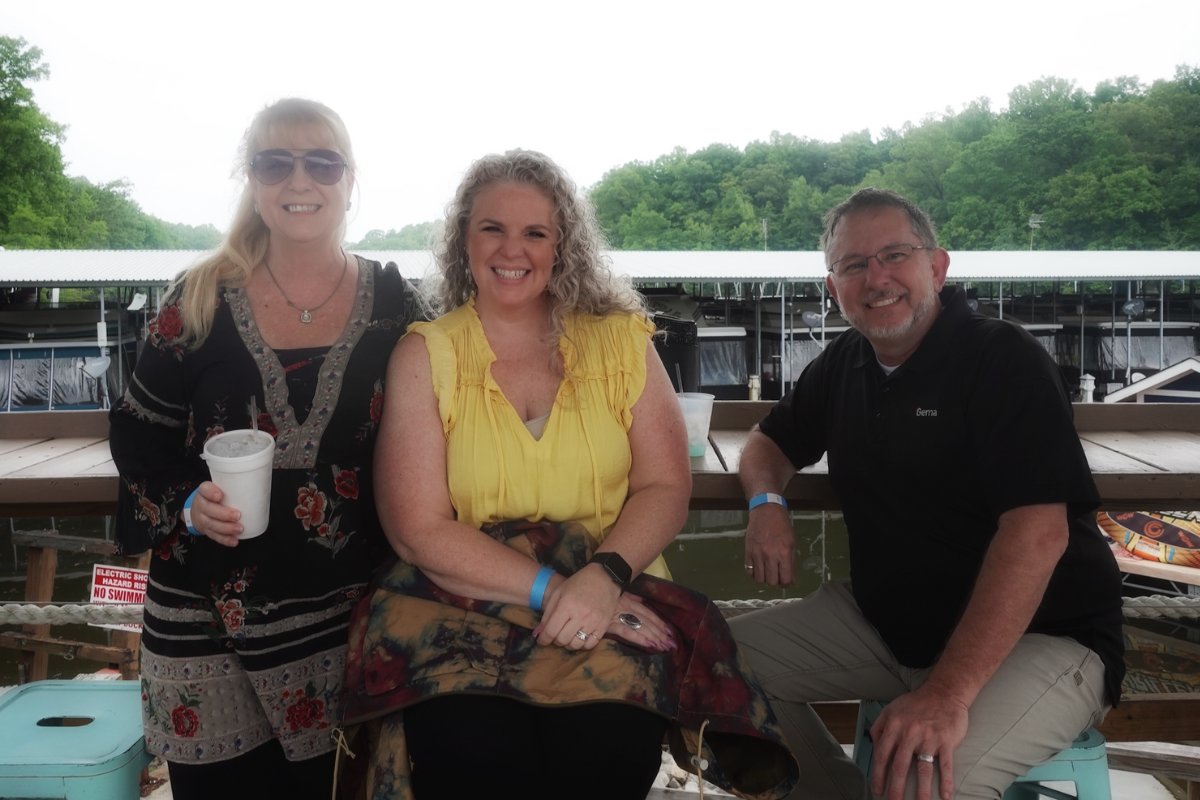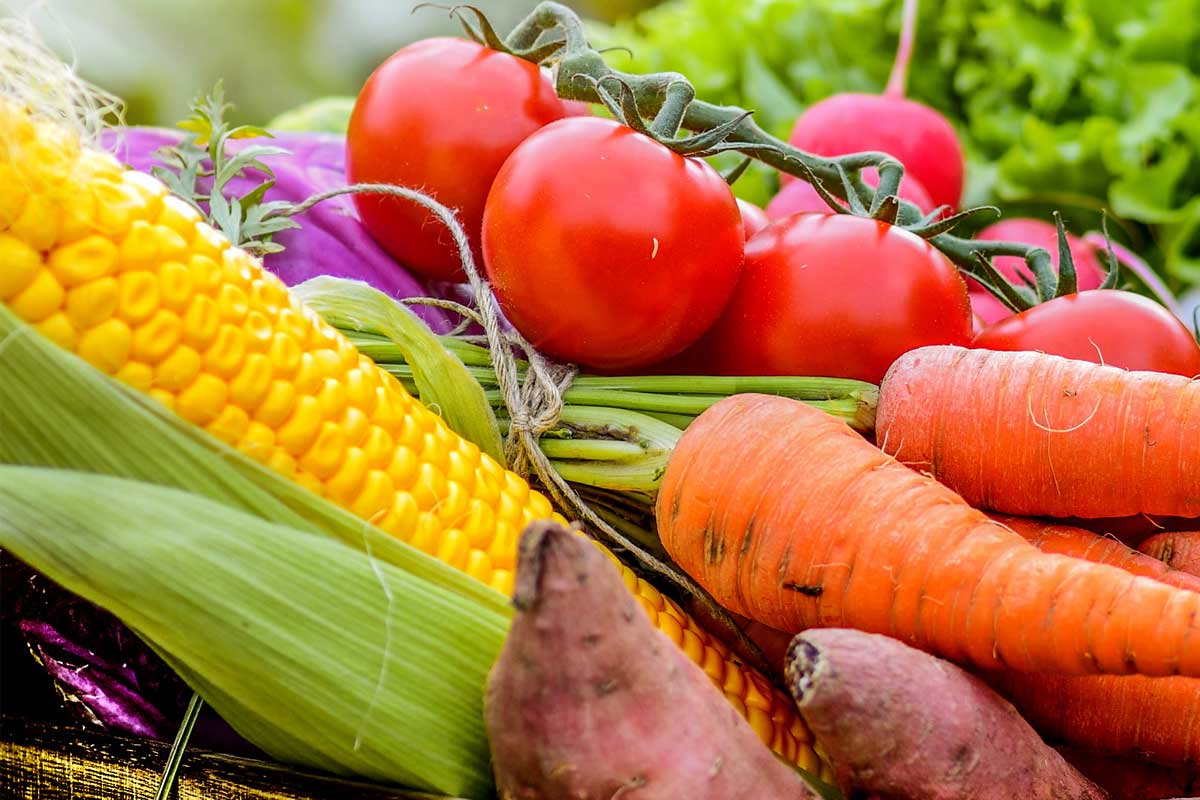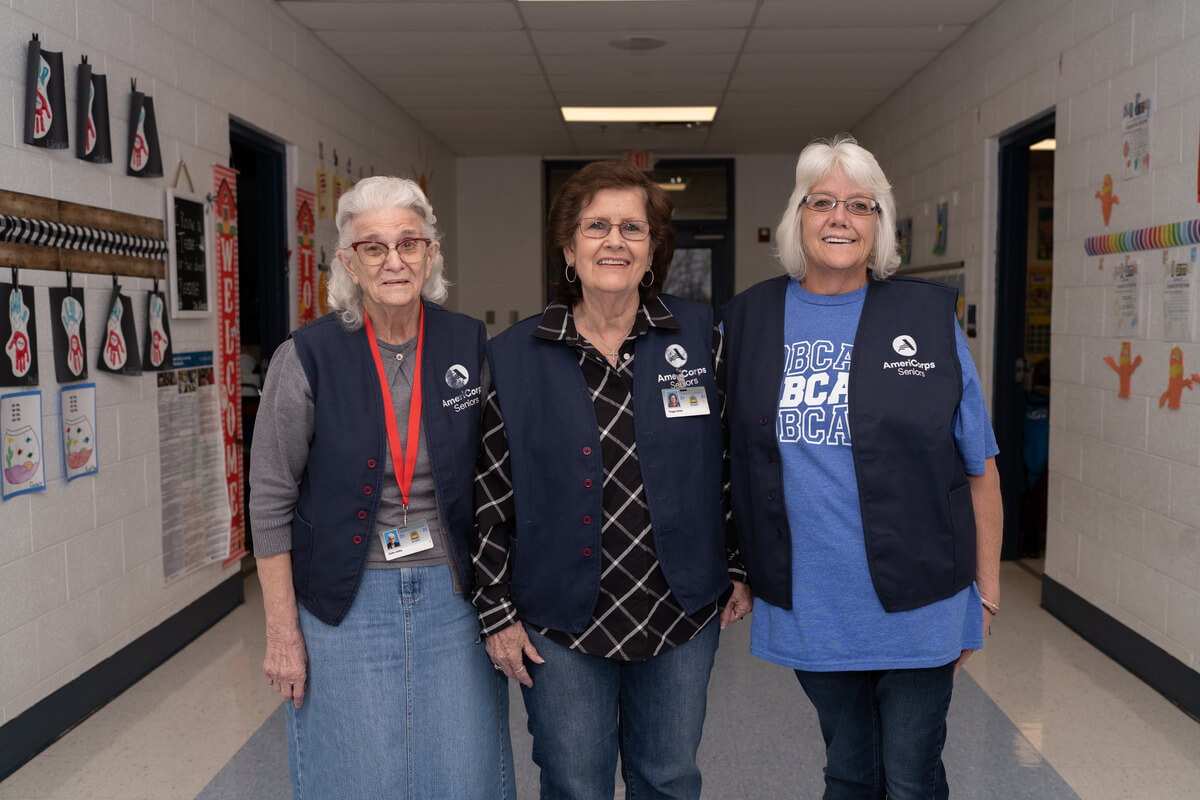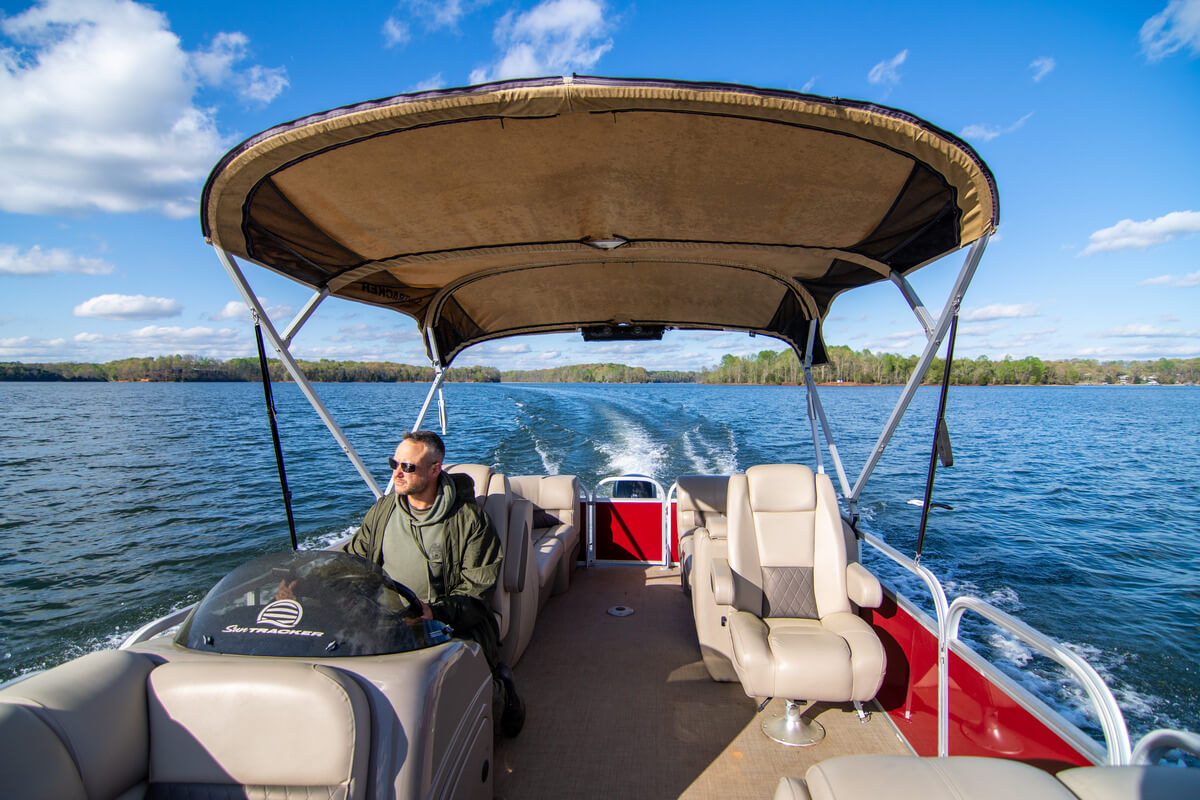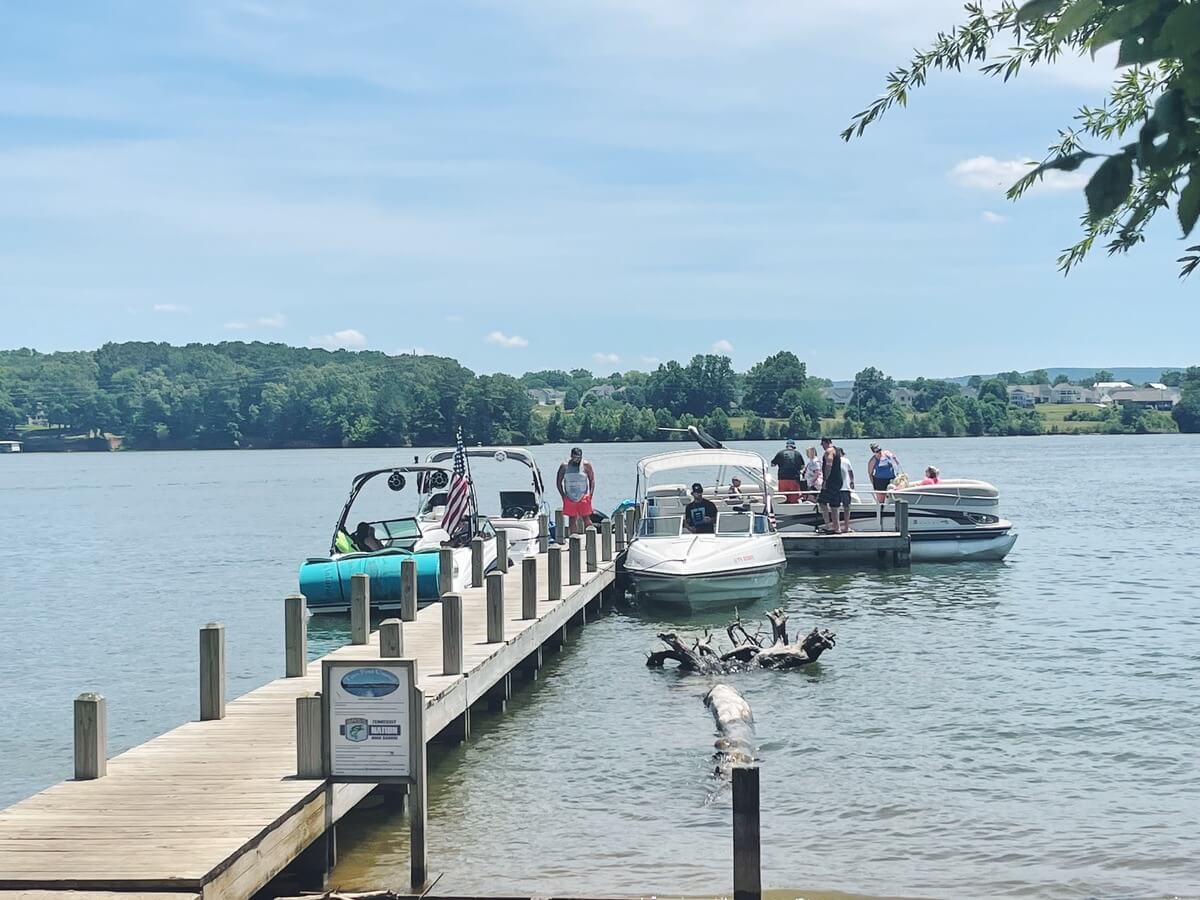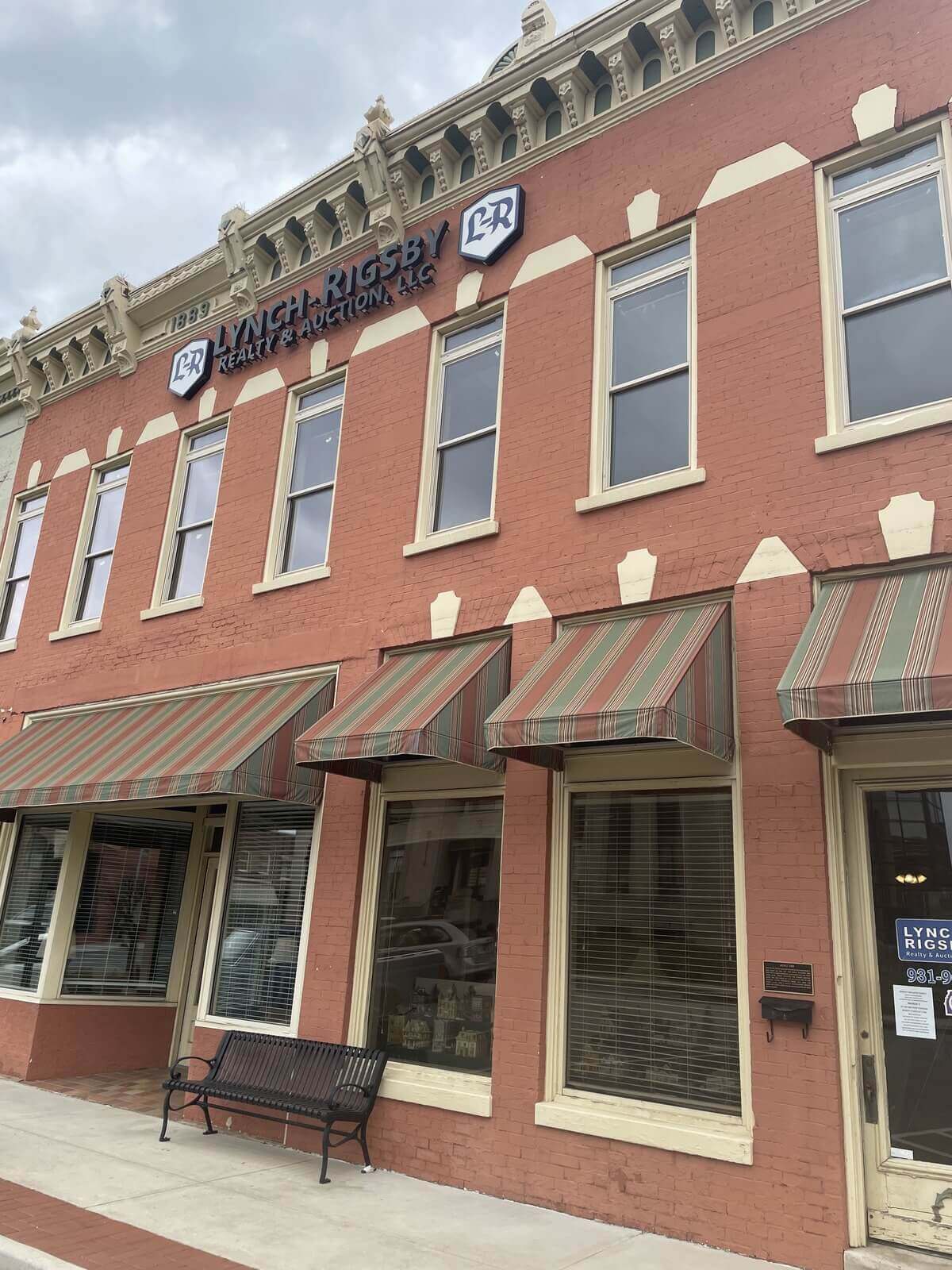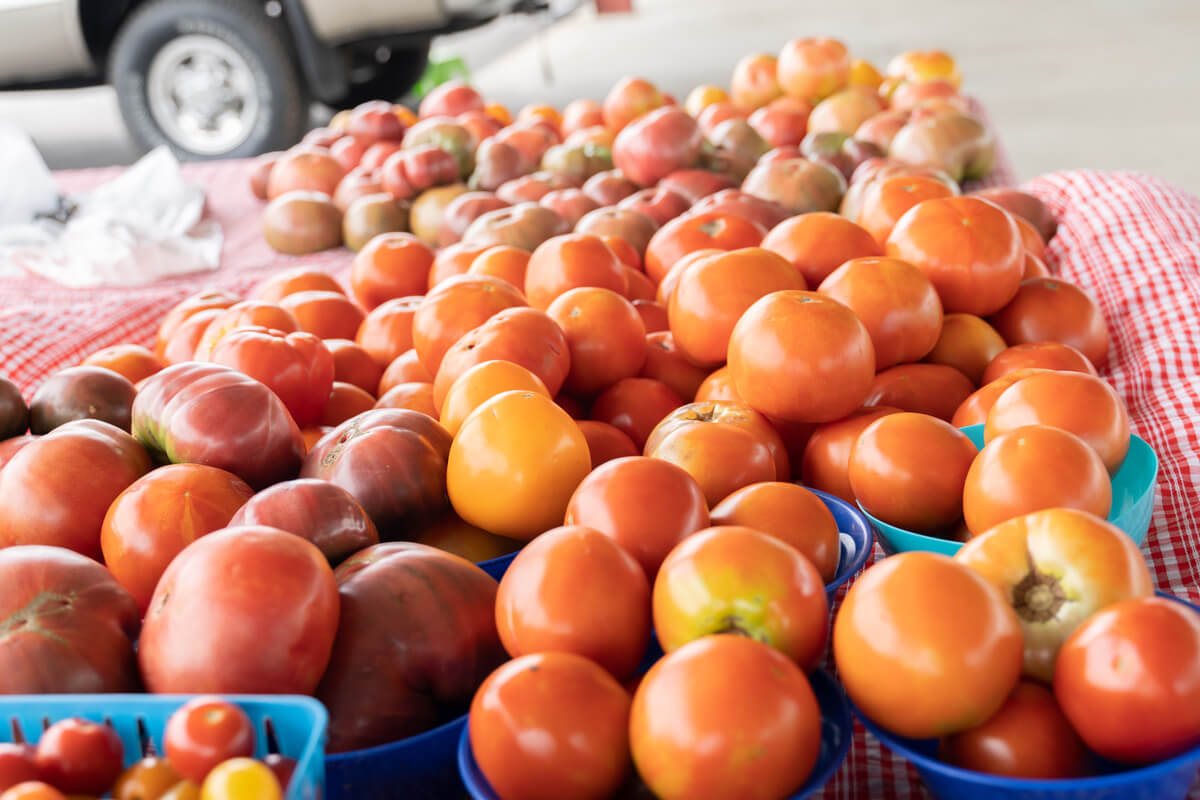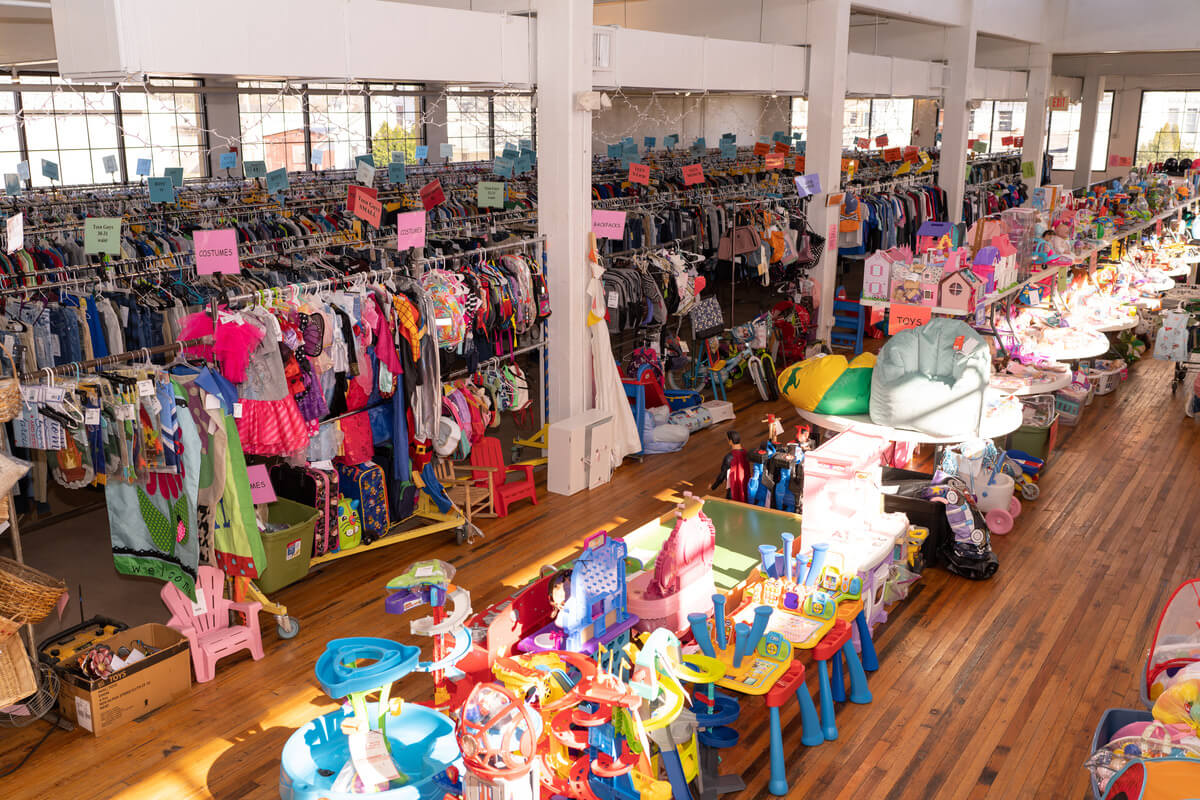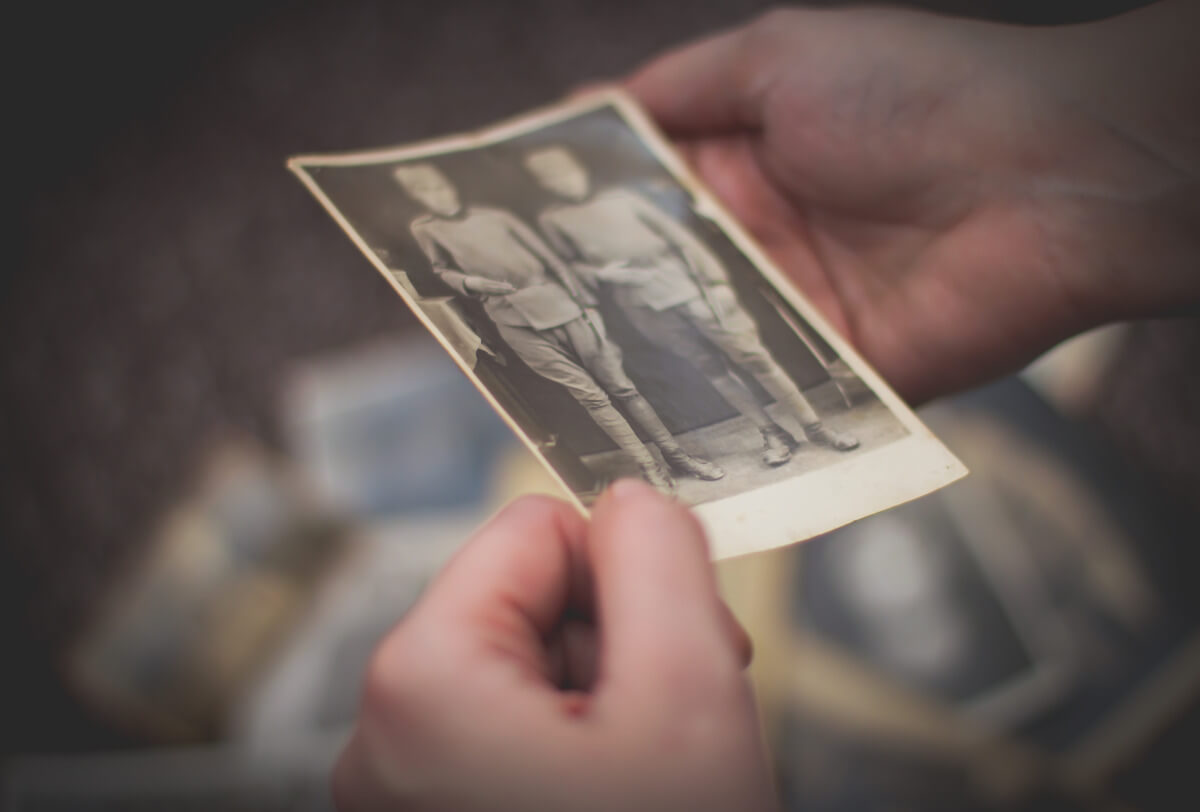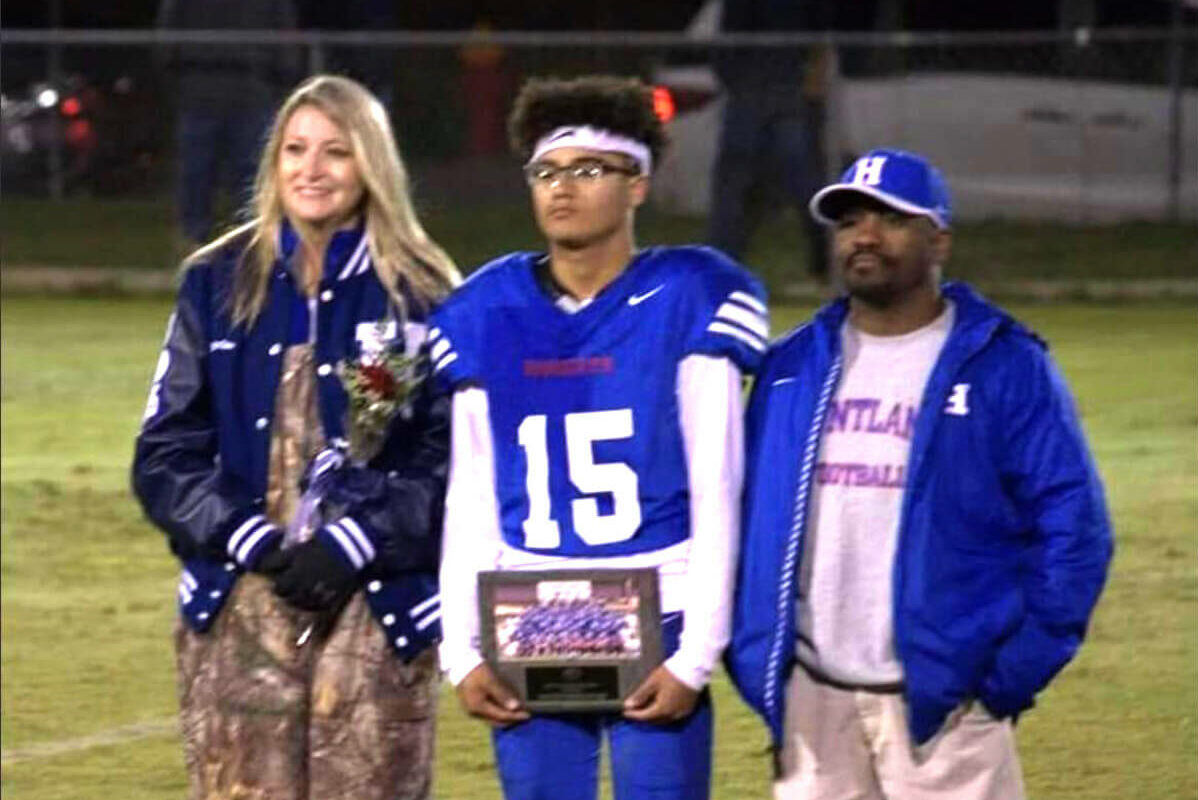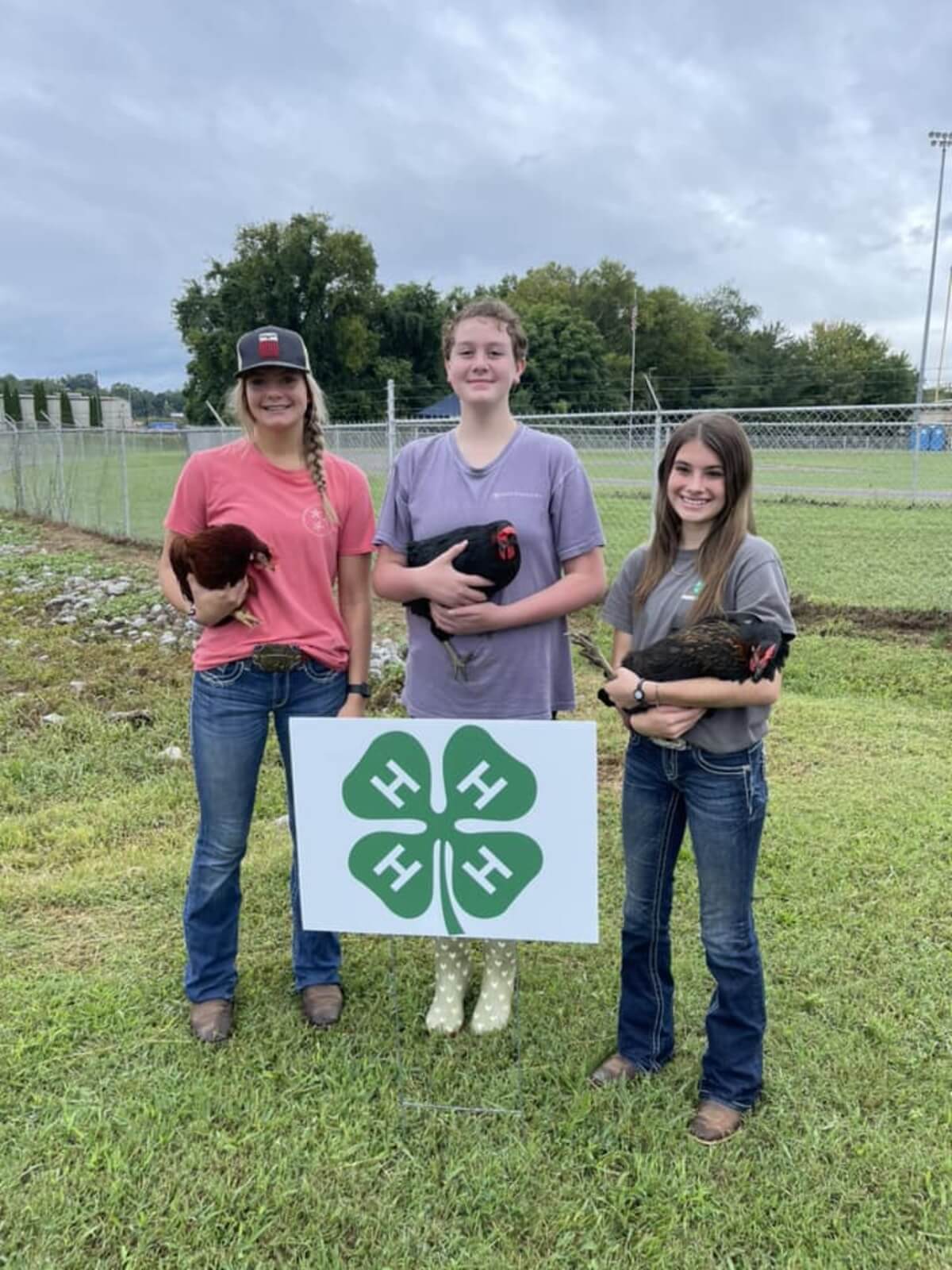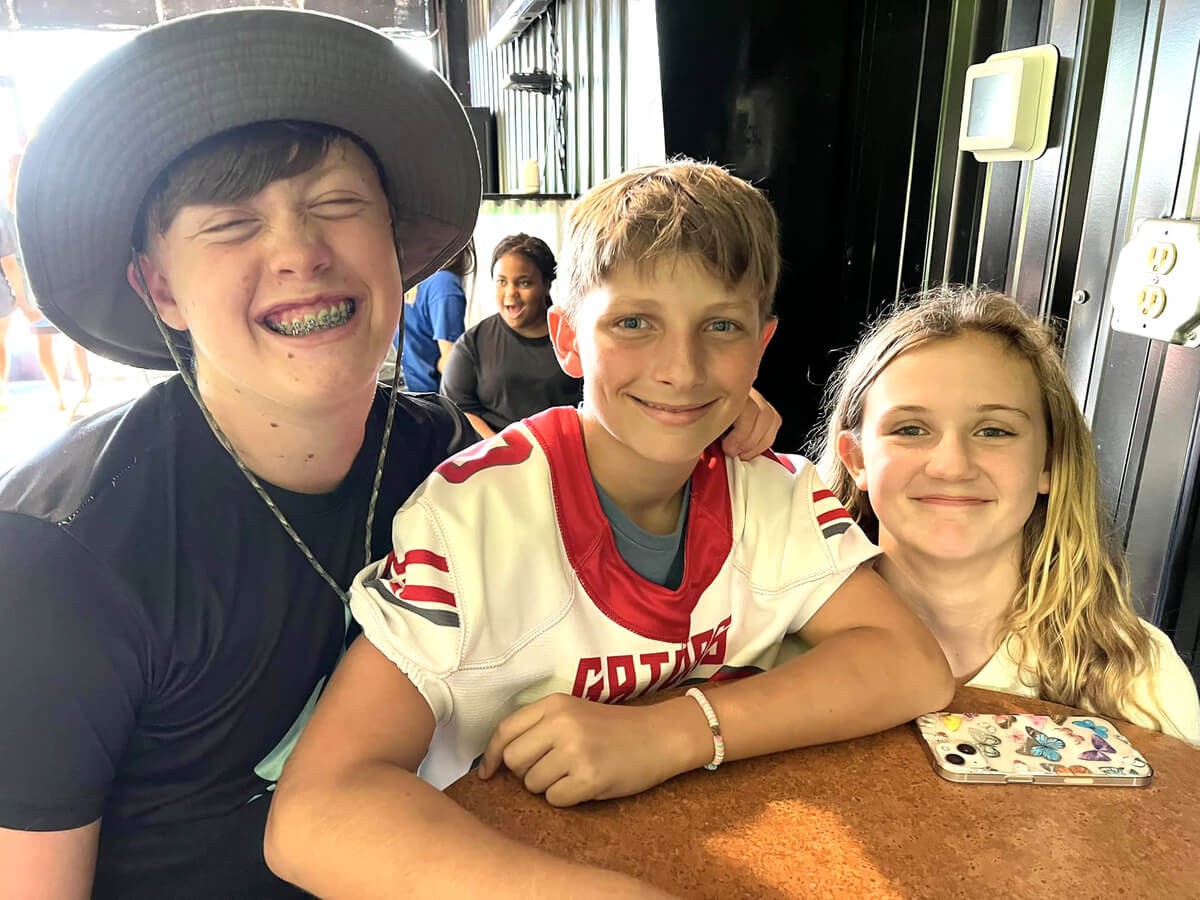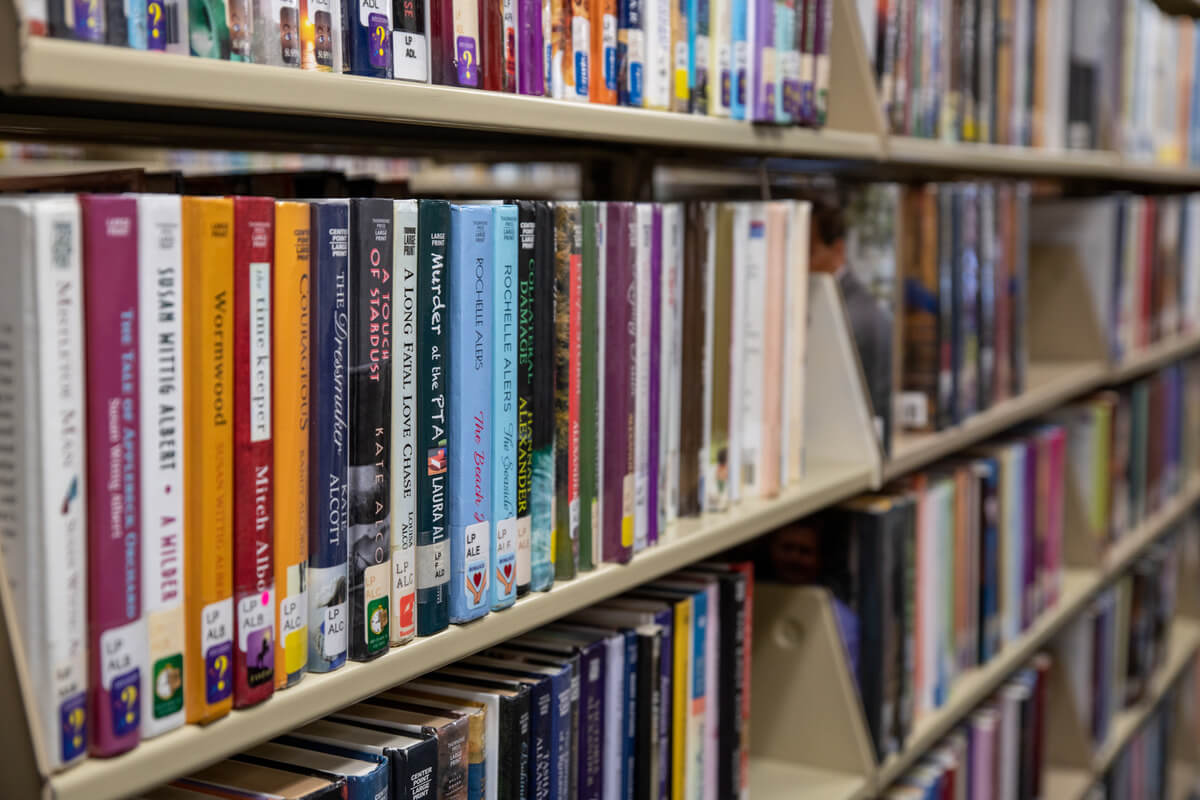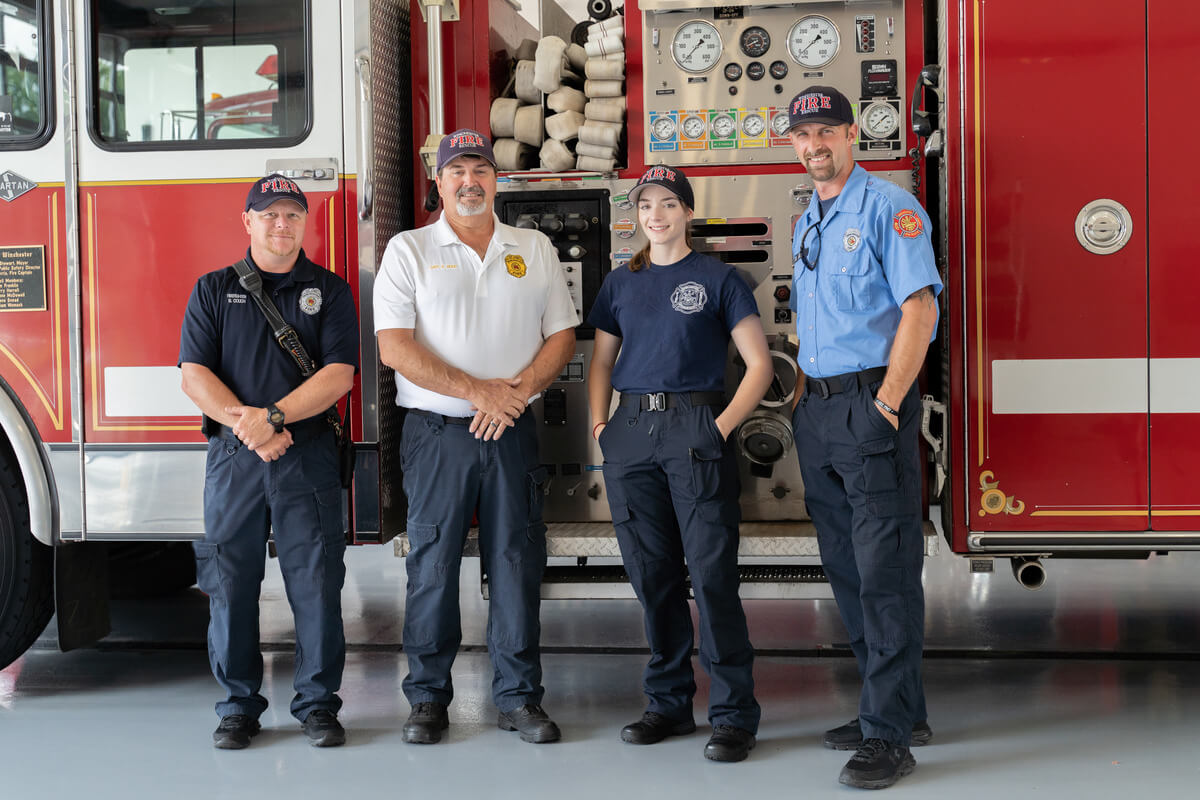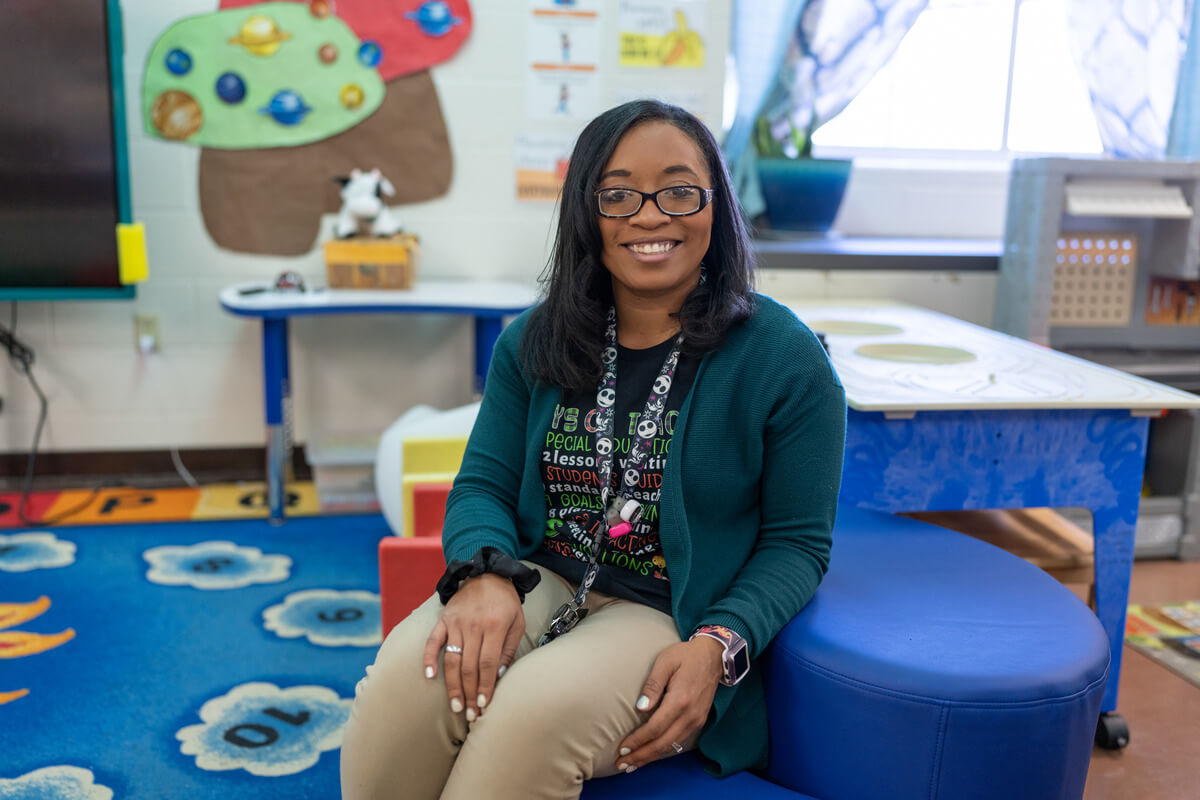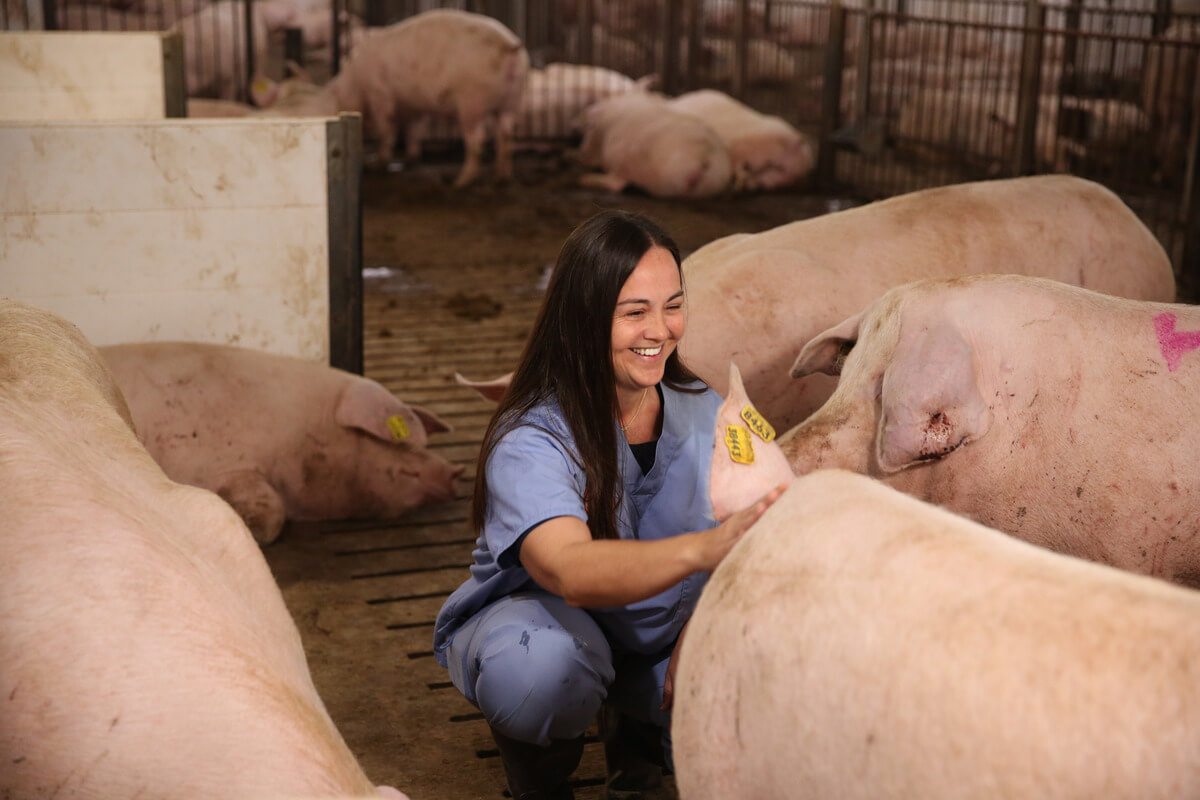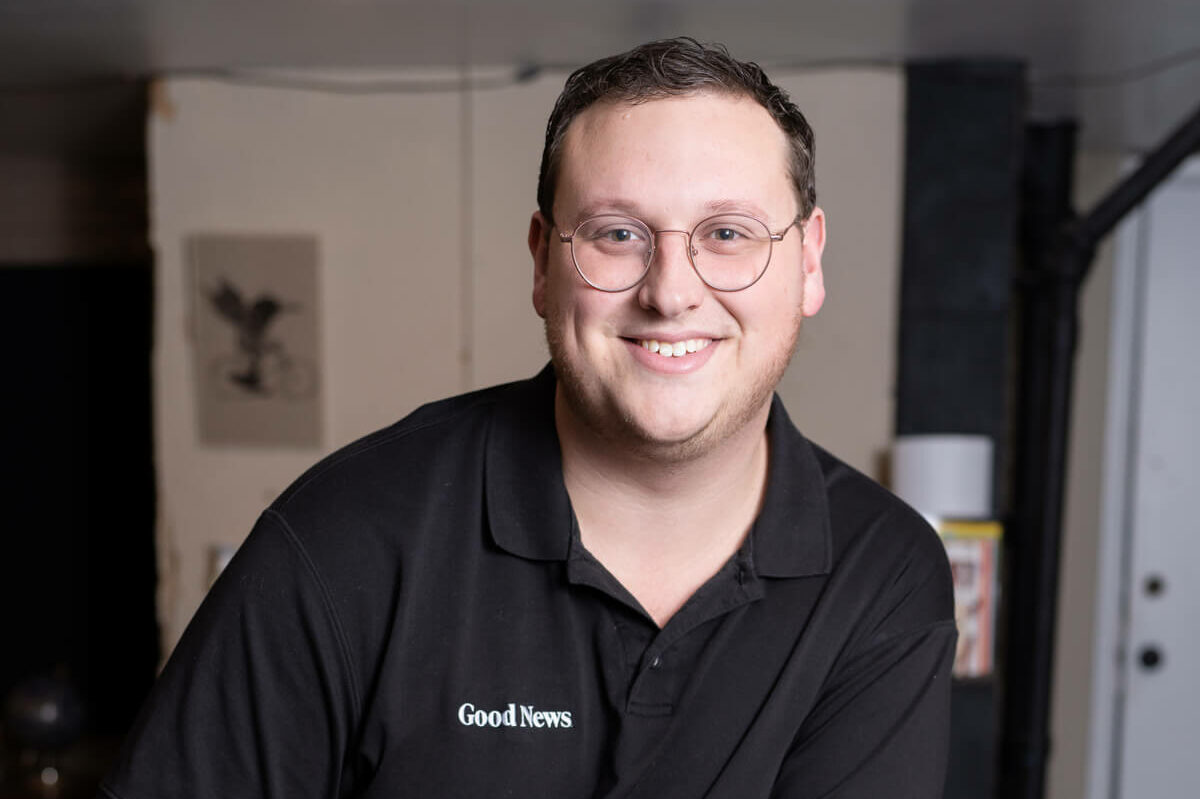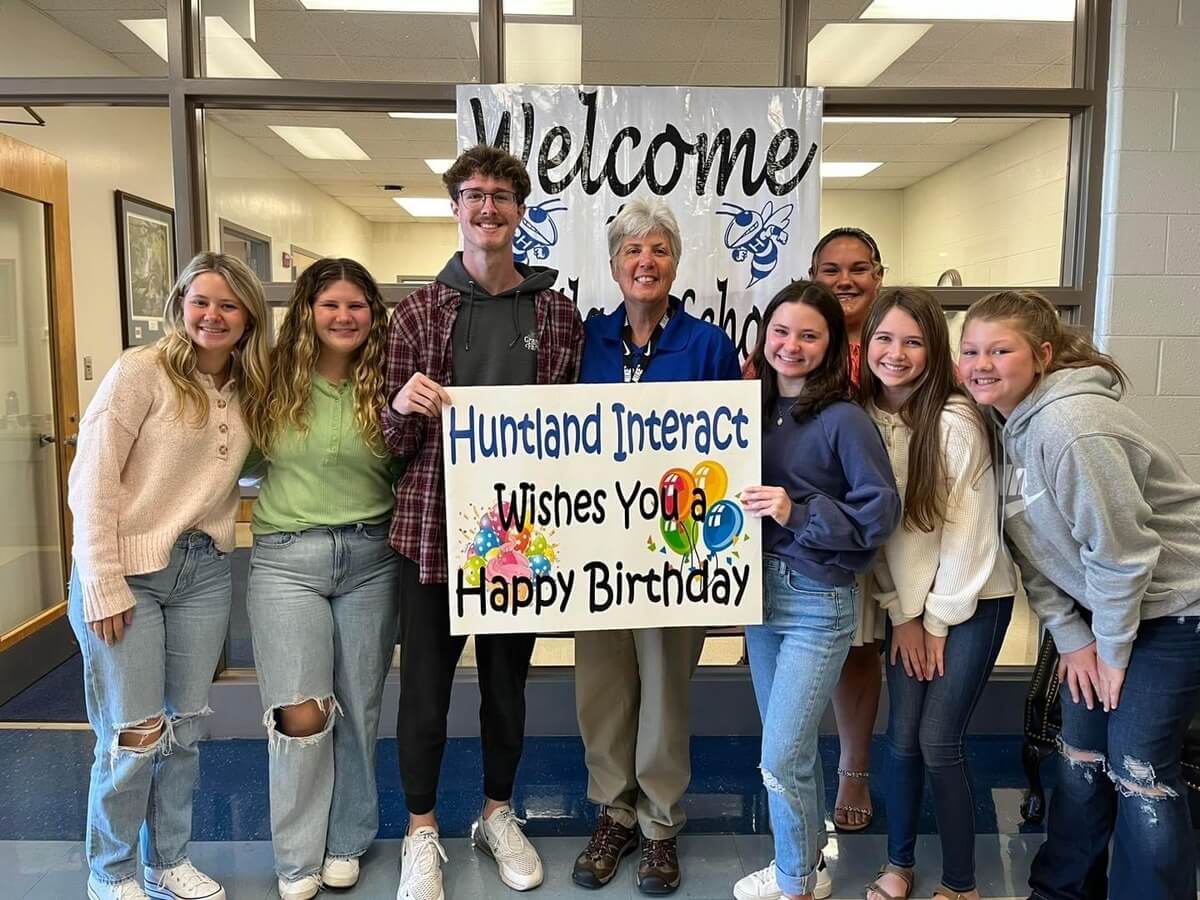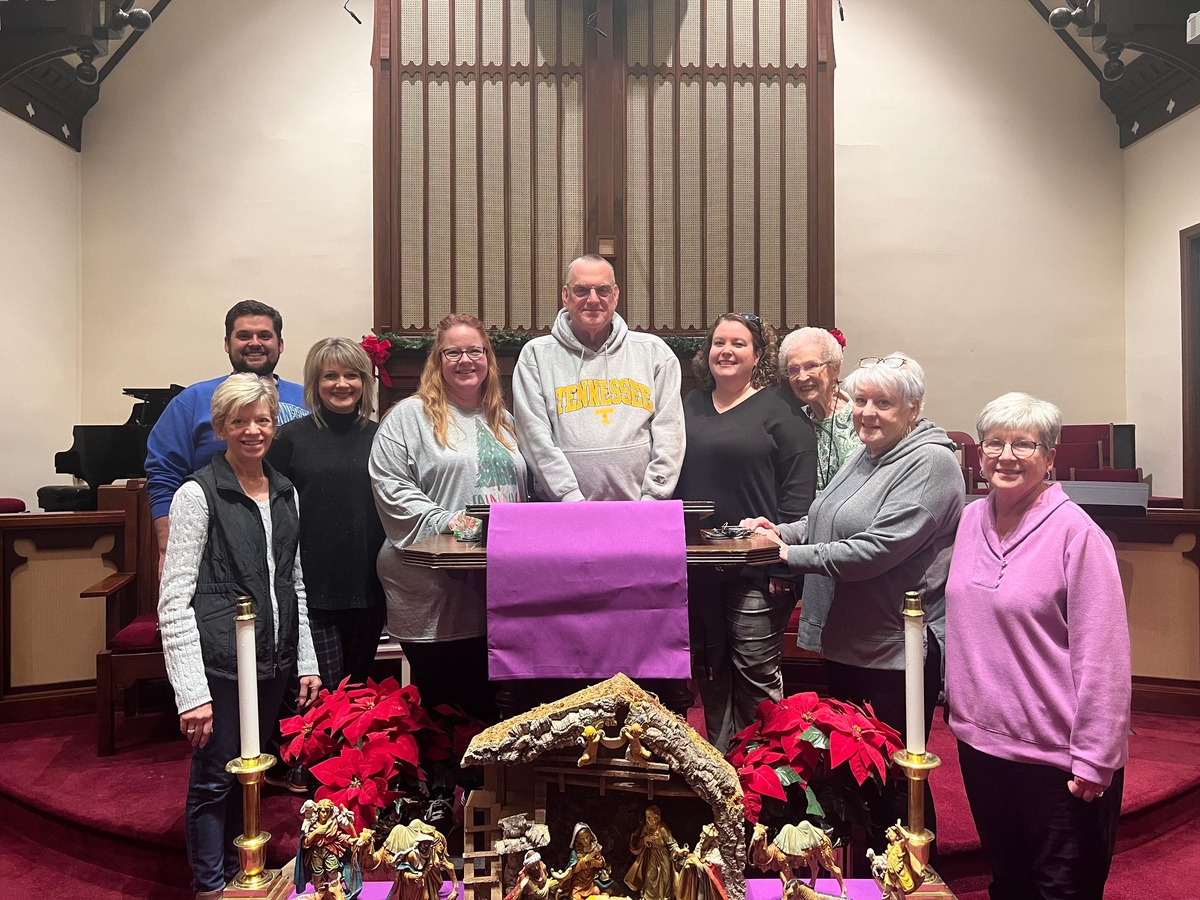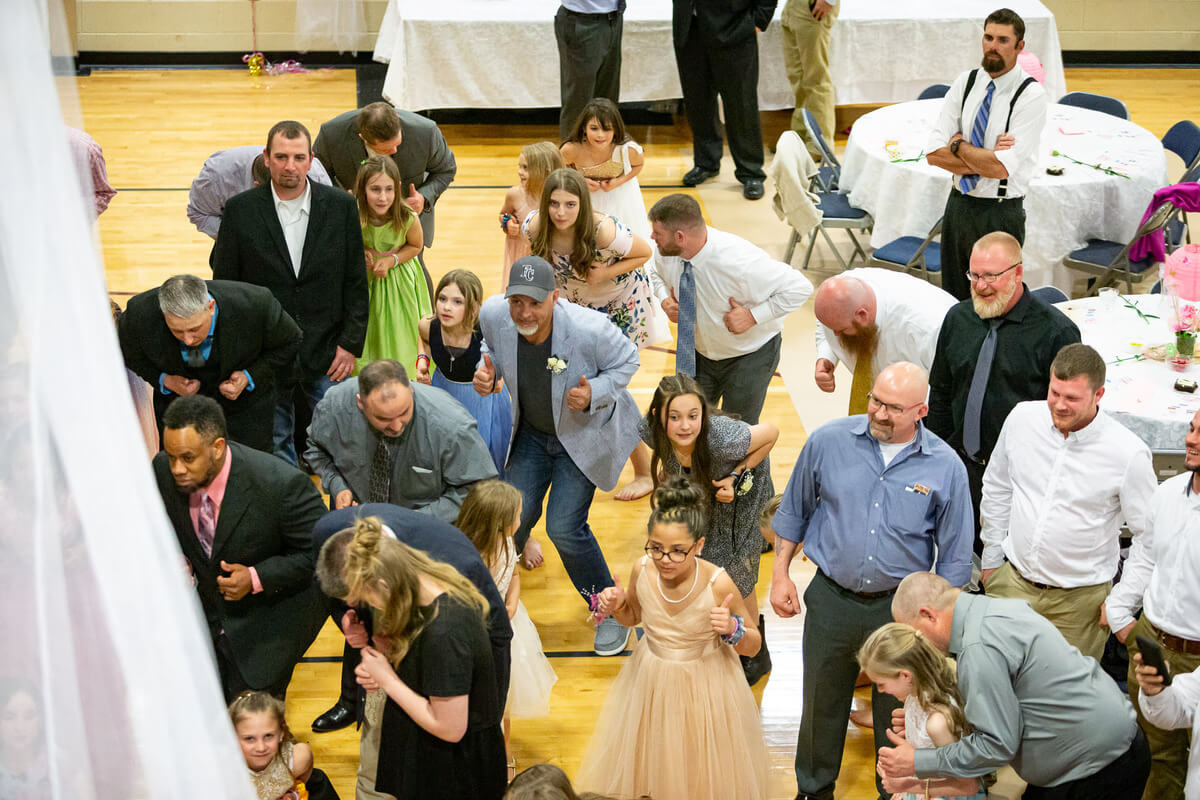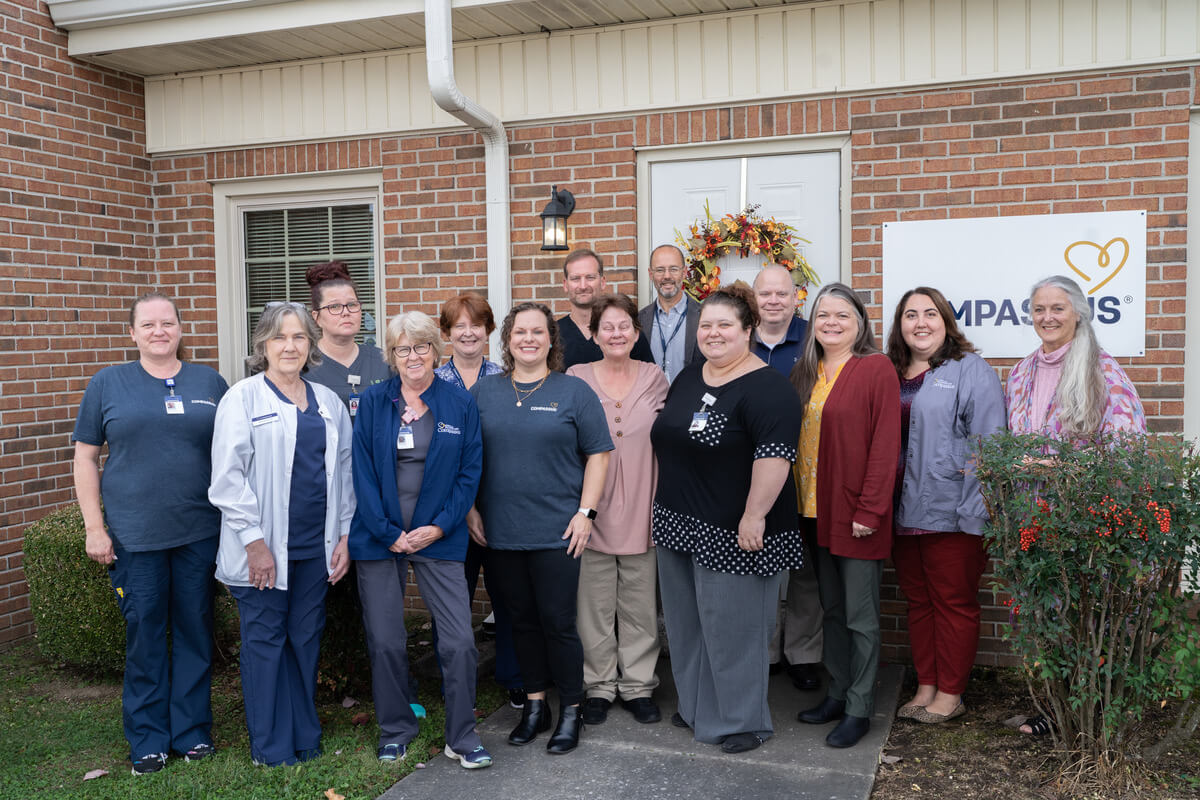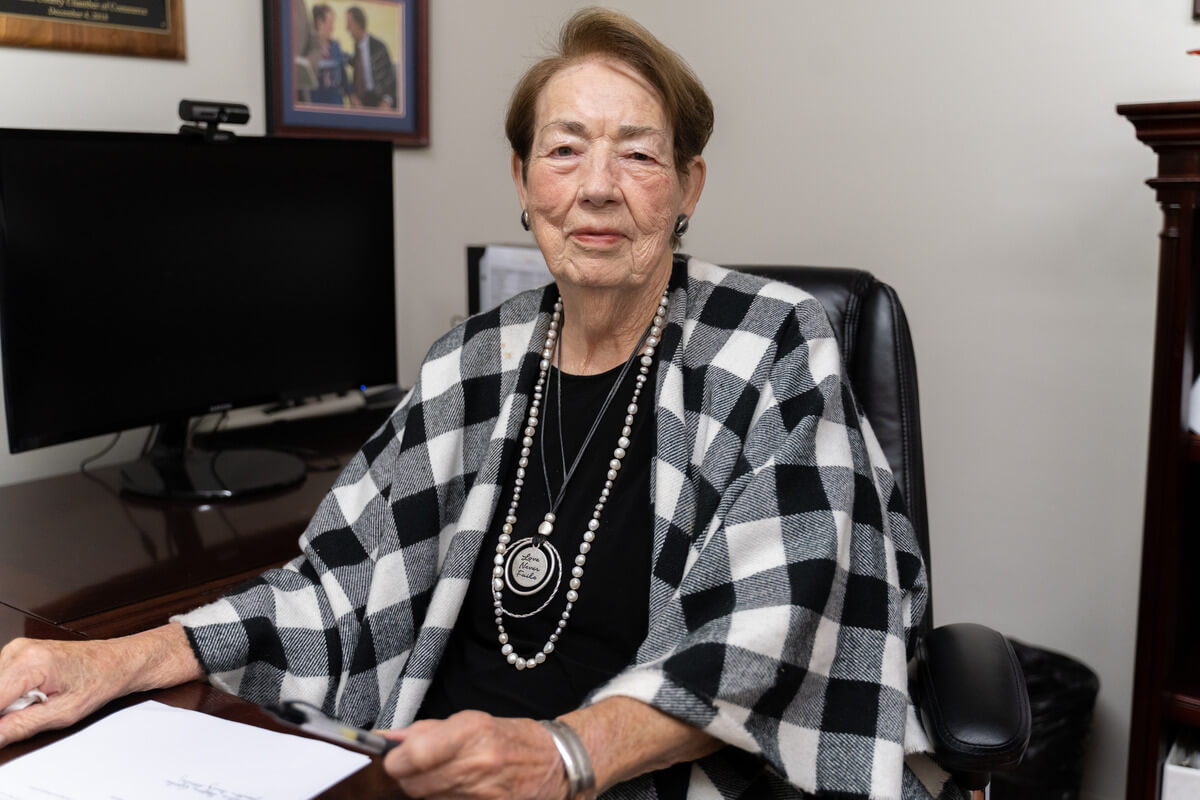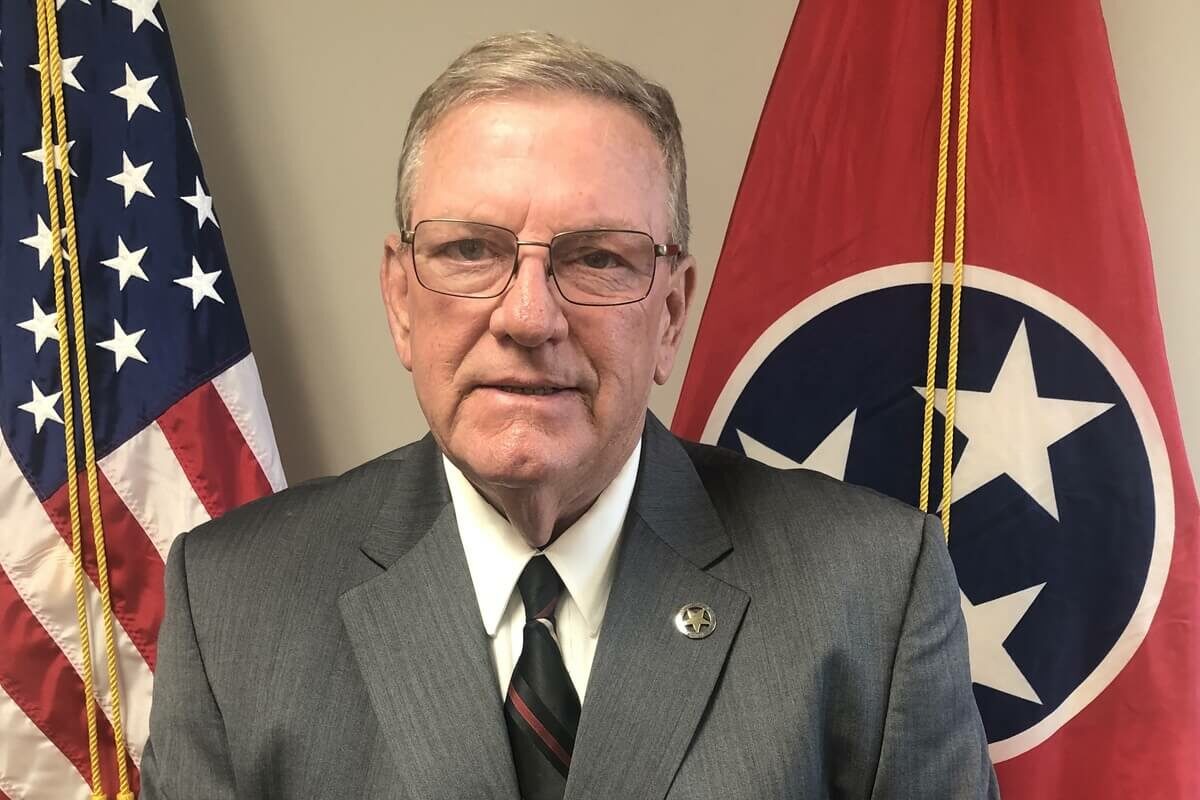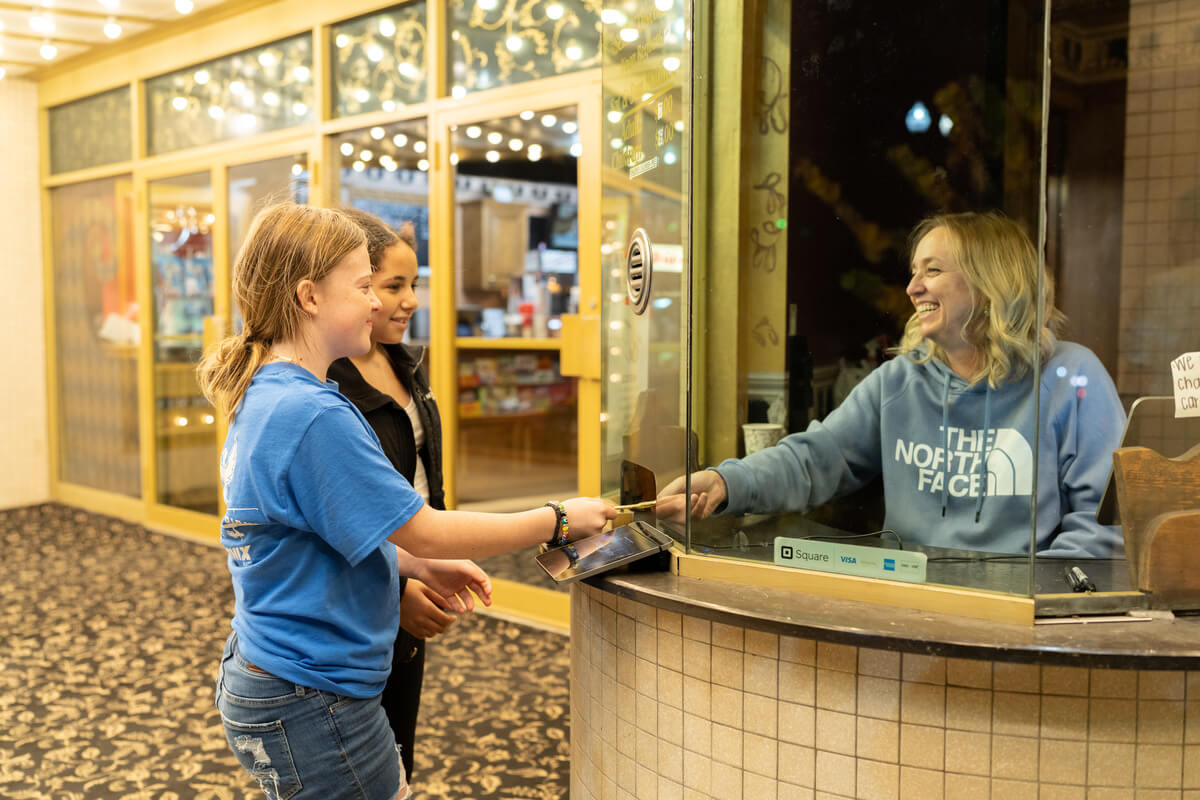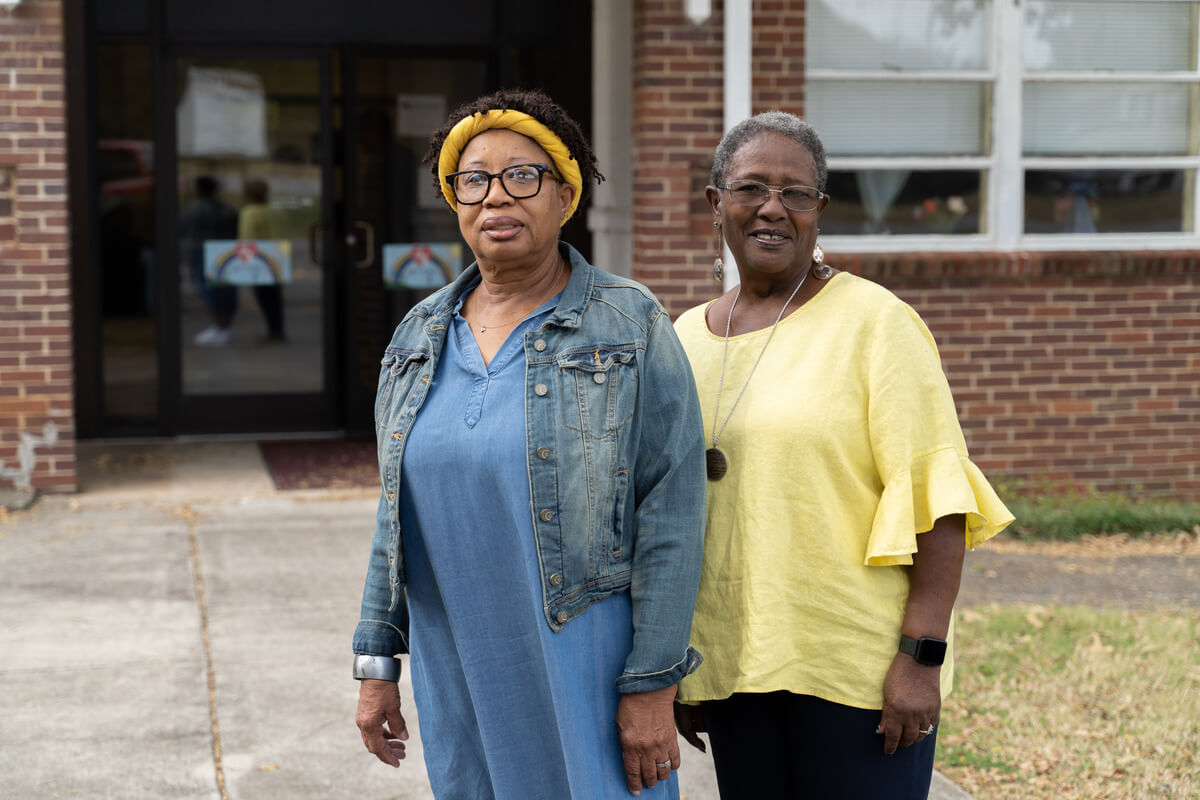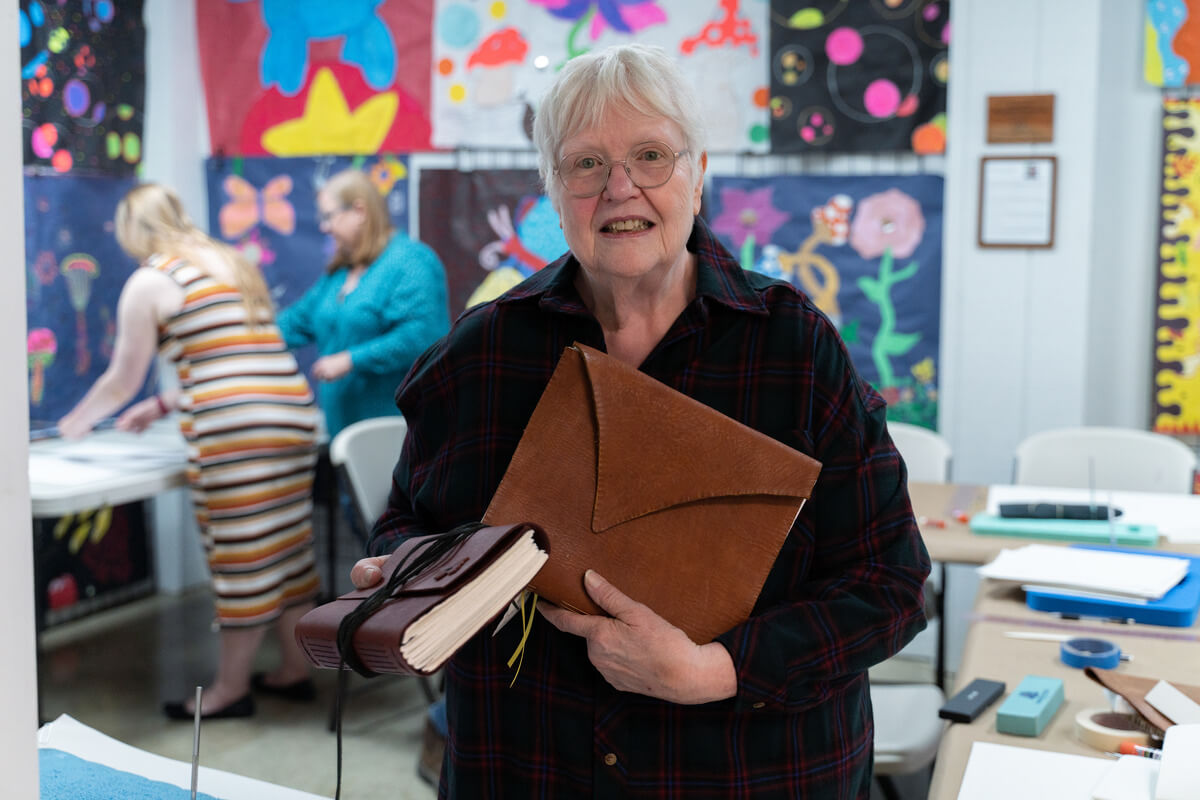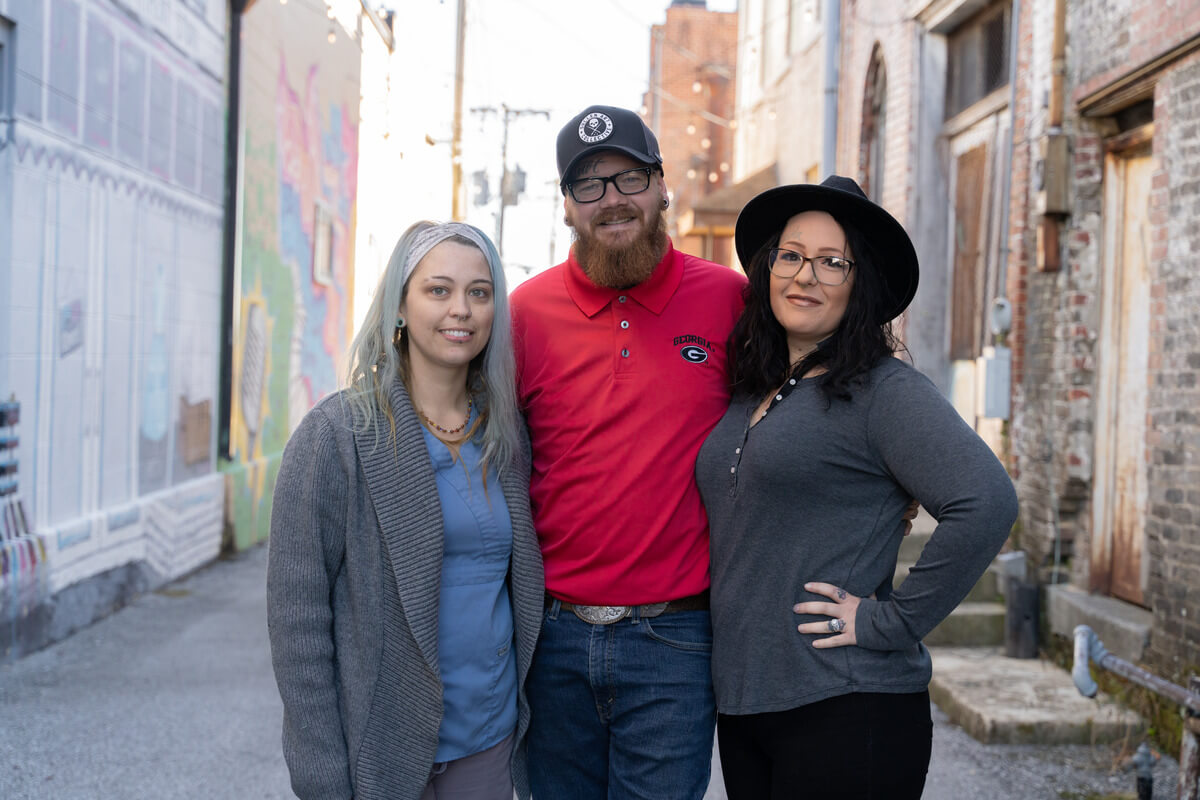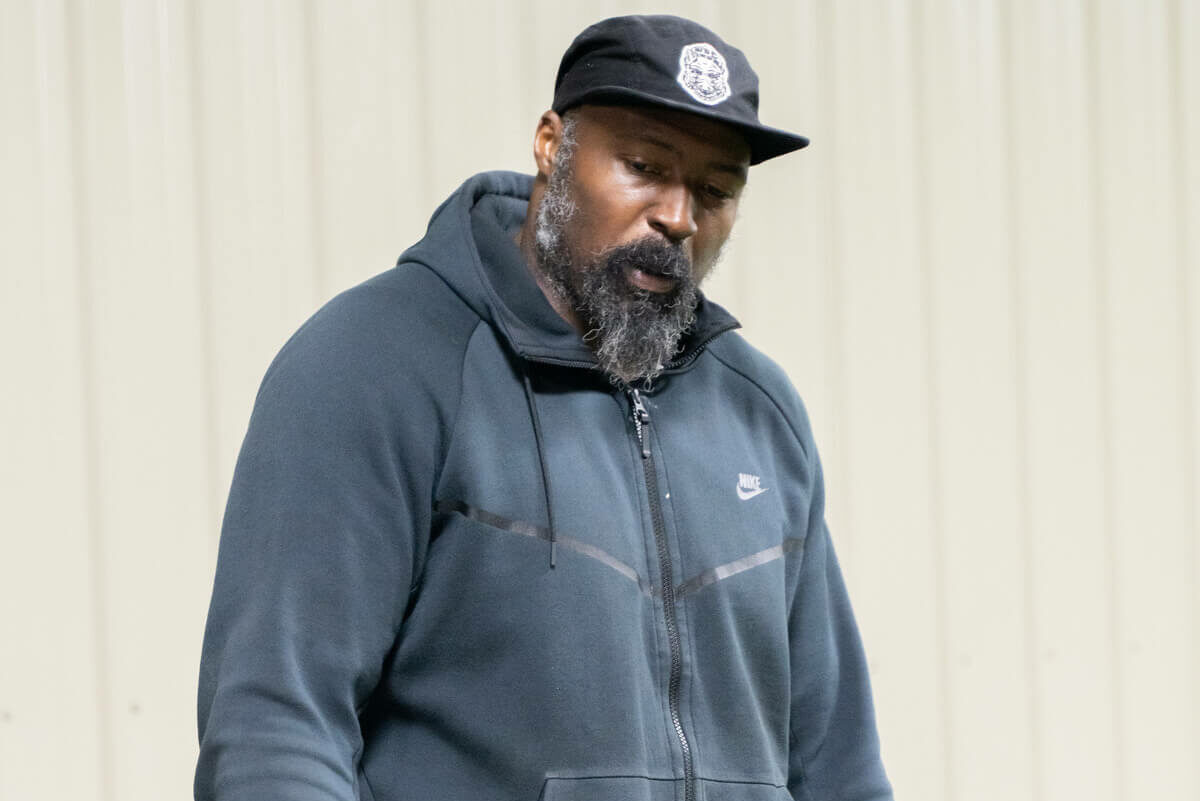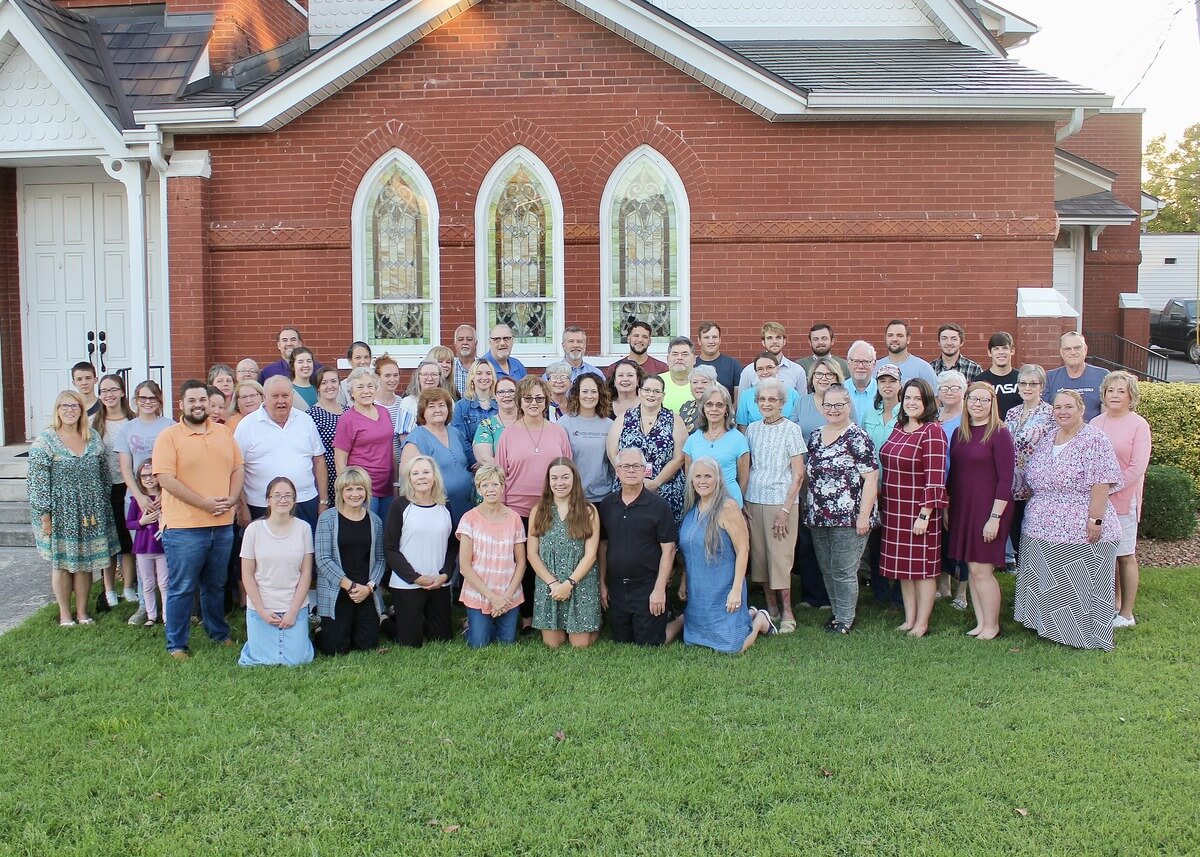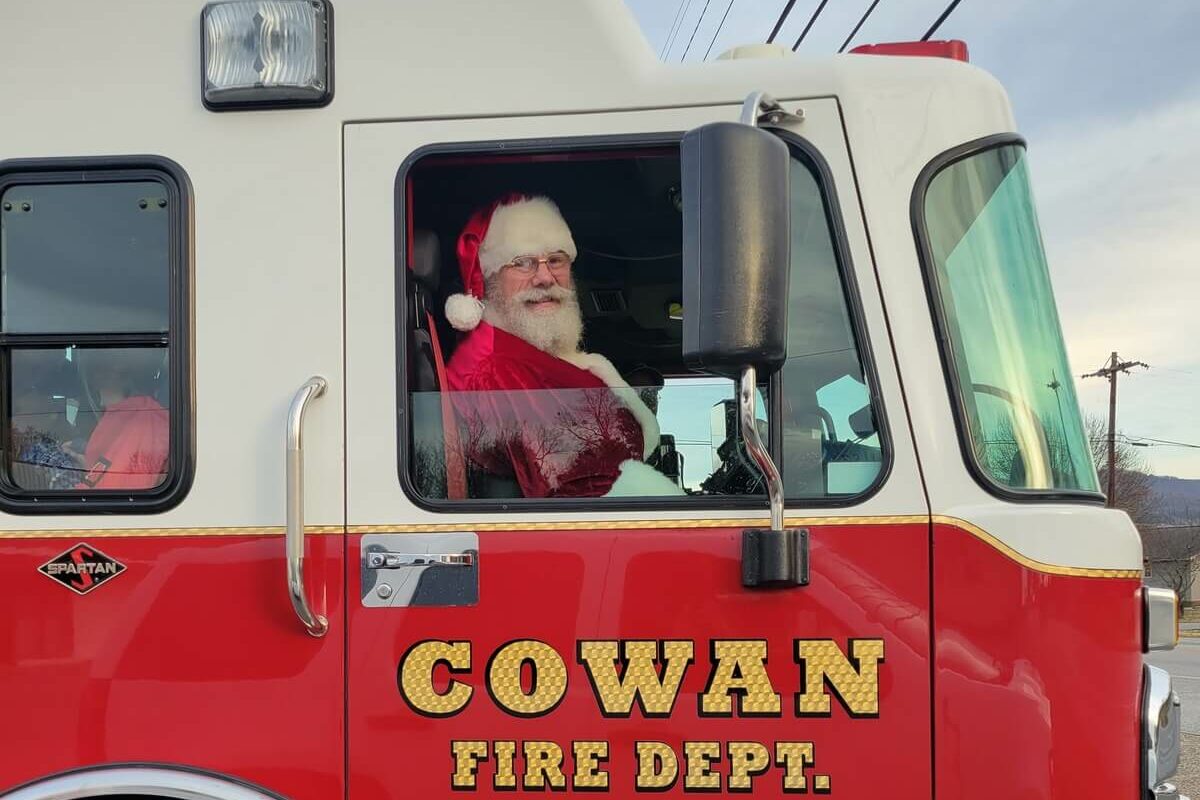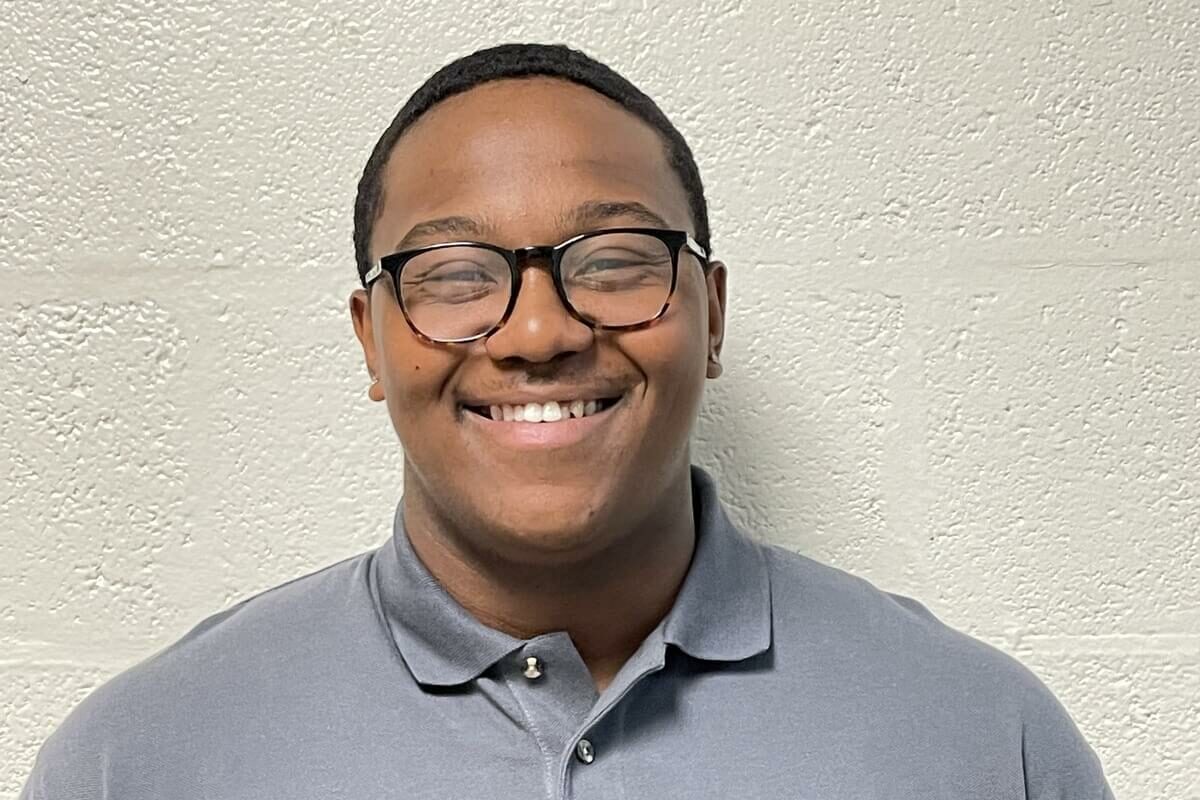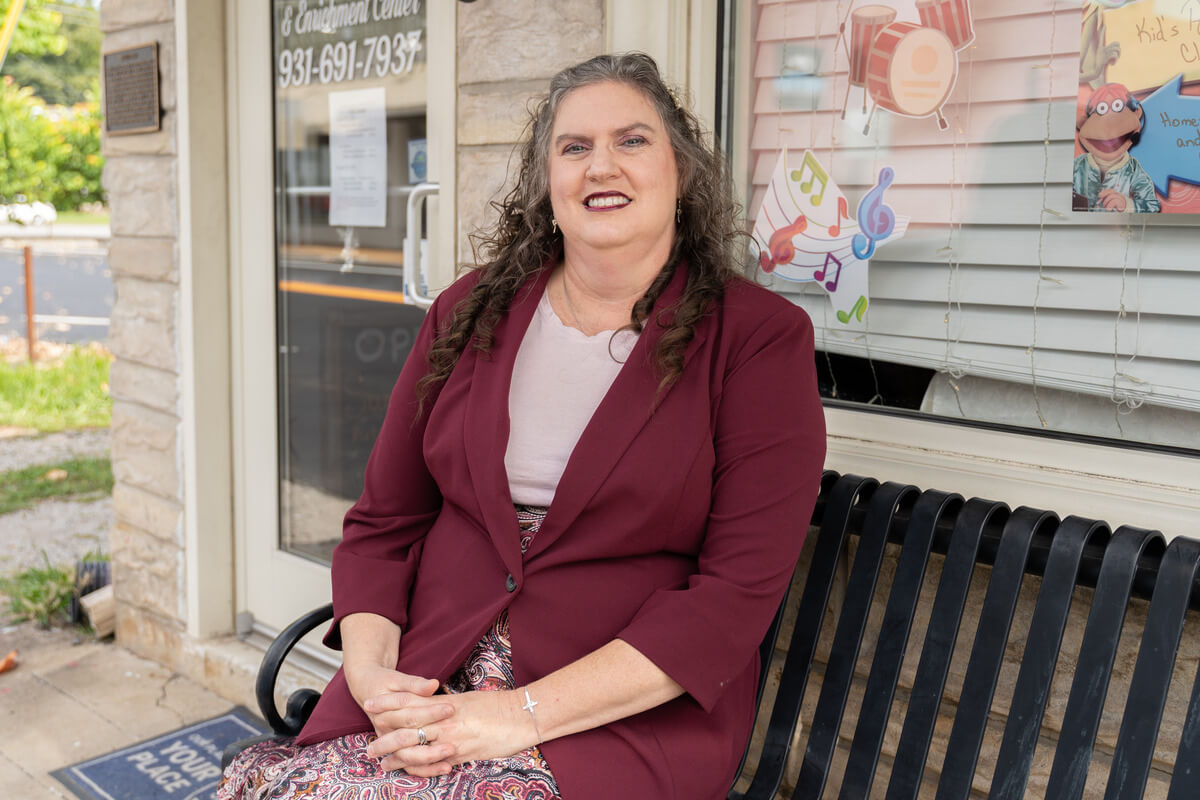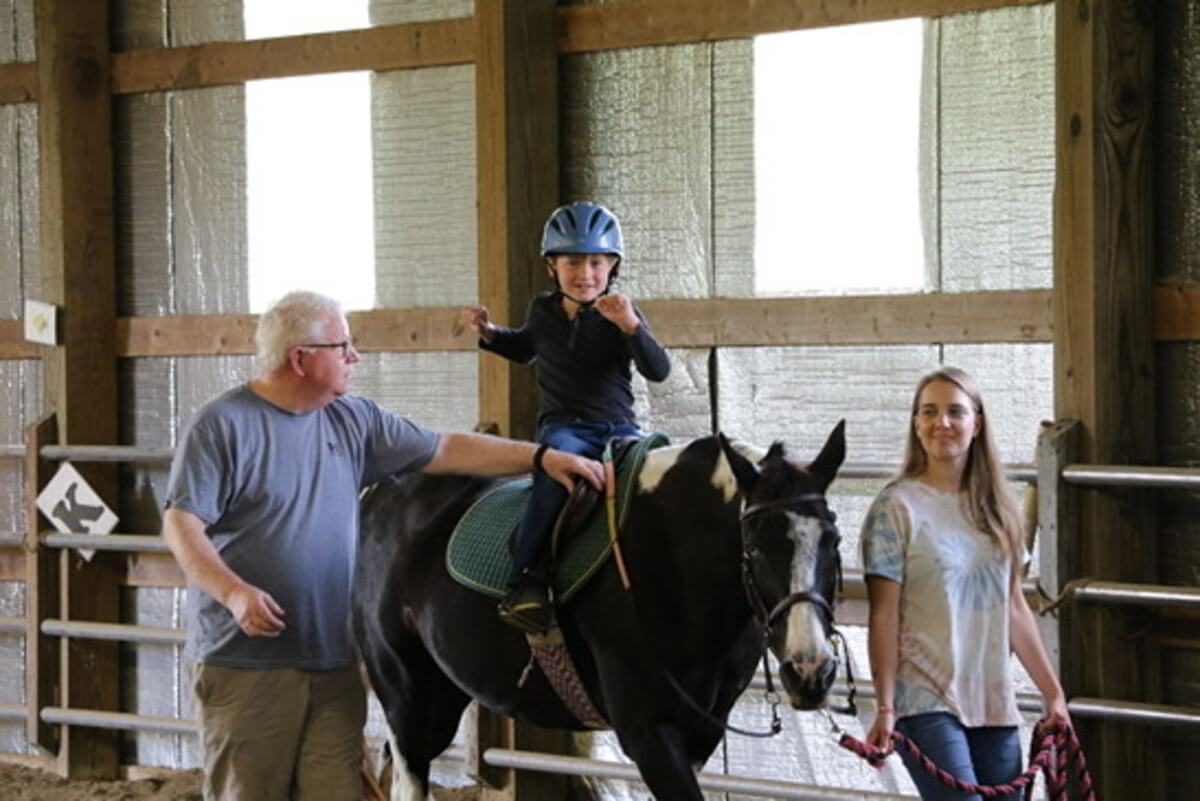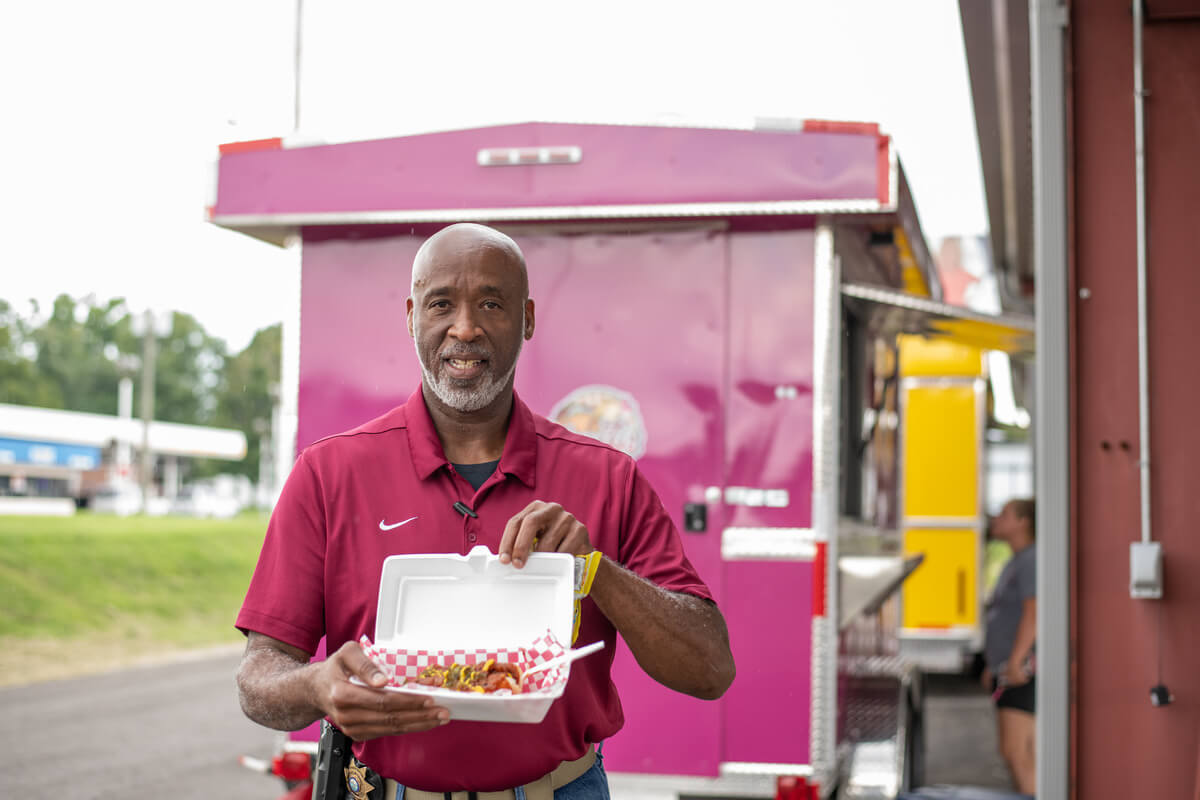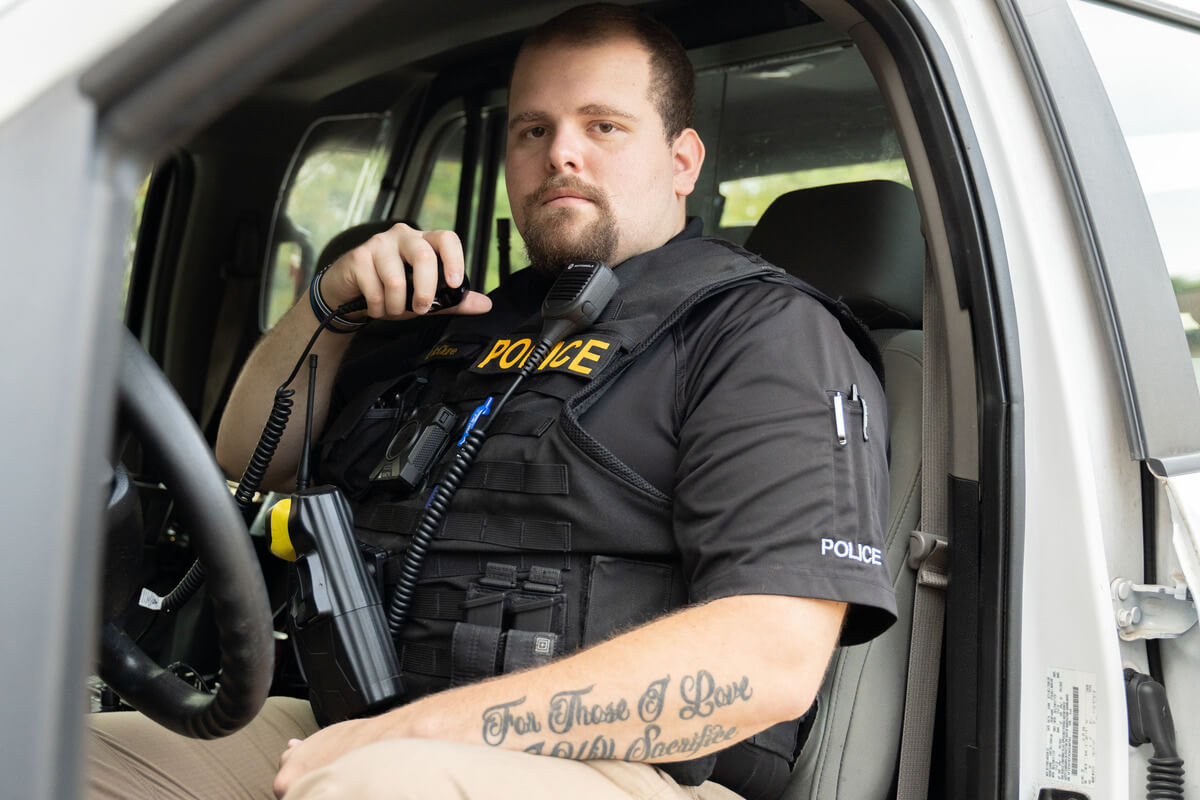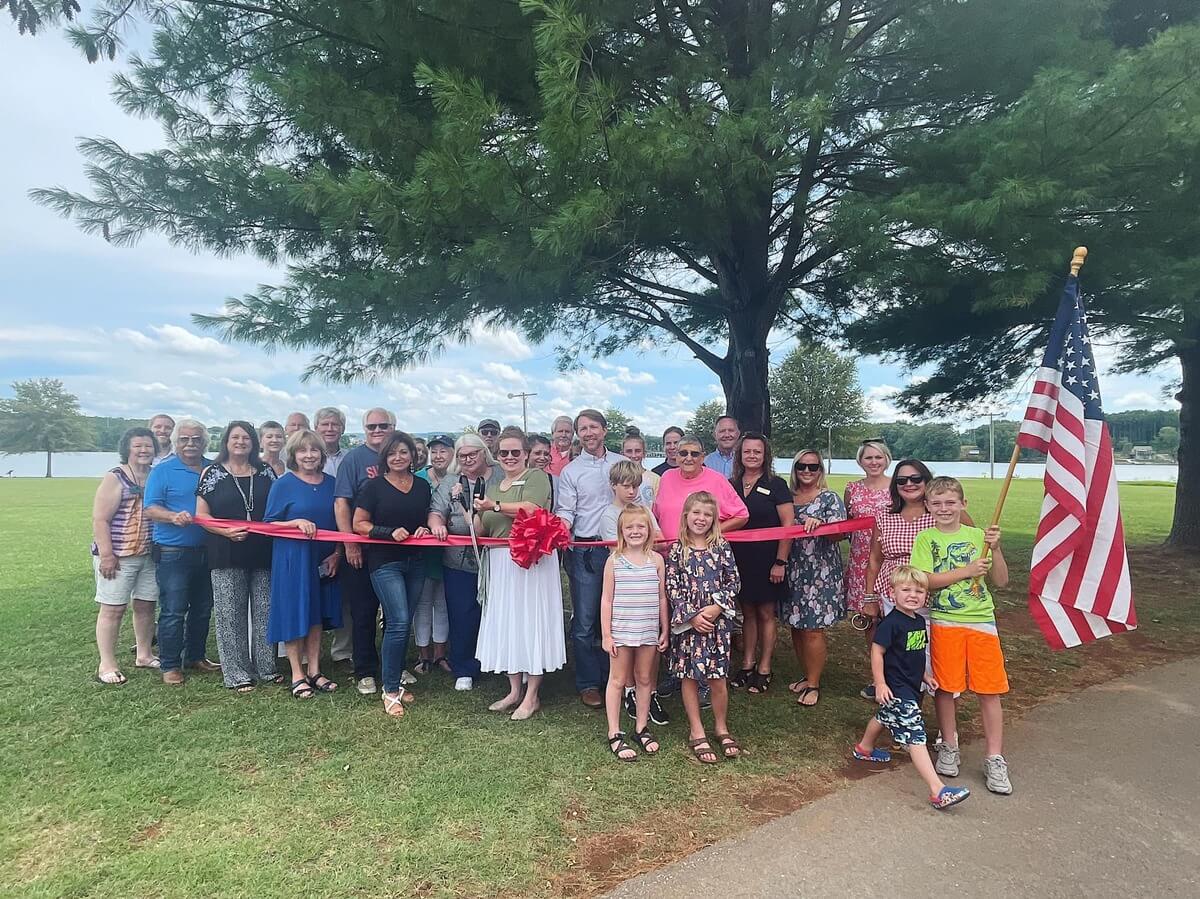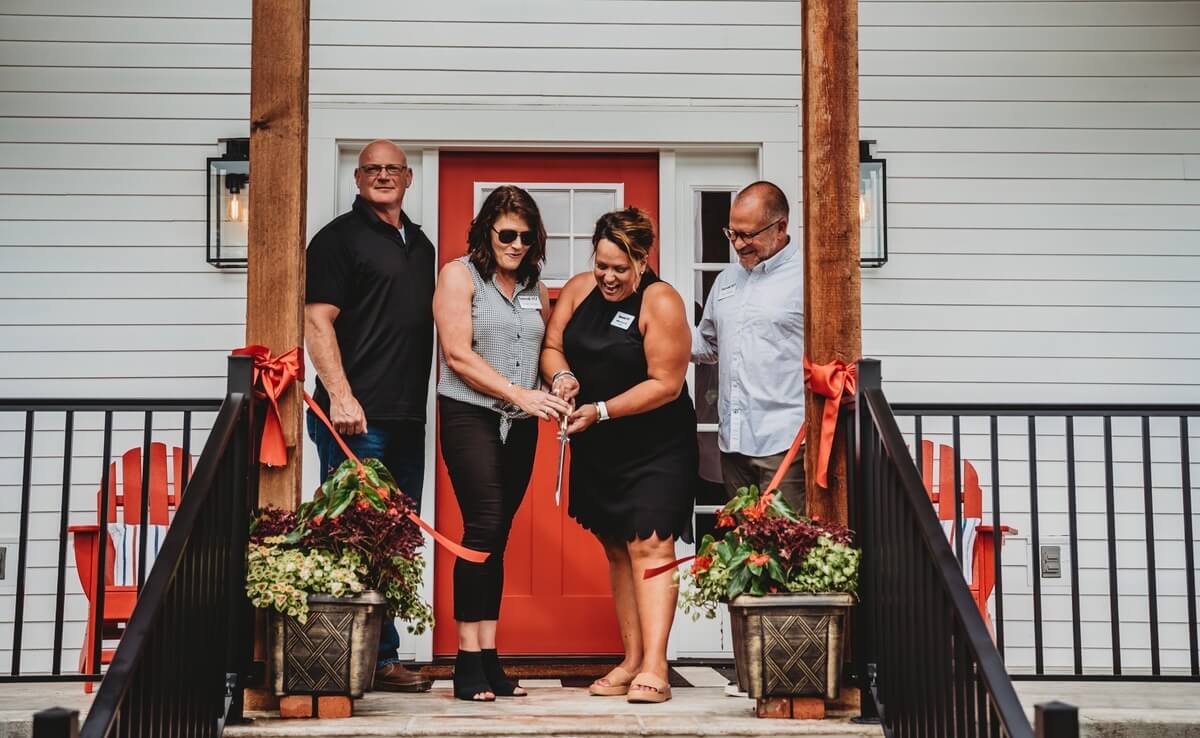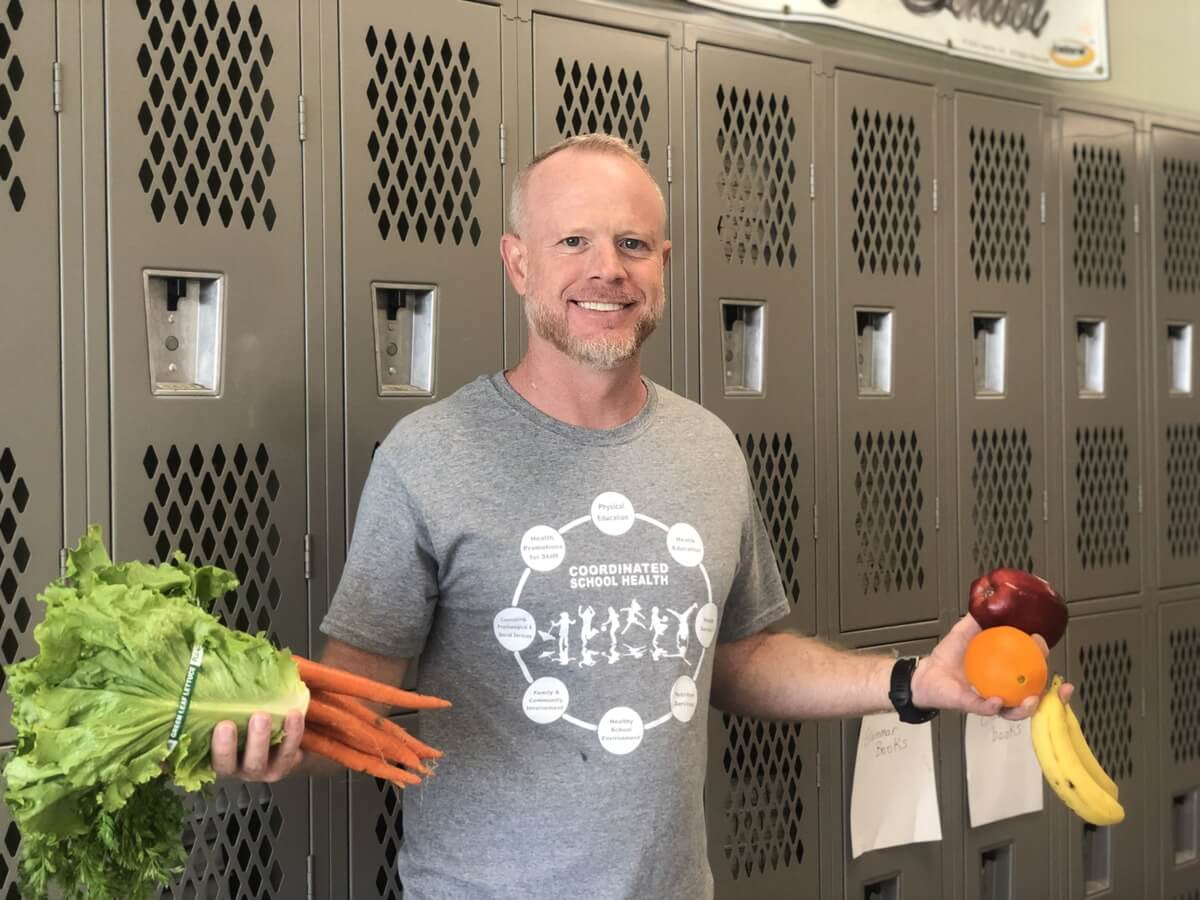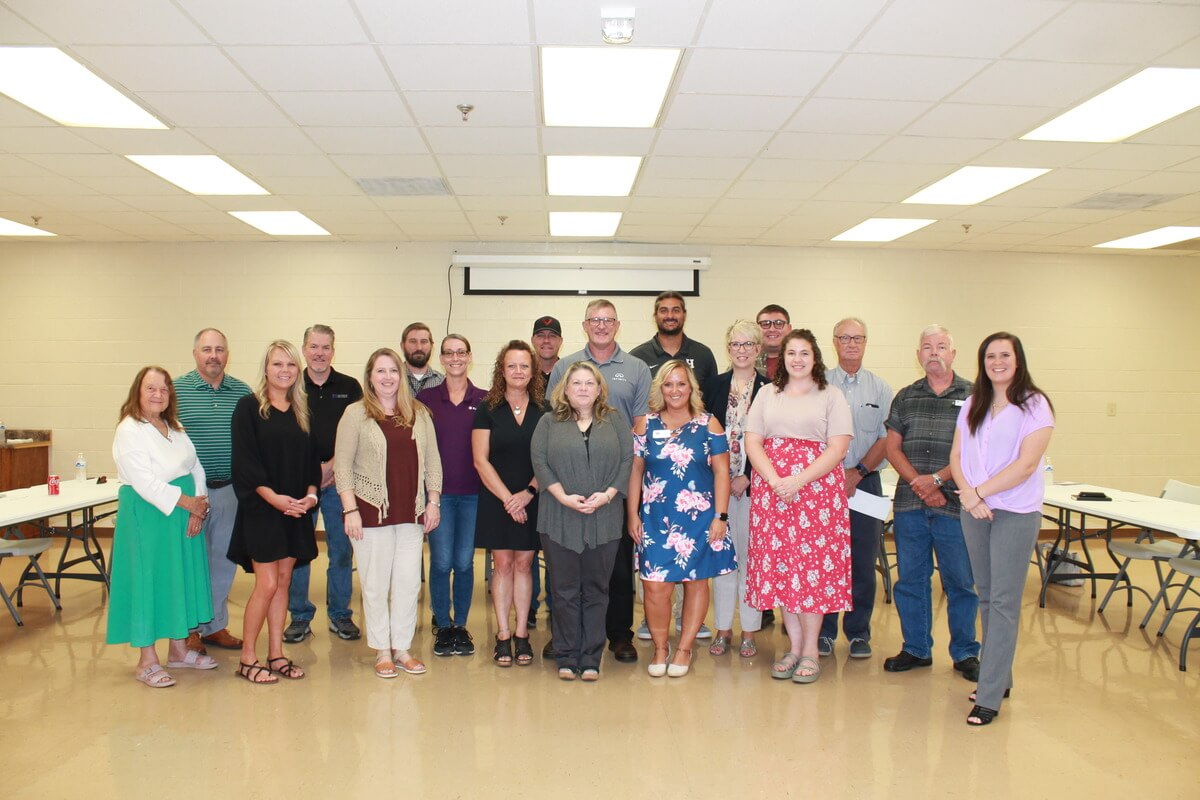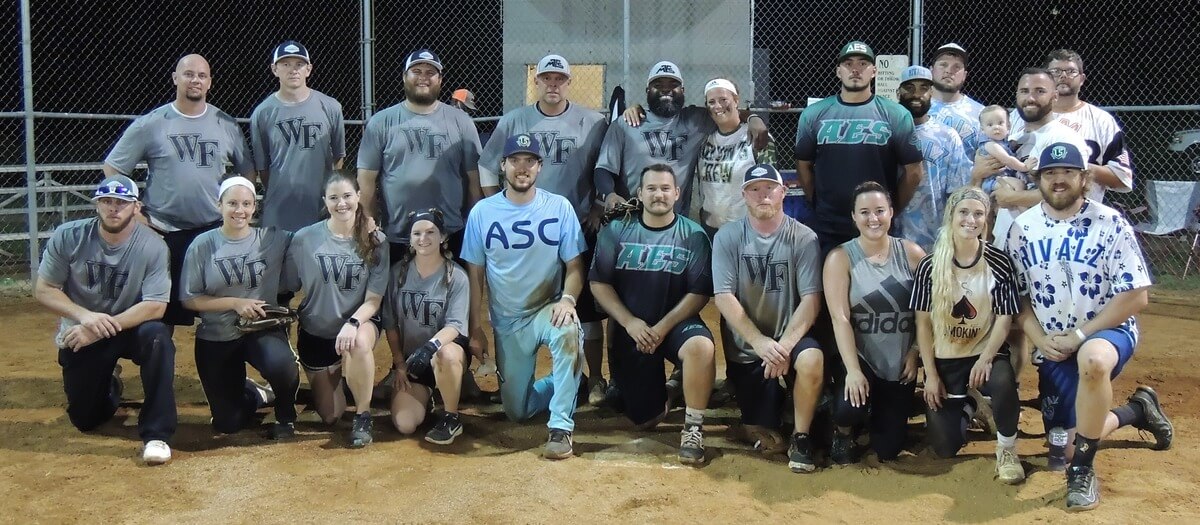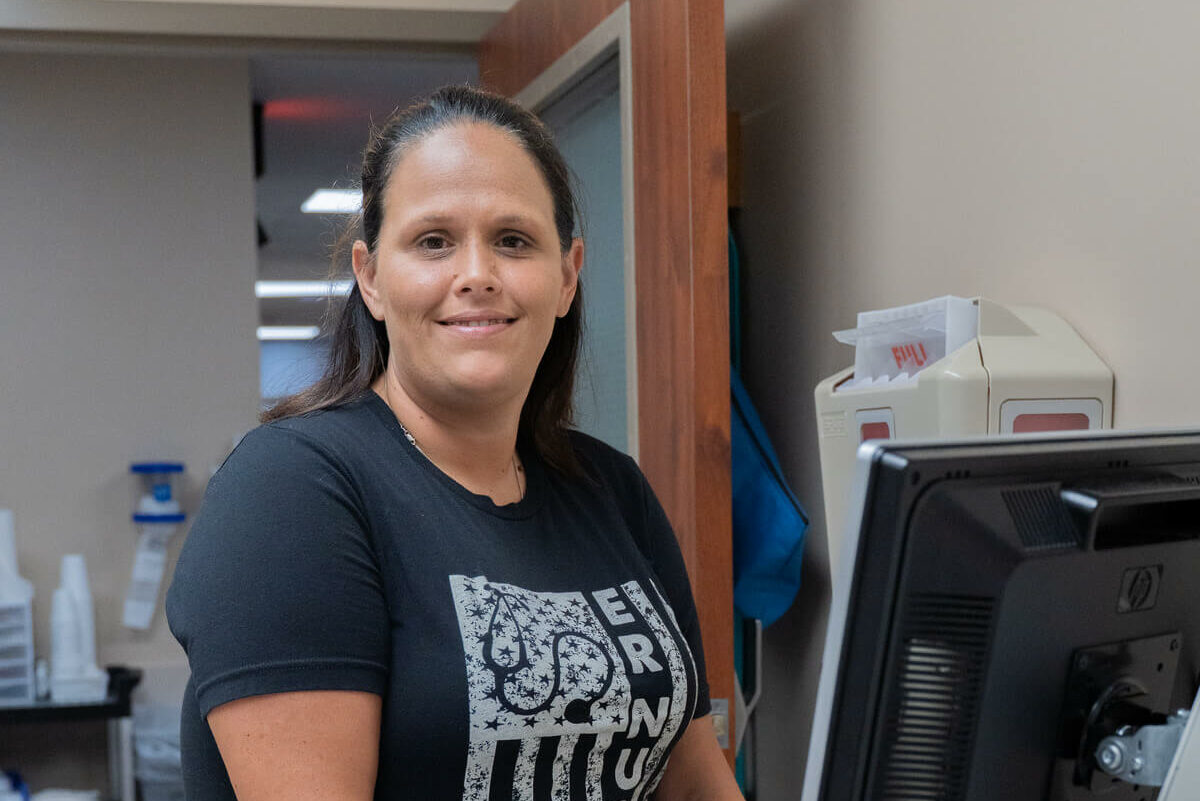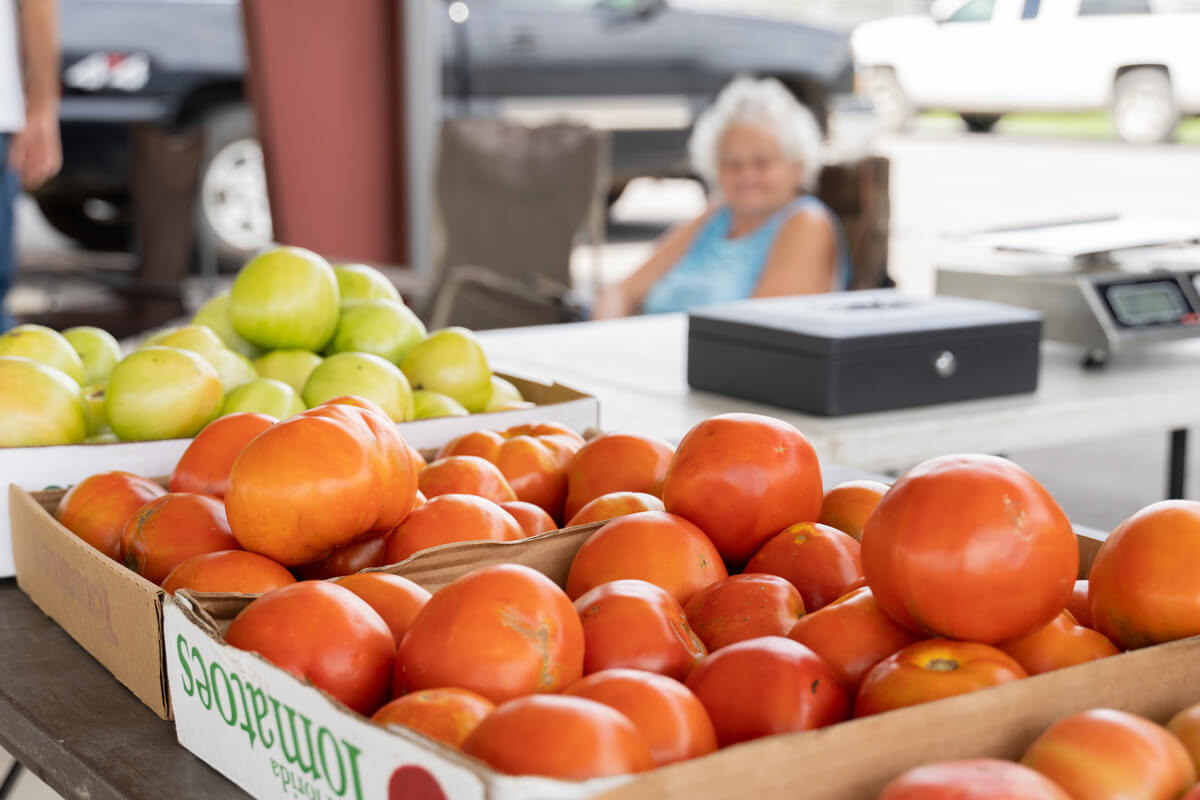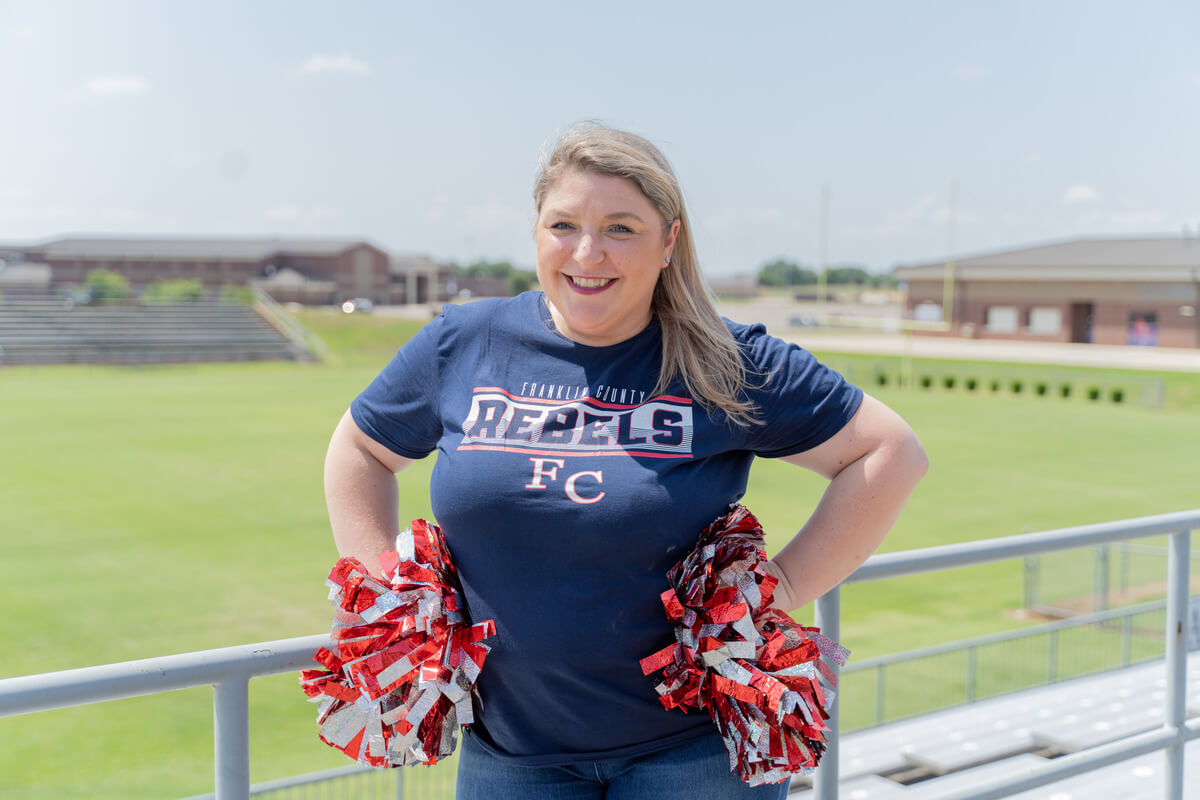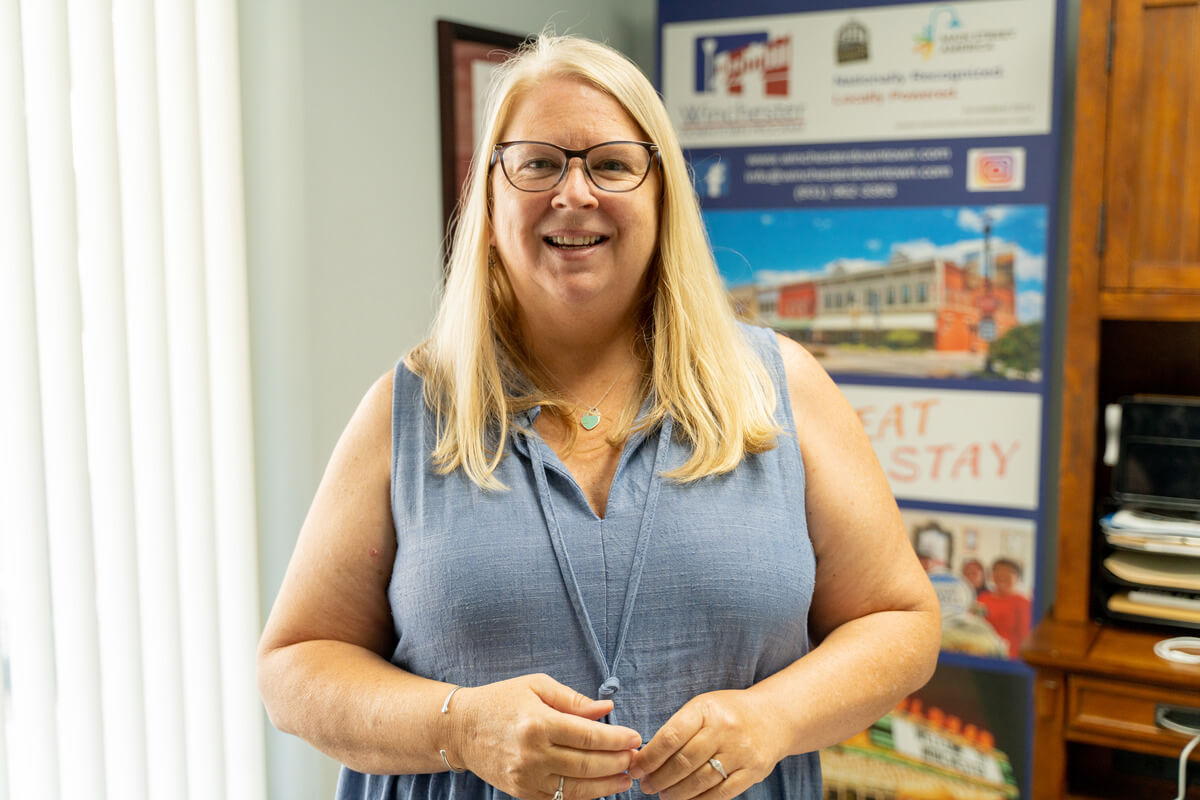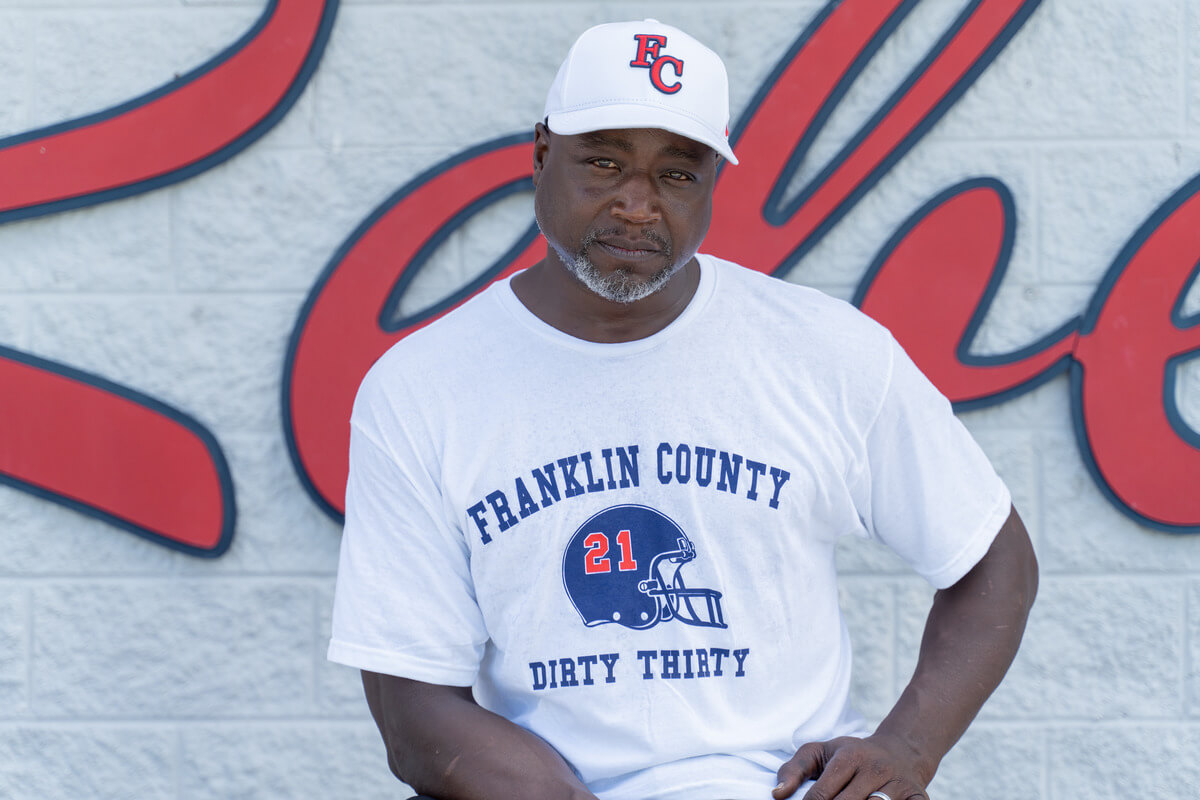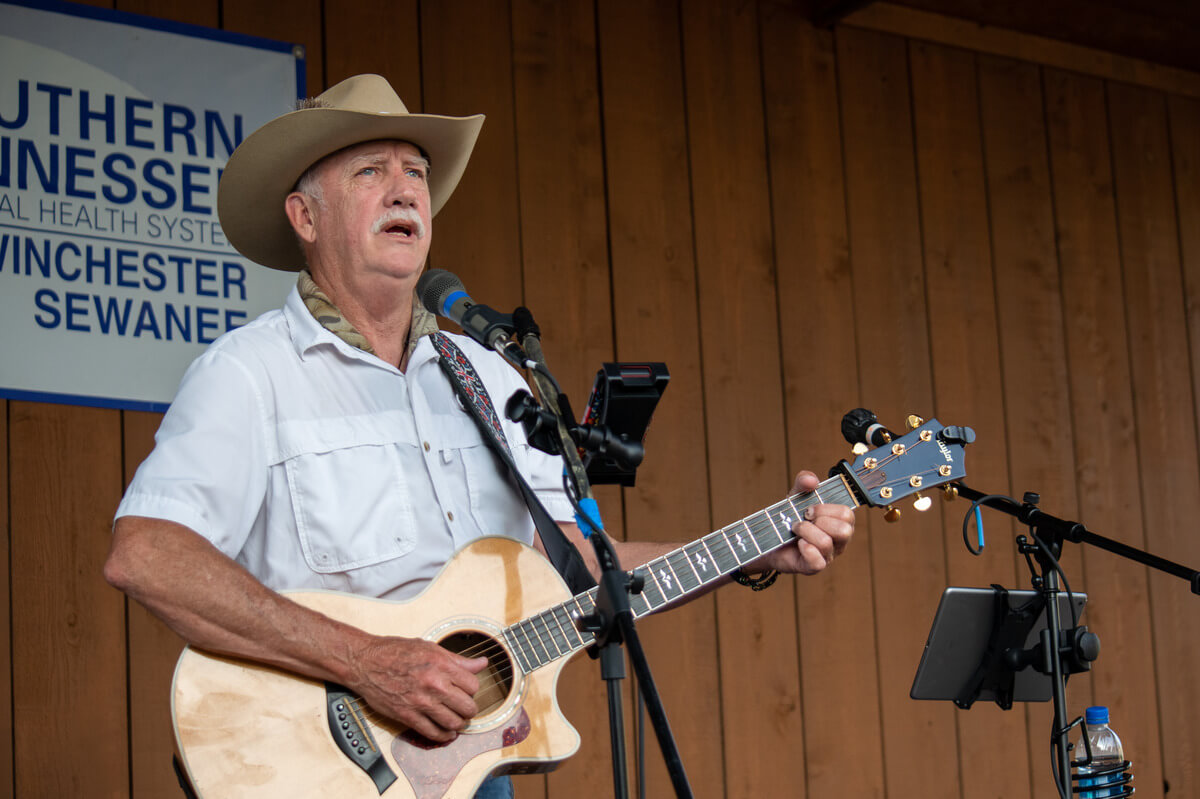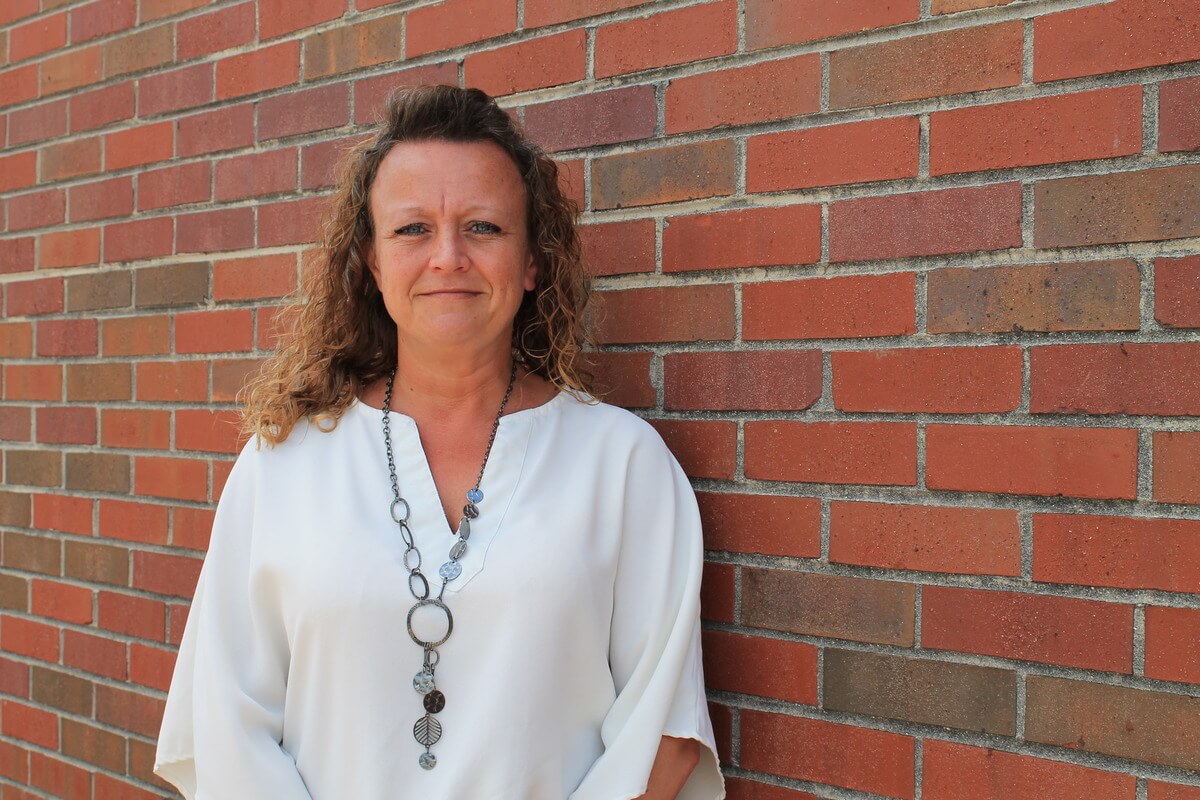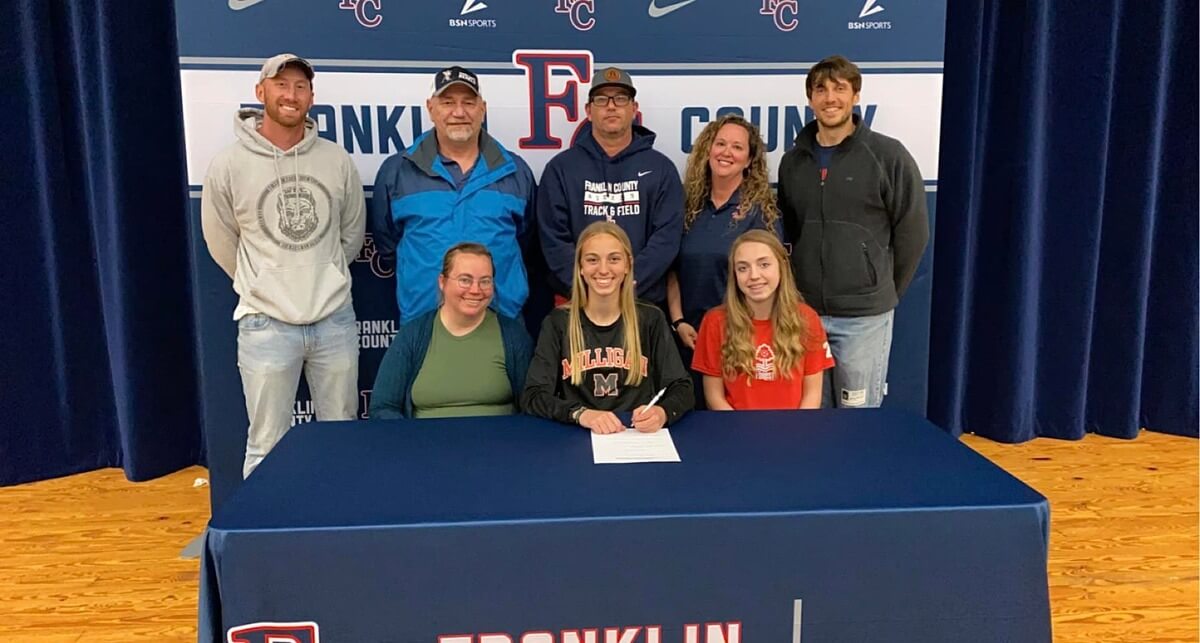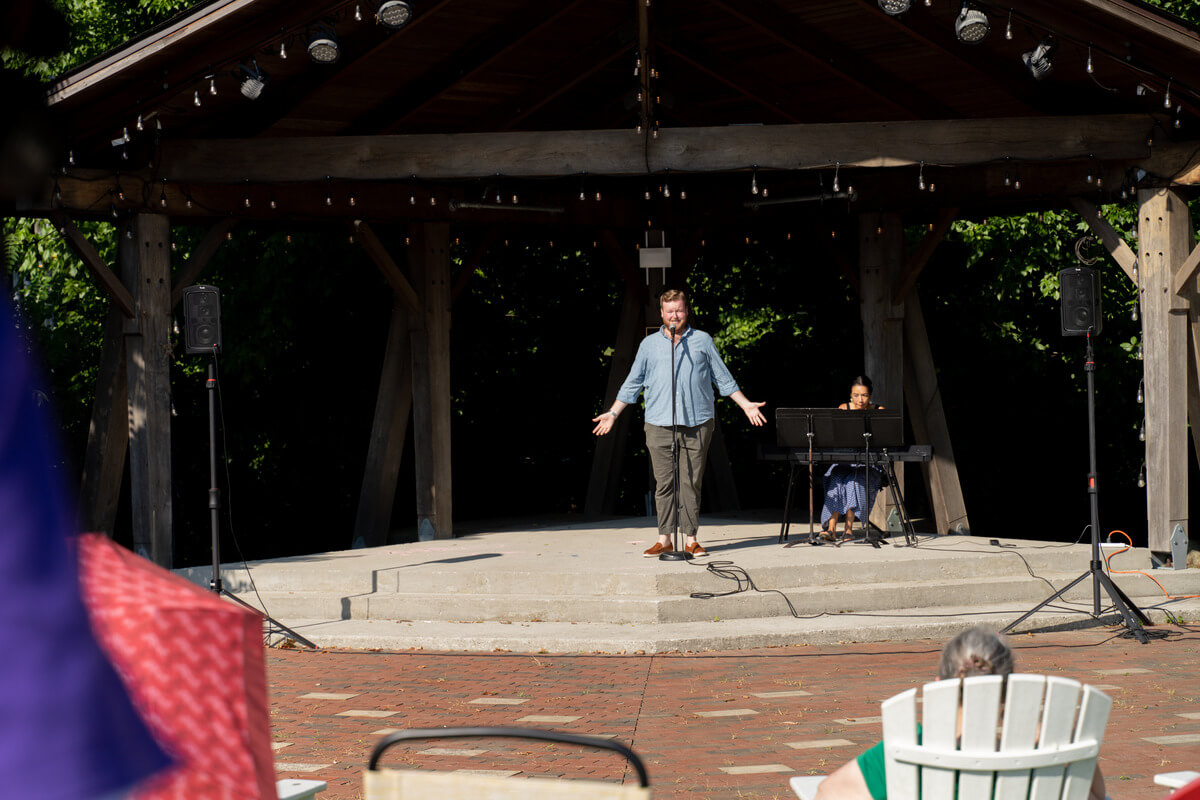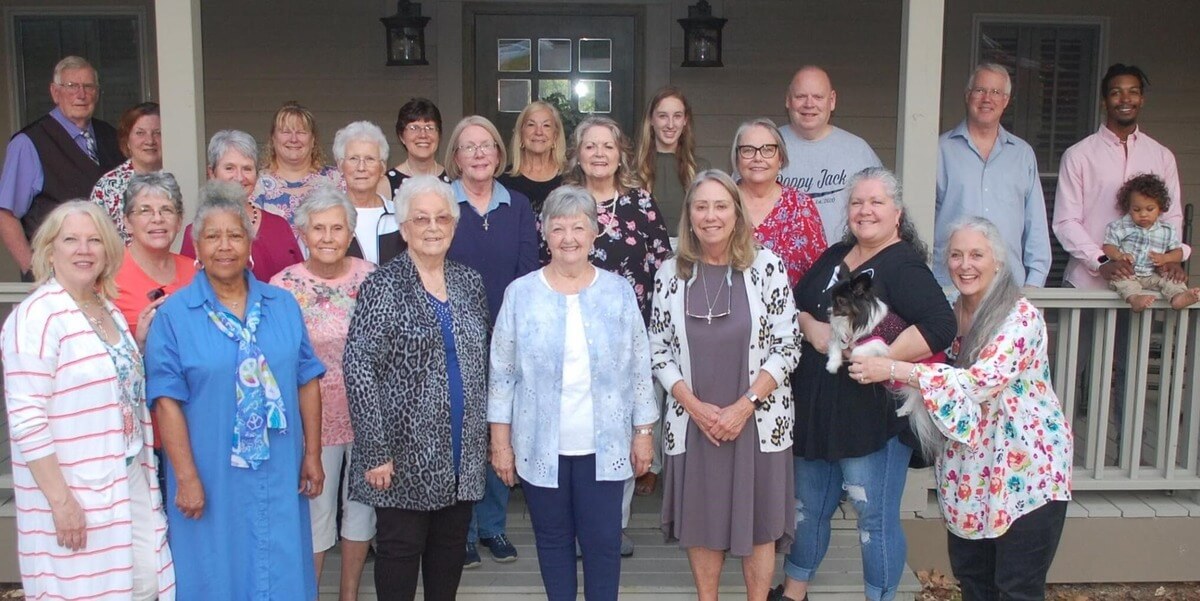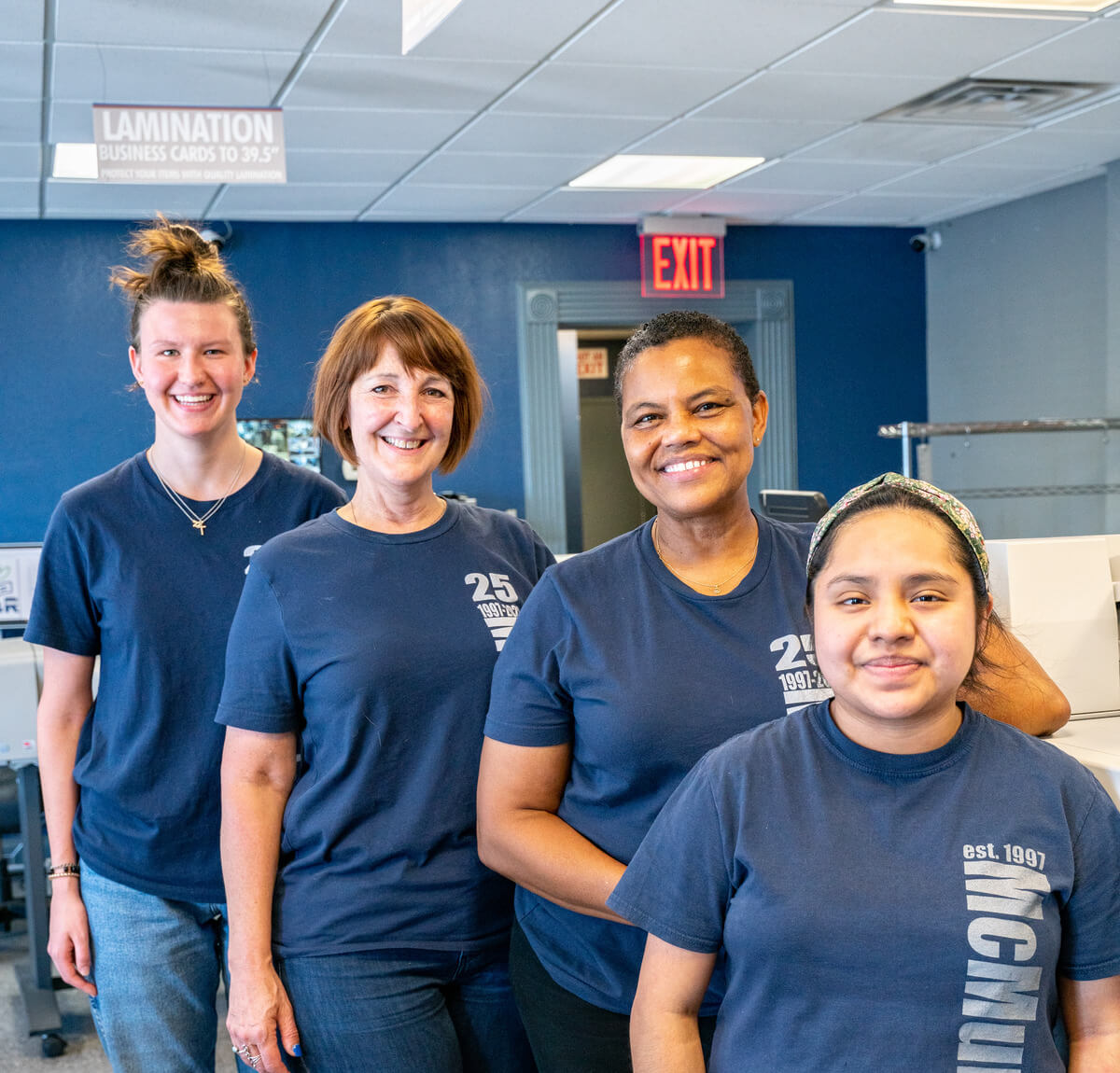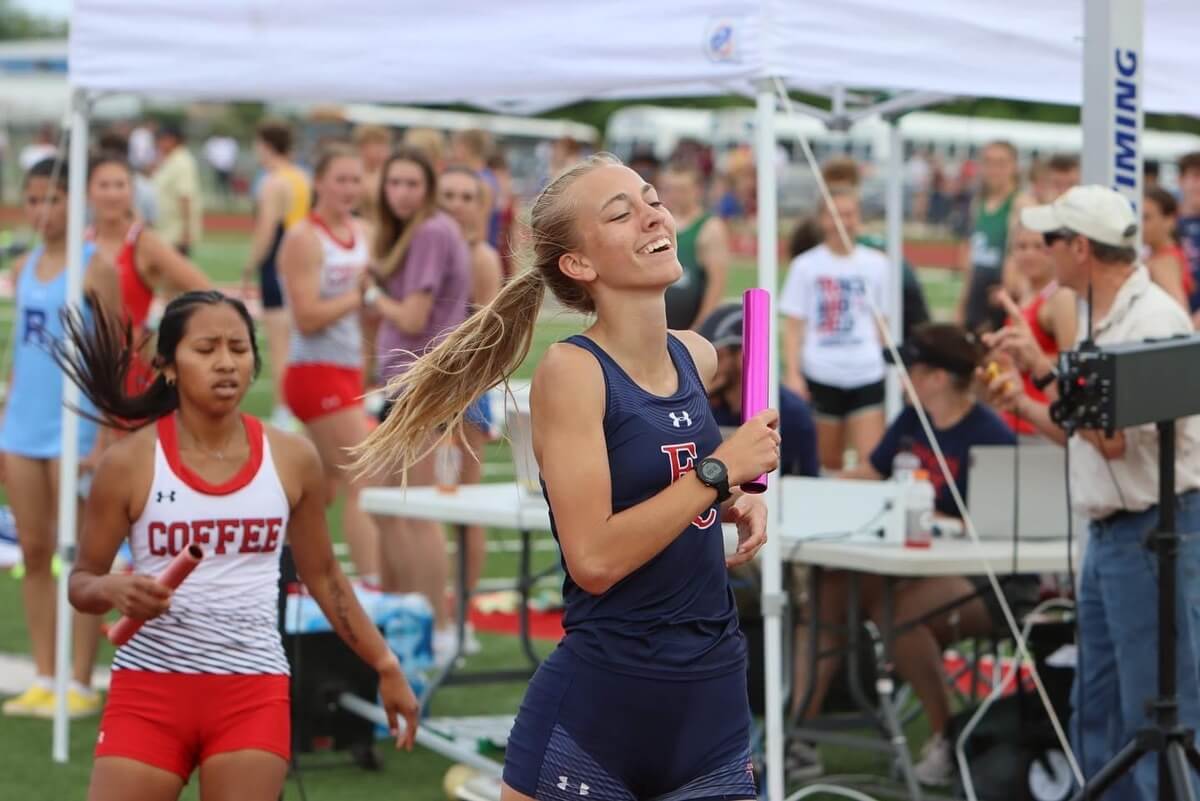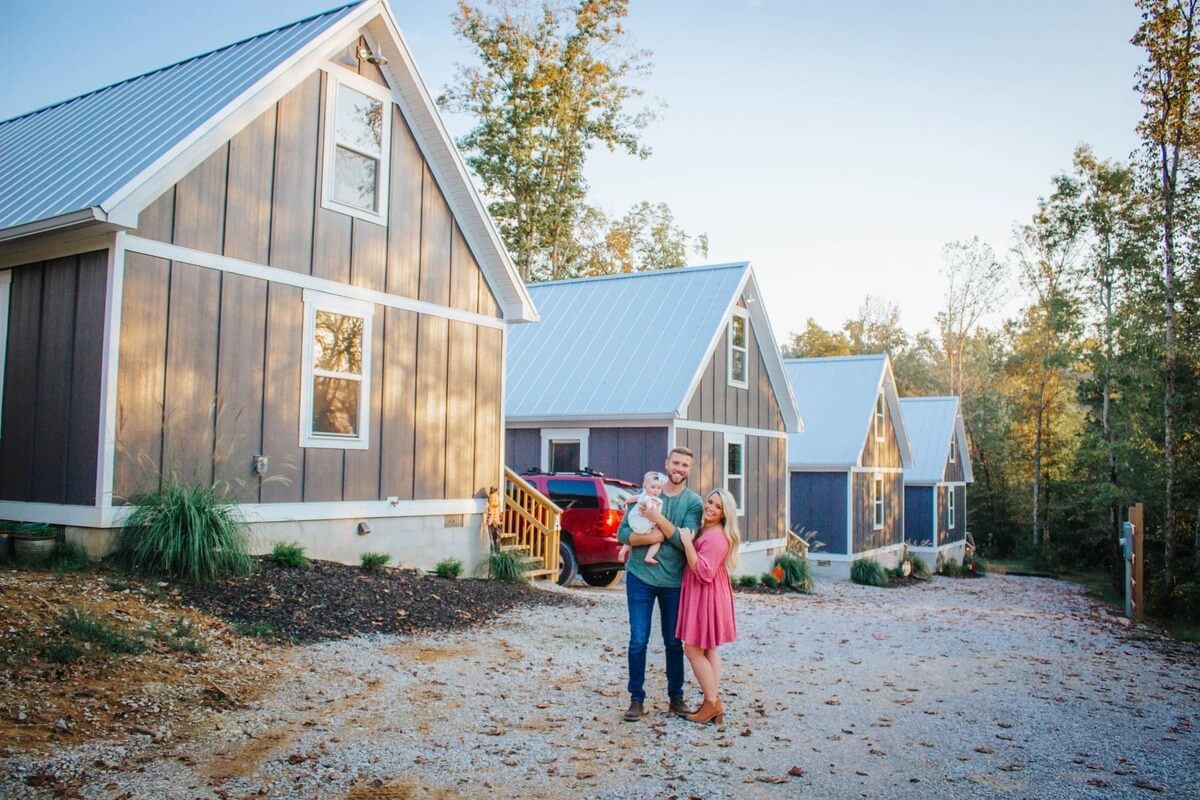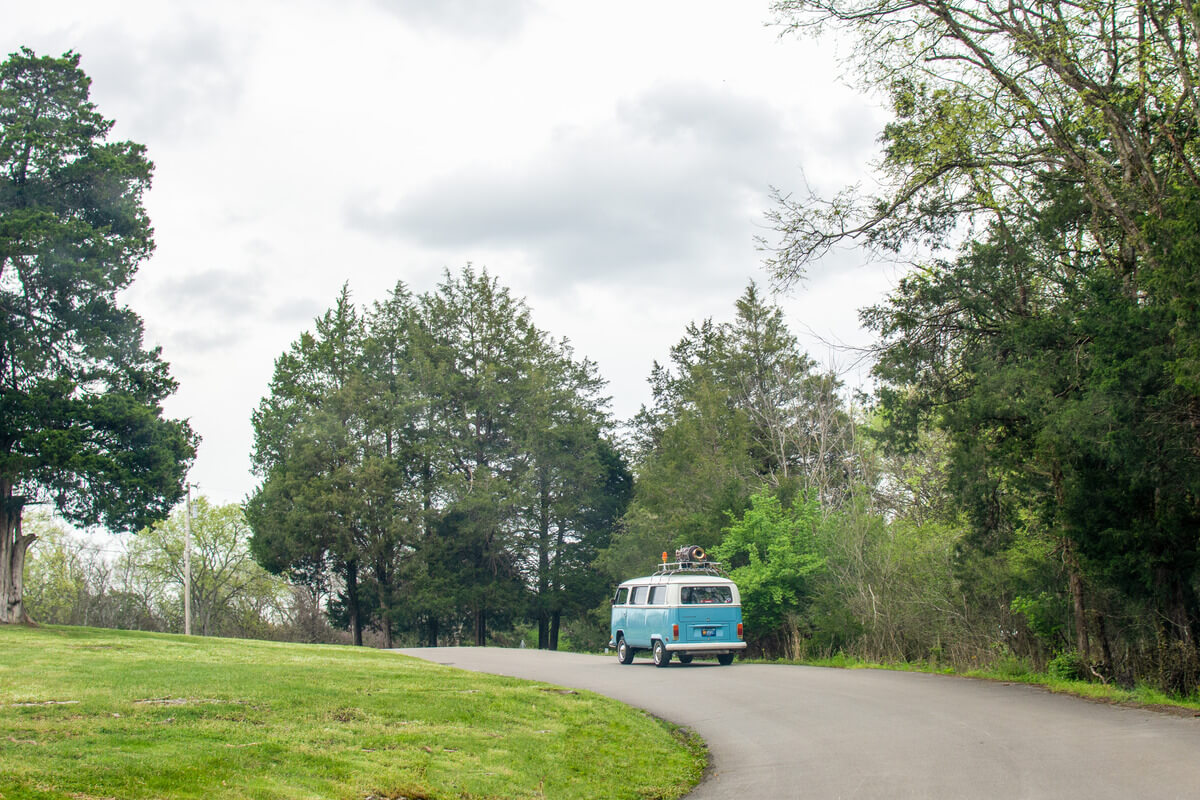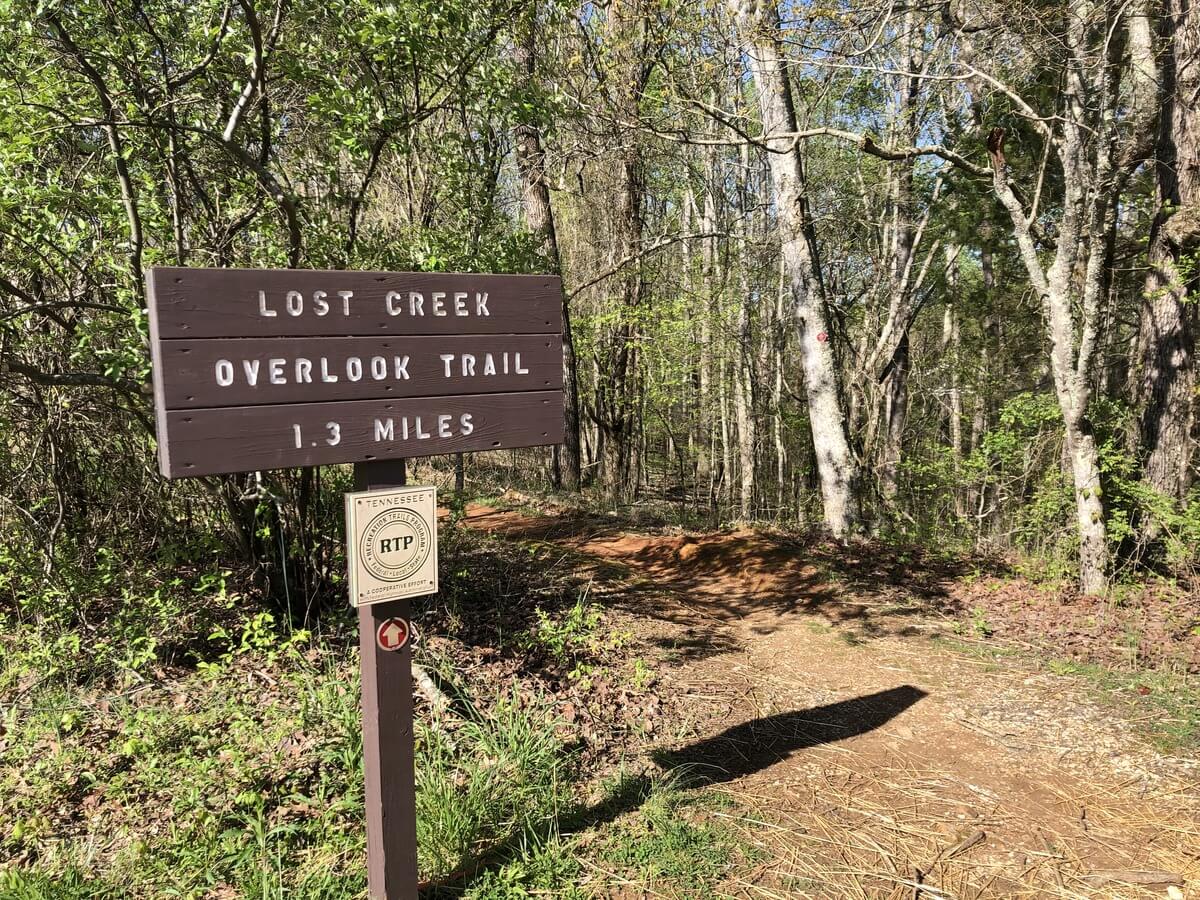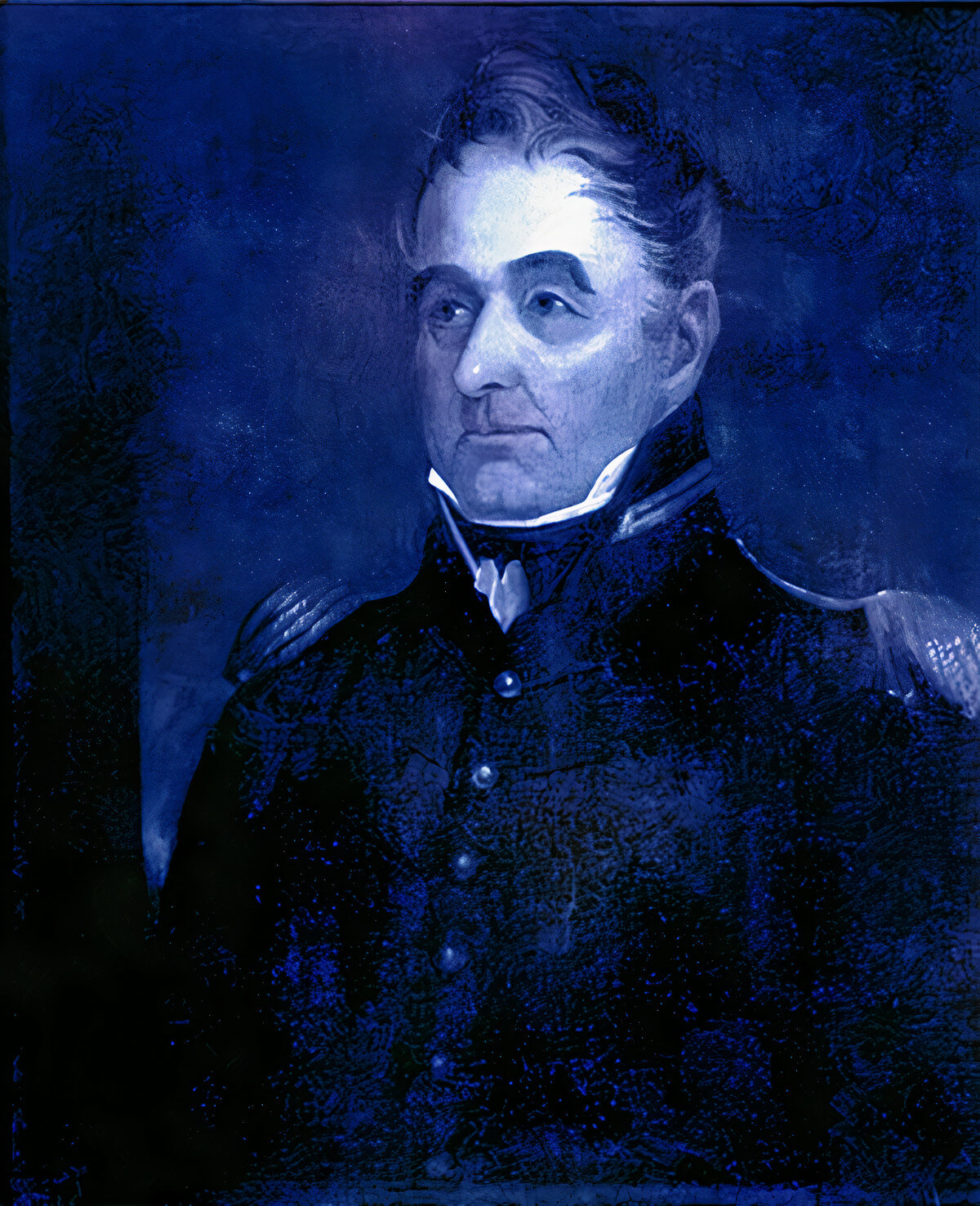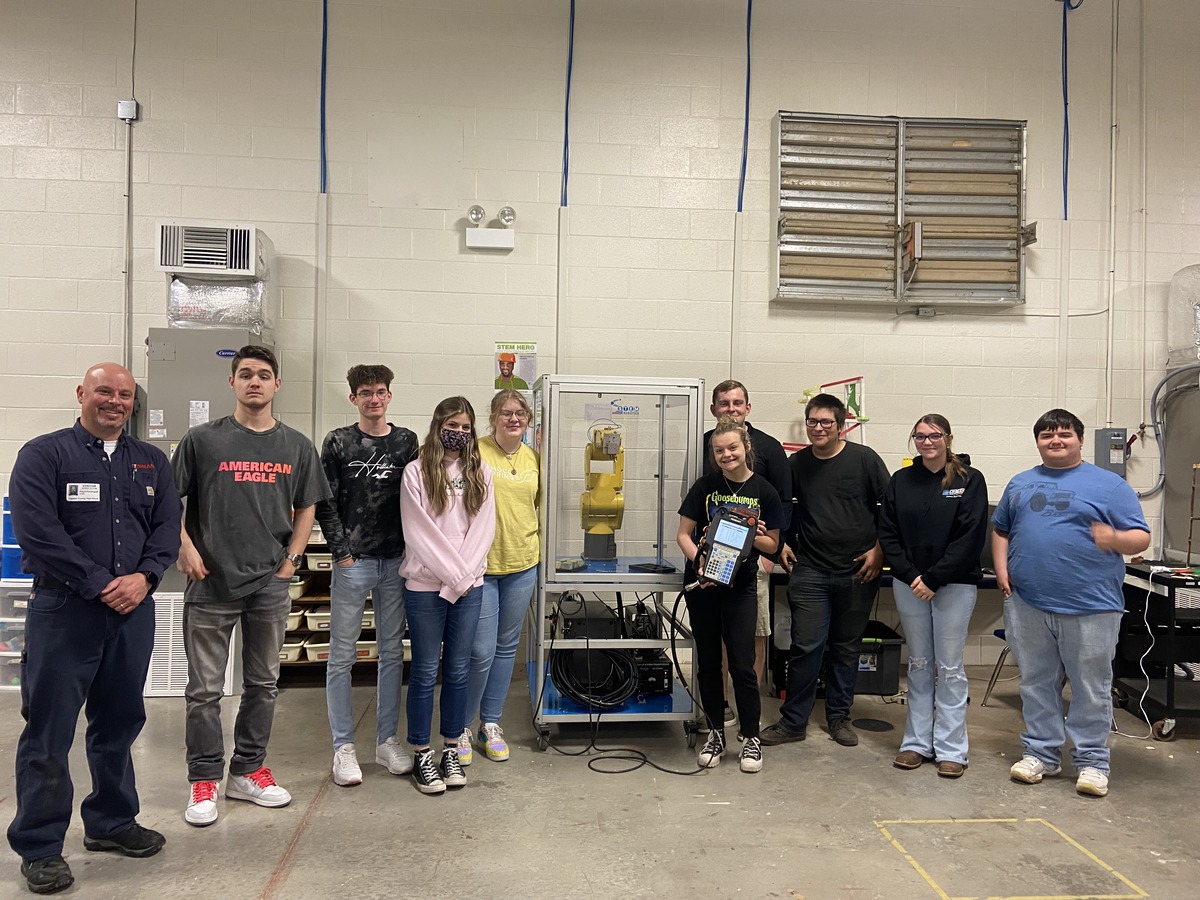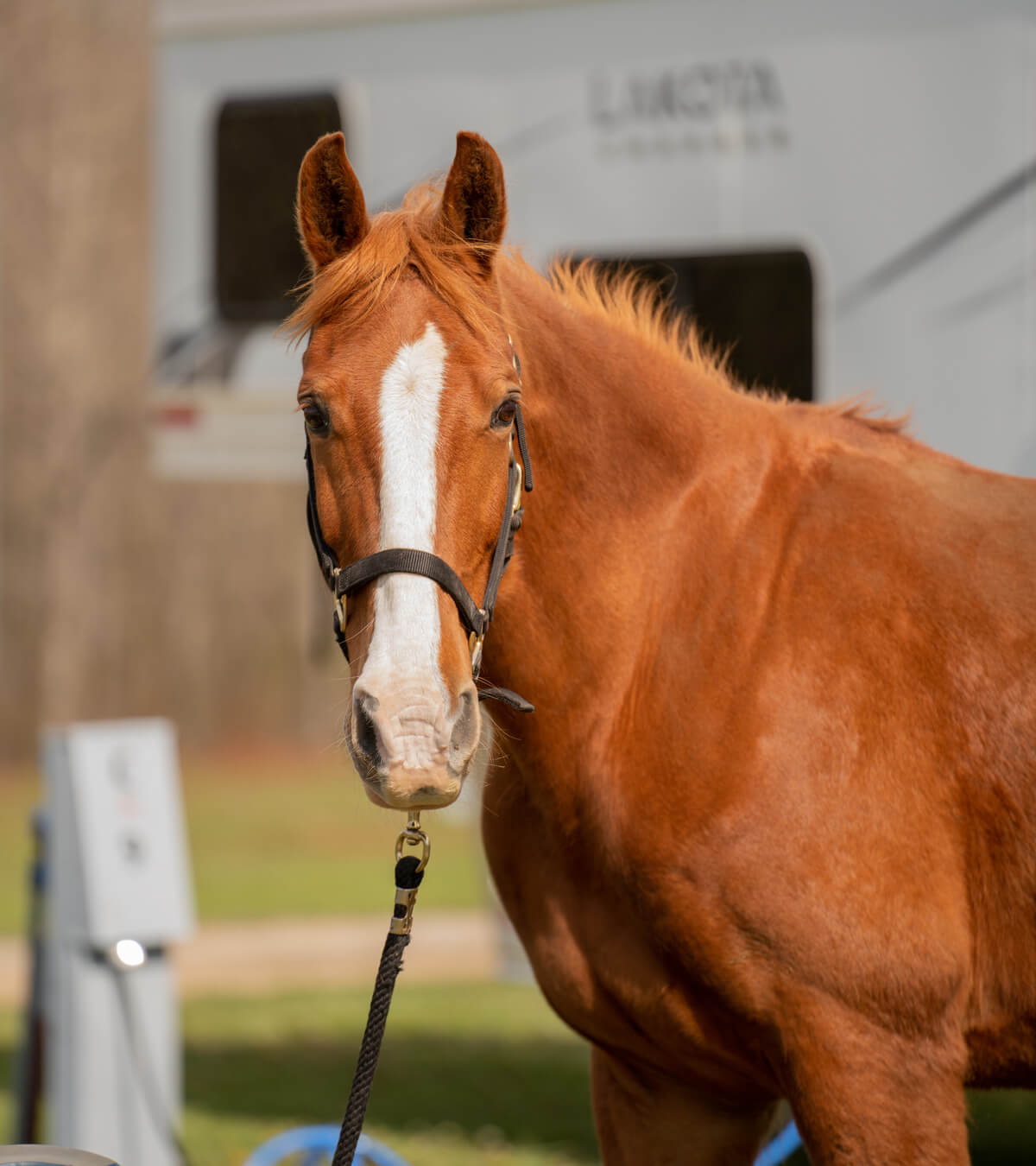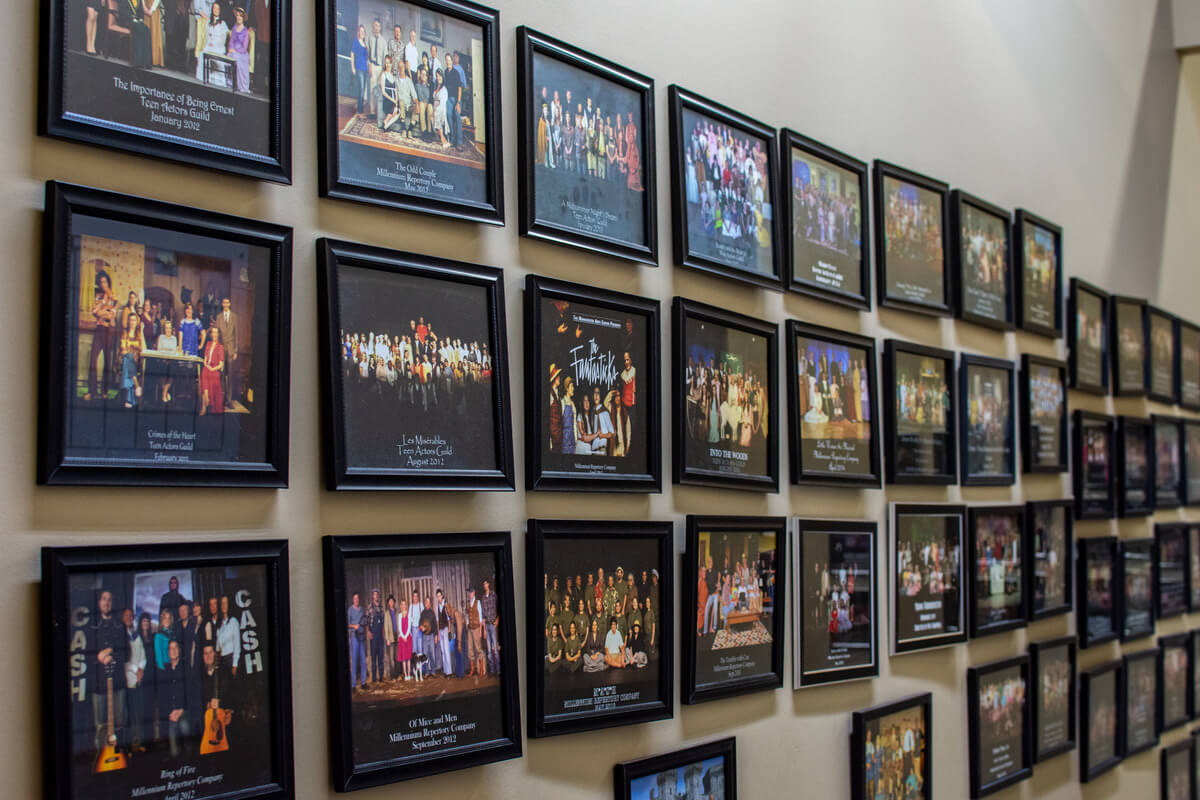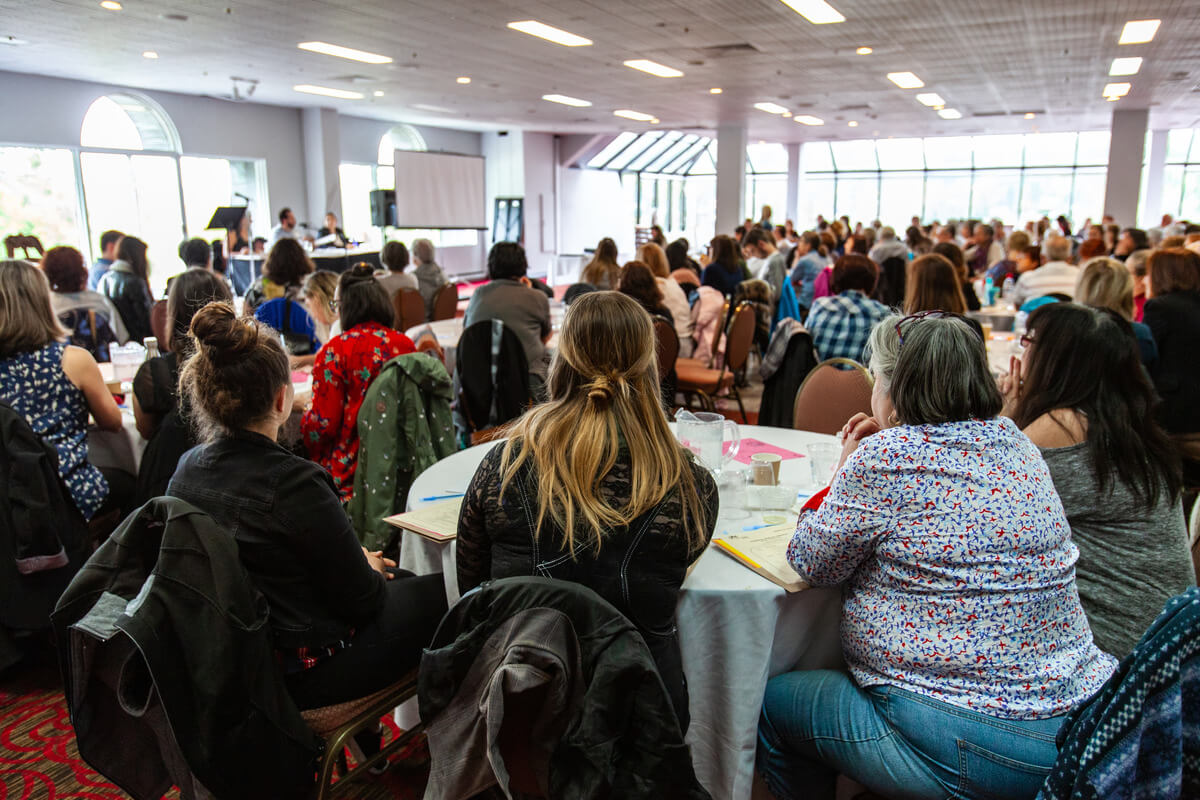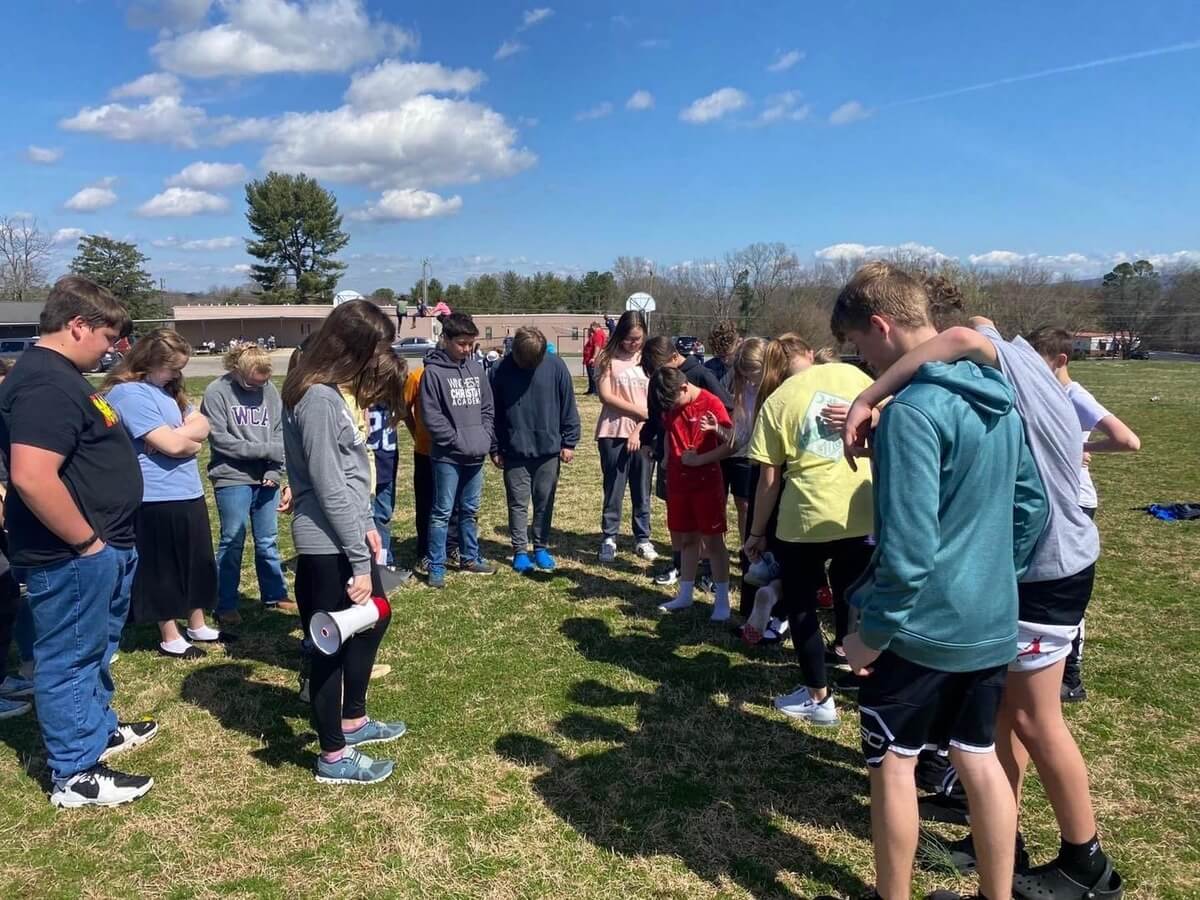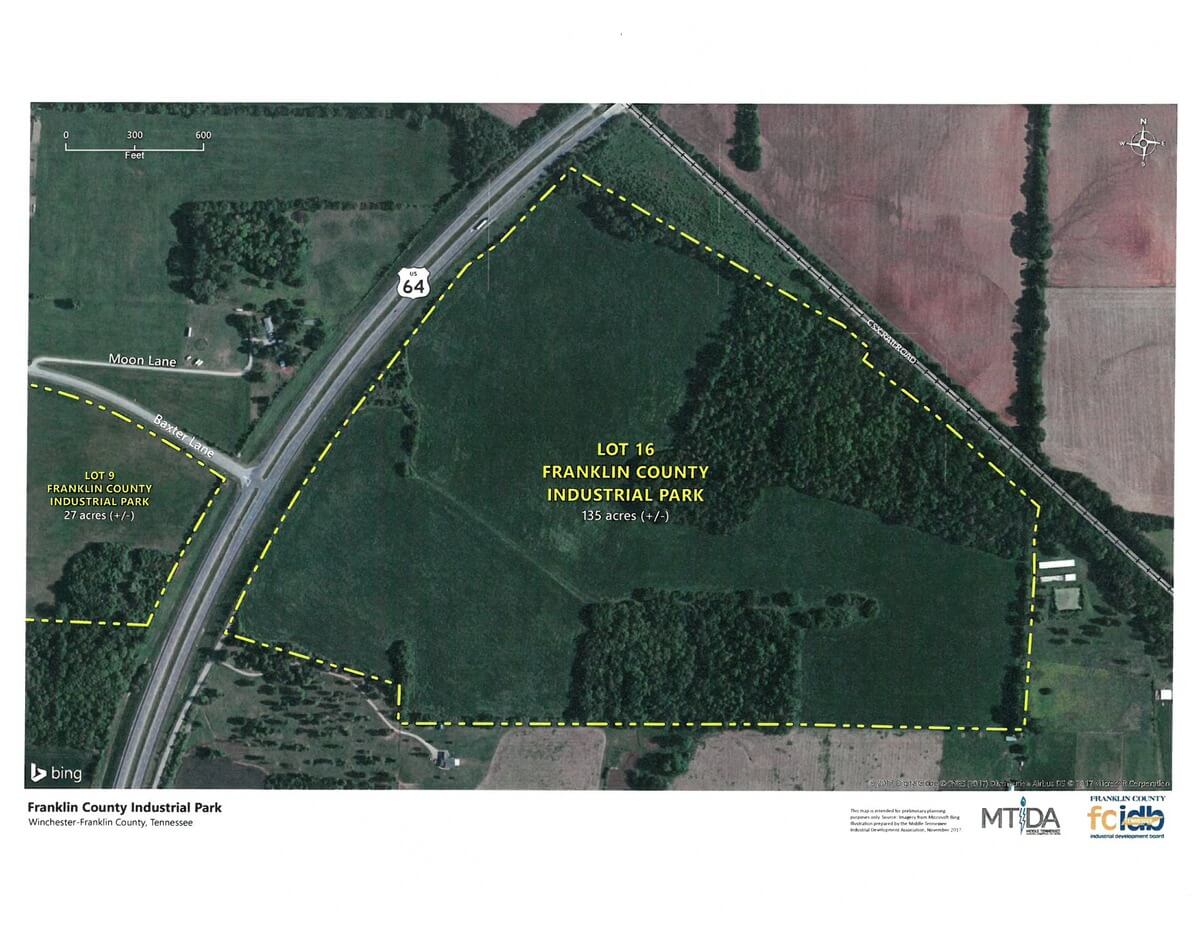IMAGINE A world overflowing with trash overshadowed by plastic mountains. This unsettling vision could have been a reality for Franklin County until Carol Fulmer, our “Recycling Queen,” and her enthusiasm stepped in. Her story is one of passion, perseverance, and a community transformed — all thanks to the power of recycling. Fulmer’s journey began with her backpack full of books and a yearning for knowledge. After graduating from Franklin County High School and spending time in banking, she embraced a second chance at education with the support of her husband, Tim Fulmer, and her daughter, Lindsey Fulmer (Ladd). A classmate’s enthusiasm for a blooming Nashville recycling program ignited an environmental spark.

“I started at Motlow and transferred to Middle Tennessee State University, graduating with a major in mathematics and a minor in computer science and education. I became interested in recycling due to the excitement and encouragement of a classmate who himself became energized when Nashville started a recycling program,” she explained.
The early ‘90s in Franklin County, however, offered no outlet for her ever-growing eco-consciousness. Witnessing the overflowing green boxes burning on the side of the road, often mistaken for bonfires by passersby, left her frustrated but undeterred. The lack of an outlet only strengthened her resolve to find a solution. Fulmer diligently stockpiled her recyclables, eventually finding a home for them across county lines into Nashville. The 1991 Solid Waste Act inspired the county to apply for grants to bring in clean, well-maintained convenience centers to replace green boxes.
Fulmer eventually stumbled upon a job advertisement that seemed tailor-made for her. The Interlocal Solid Waste Authority (ISWA), a collaborative effort between counties striving for costeffective waste management, was seeking a recycling coordinator. It was a perfect match. Fulmer’s dedication and expertise blossomed within the ISWA, but Fulmer knew there was more work to do.
She and the solid waste director spearheaded the “blue bag concept.” This concept allows residents to conveniently recycle different materials at all centers, making it more costeffective. Through tireless presentations to city councils, curbside recycling became a reality for the entire county, mirroring the ease of trash disposal.

Convenience centers transformed, boasting designated bins for each recyclable commodity — metal, aluminum, paper, cardboard, plastic bottles, and jugs. Businesses, too, benefitted from Fulmer’s collaborative efforts with community leaders. A cardboard collection program tackled waste disposal challenges, saving them money while contributing to the county’s 25% waste reduction goal — a collective triumph. Community members can now easily recycle, as all cities offer curbside recycling alongside trash pickup.
The success story wasn’t confined to infrastructure. Fulmer’s passion burned brightest when educating others. Her interactive programs were anything but dull. She held a “recycling relay race” where teams raced to sort items, learning valuable facts and the environmental benefits of recycling along the way. The thrill of competition is intertwined with environmental education, making it a win-win for all.
Her STEM-related activities, toss games, and “Where Does This Go?” challenges captivated younger audiences. The message resonated deeply, turning children into recycling ambassadors and coaching adults who strayed from the green path.
The impact of Fulmer’s work transcended environmental benefits. Increased recycling participation means a lighter burden on taxpayers’ wallets and a more significant economic benefit for the community.
Franklin County relies on property taxes to fund garbage disposal. Every recycled item means less waste to manage, translating to cost savings for the county and revenue from the sale of recyclables — a double win.
“When a resident puts an item into their garbage, it costs the county money. However, when the community recycles, the county does not pay, and the county receives revenue from the sale of the recyclables,” Fulmer said.

But perhaps the most heartwarming aspect of Fulmer’s success comes from a fellow teacher, Vickie Acklen. After attending one of Fulmer’s school programs, Acklen’s daughter became a recycling fanatic, even holding her family accountable for their sorting habits.
She added, “My stunned reply was simply, ‘Good for her.’ If only we had one in every household.”
It takes everyone working together to make recycling a success. The changes made over the years are the result of collaborative efforts from many individuals committed to safeguarding the community’s future.
Fulmer finds immense satisfaction today as younger generations embrace the mantle of environmental responsibility. Witnessing the seeds she sowed blossom into a community actively reducing waste and embracing a sustainable future fills her with pride. Fulmer’s story is an inspiring example and reminder that we can tackle even the most daunting environmental challenges — one recycled bottle, one informed child, and one passionate advocate at a time. GN










